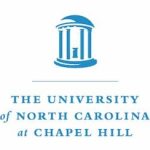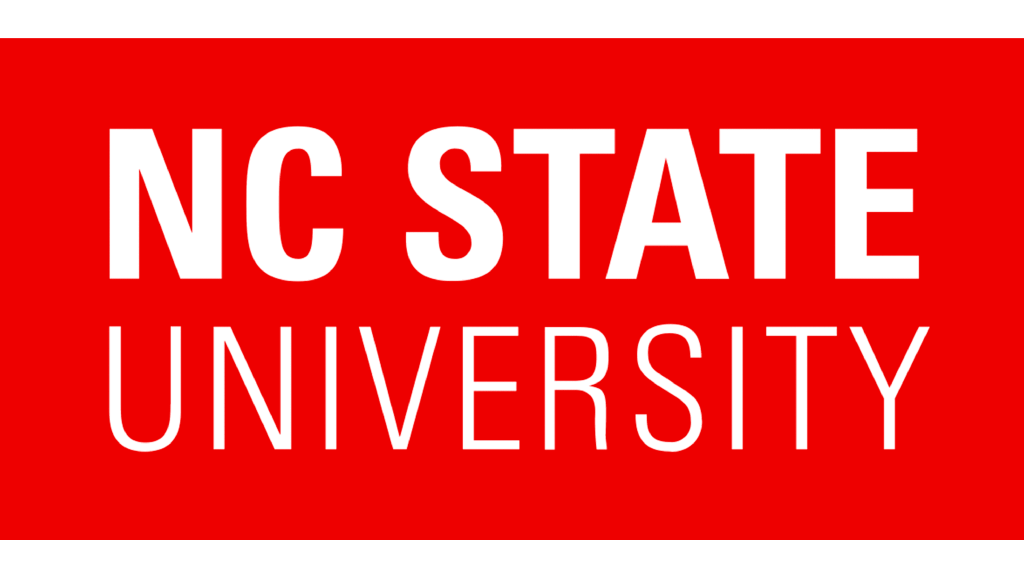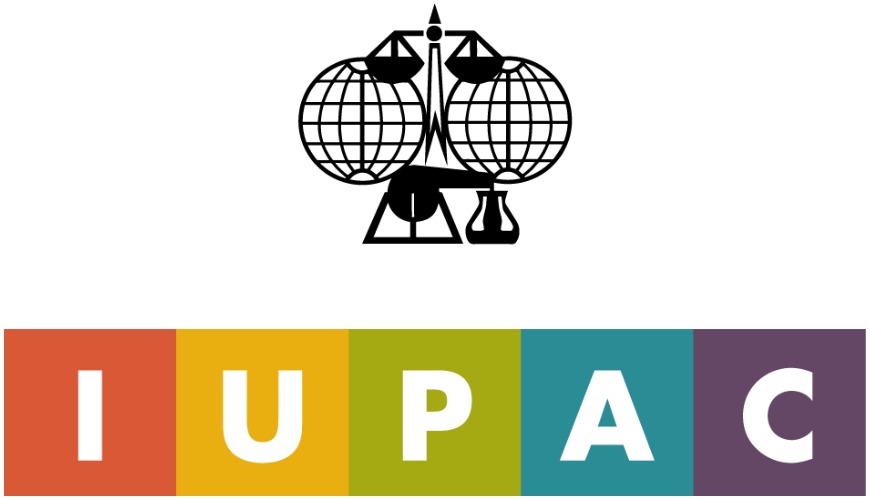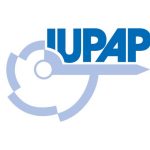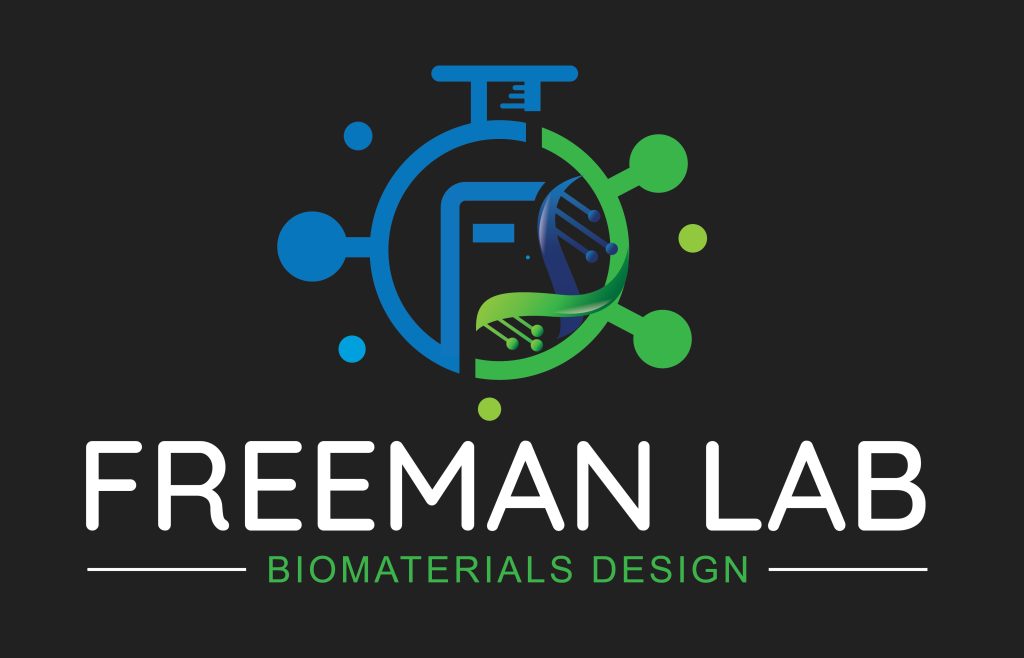**Program subject to change
Poster boards accommodate posters with sizes up to 8ft (landscape) by 4ft (portrait)
If you need hotel accommodations, please email Ana Patino at ismc24@soft-matter.com
ISMC 2024
The 8th International Soft Matter Conference
July 29 - August 2, 2024
Raleigh, North Carolina, USA

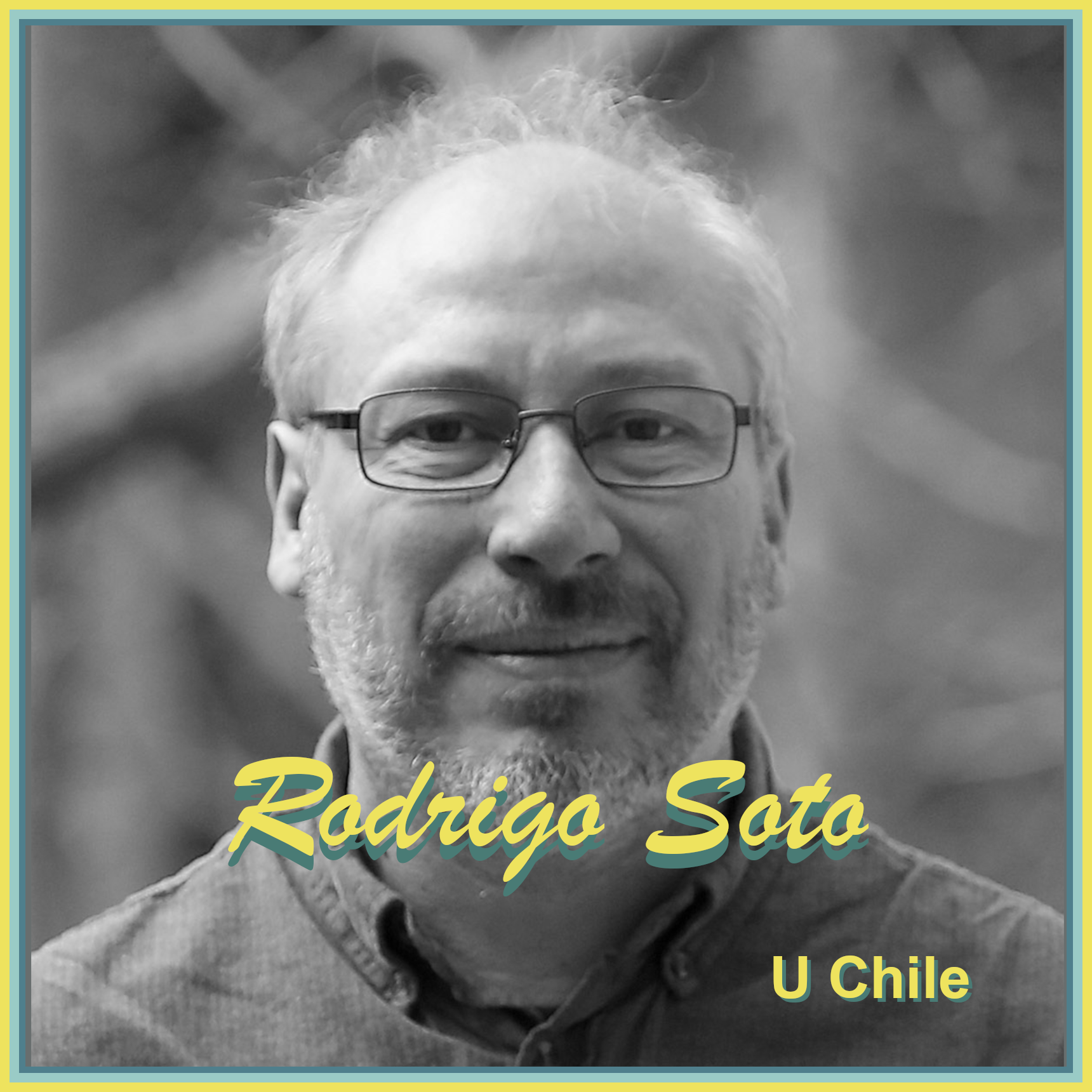
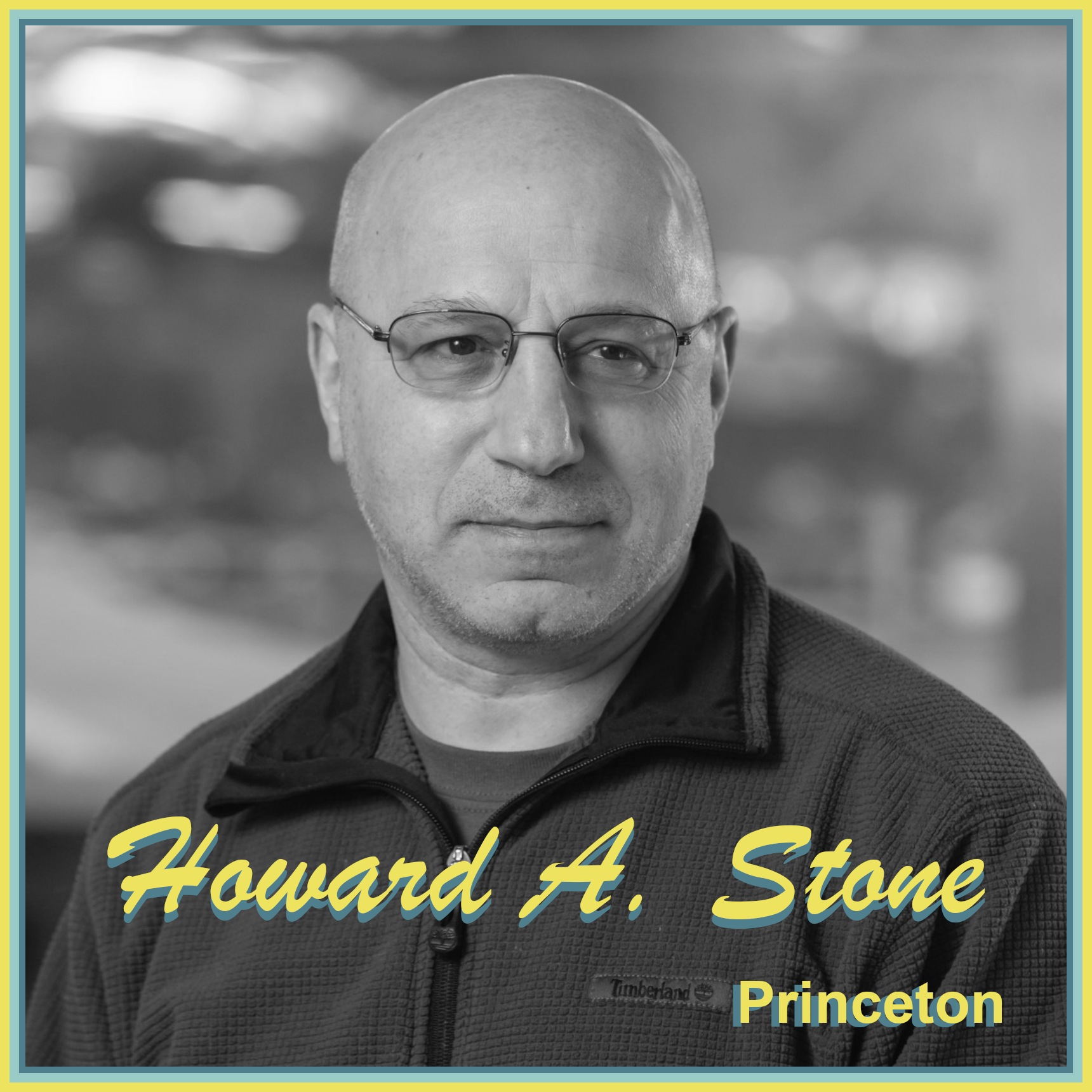
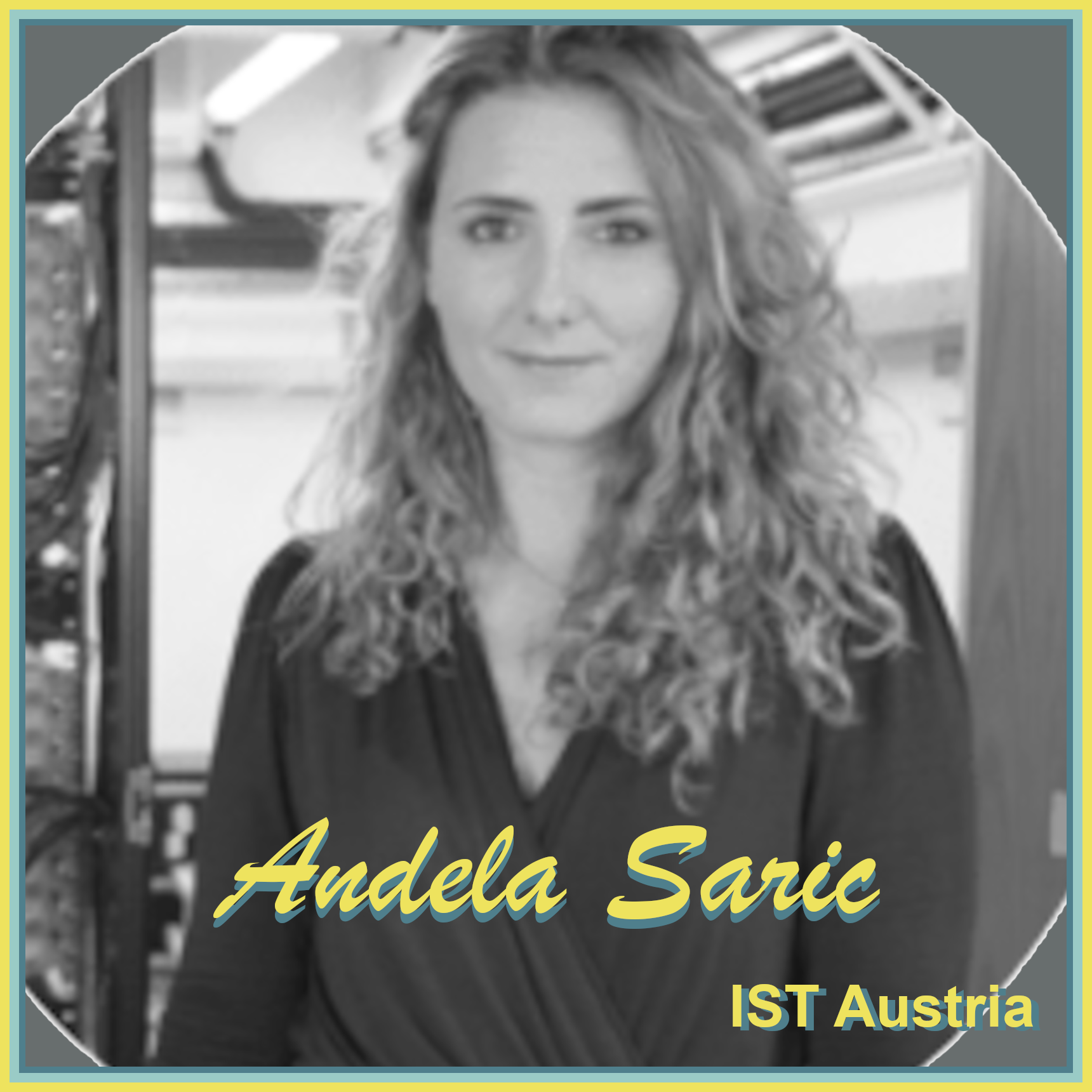
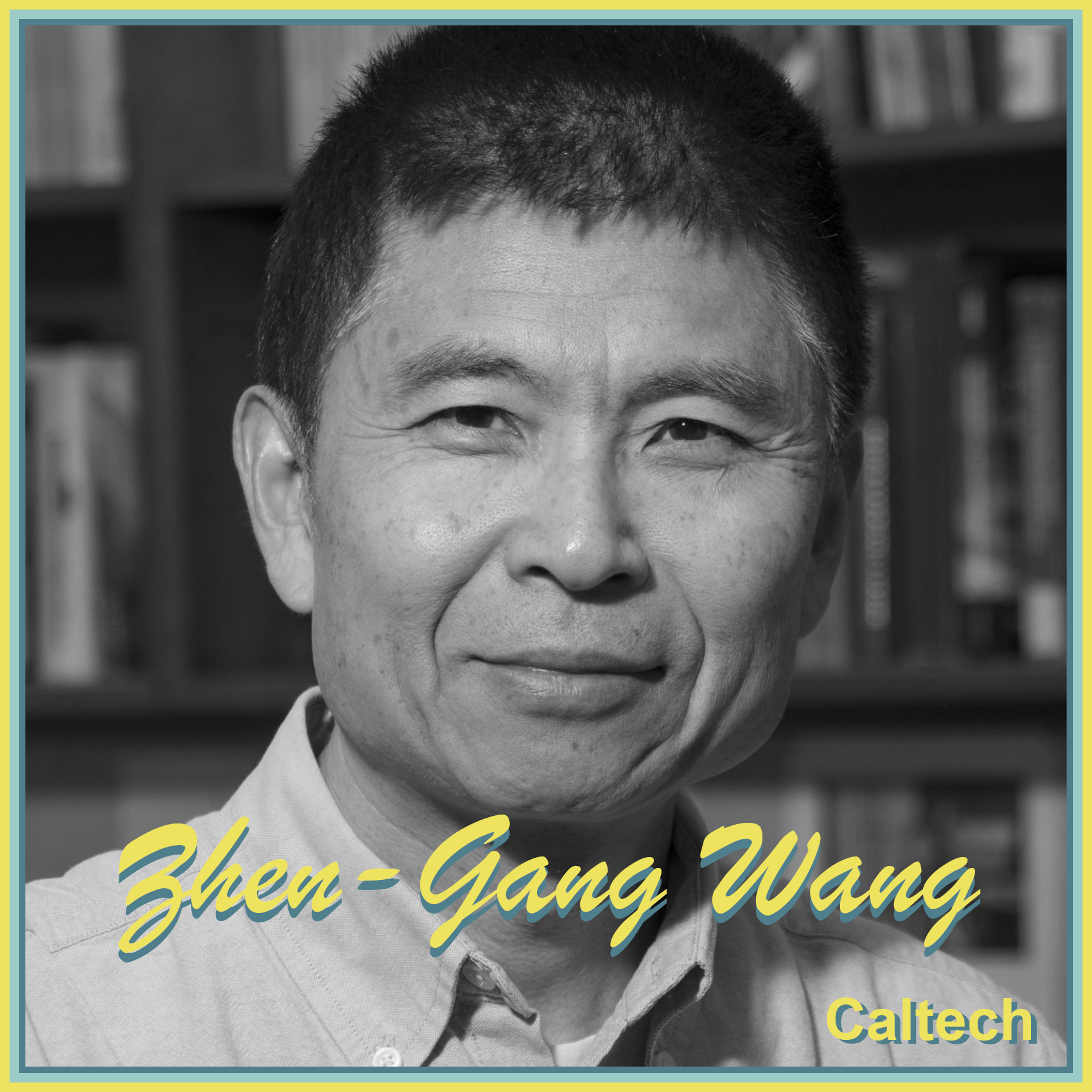

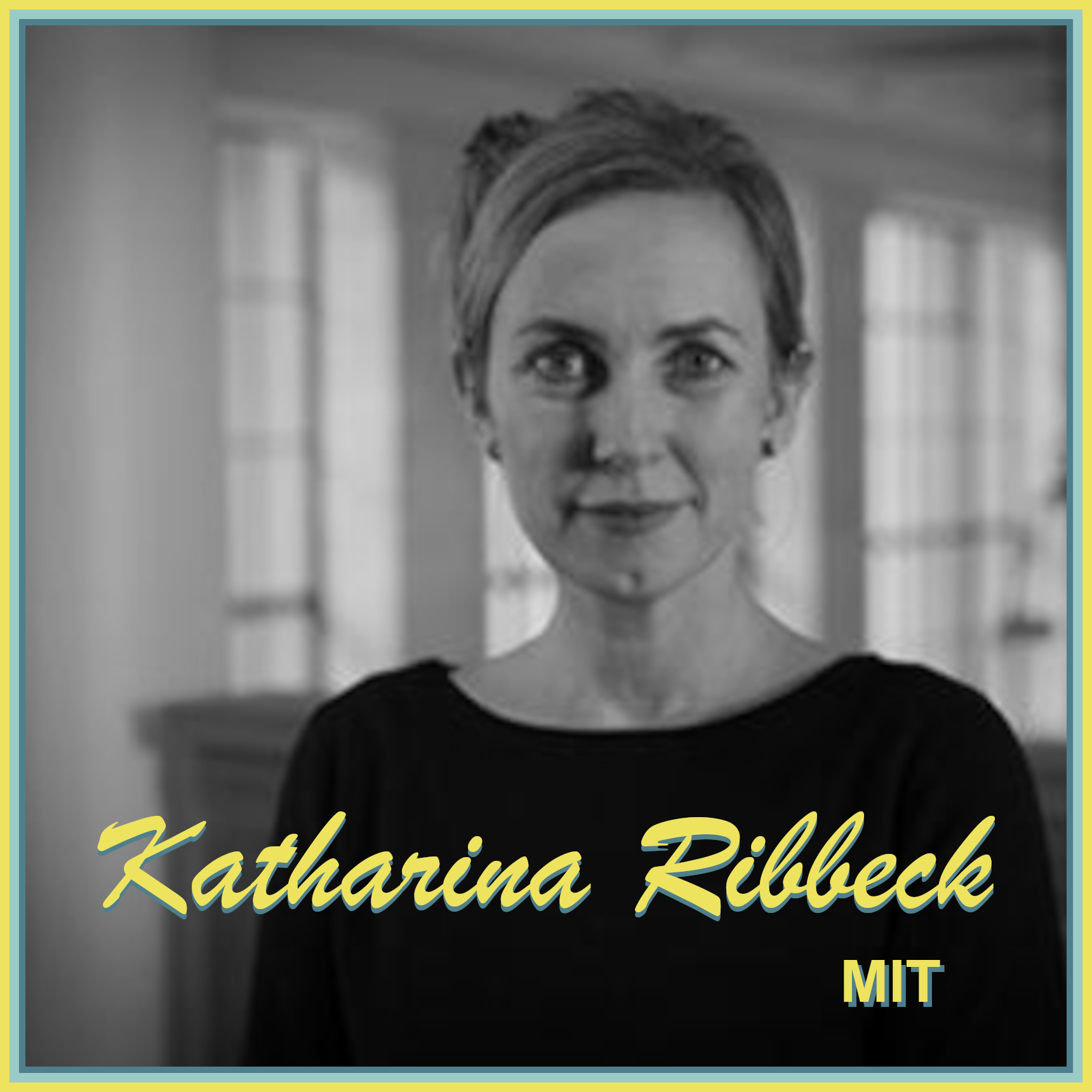

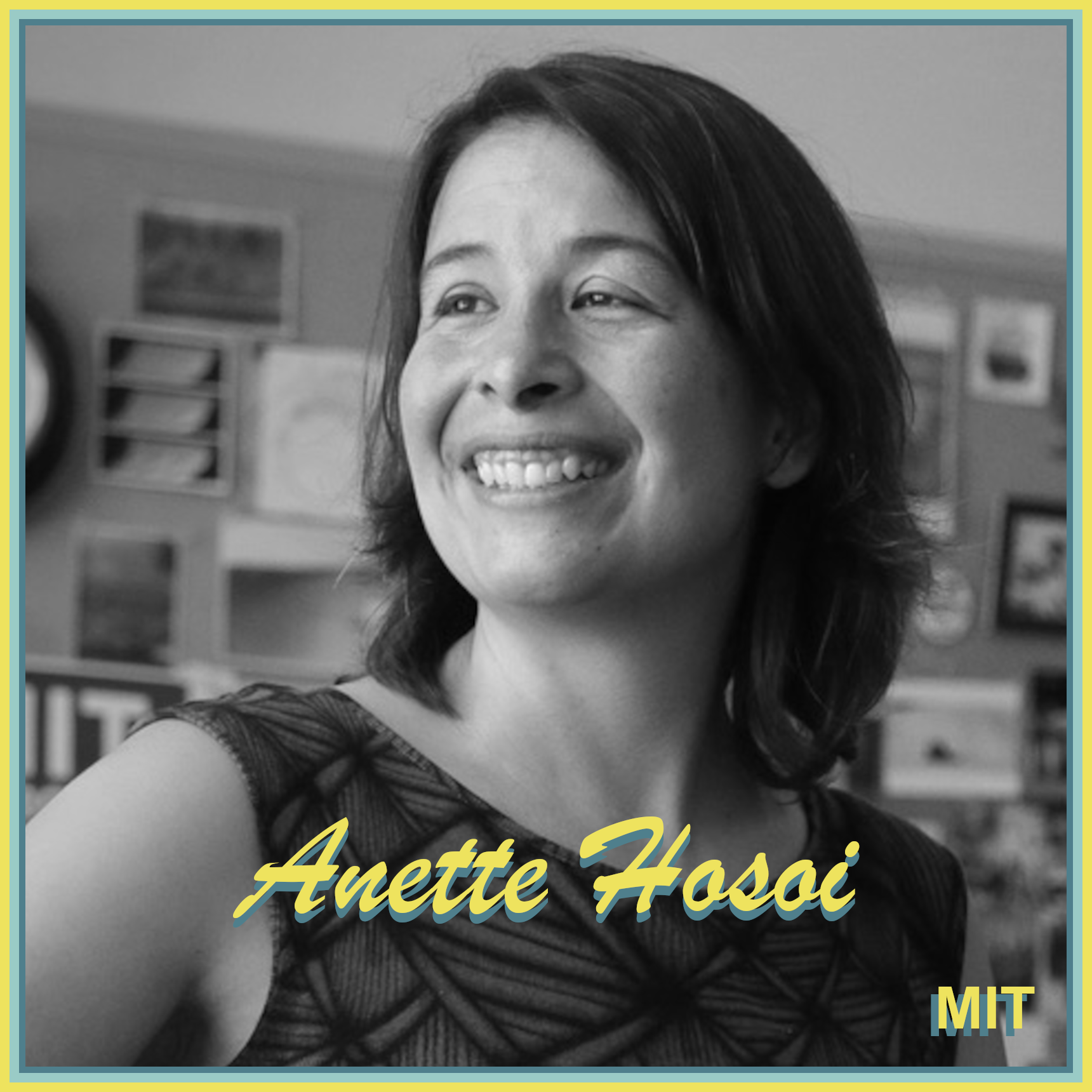

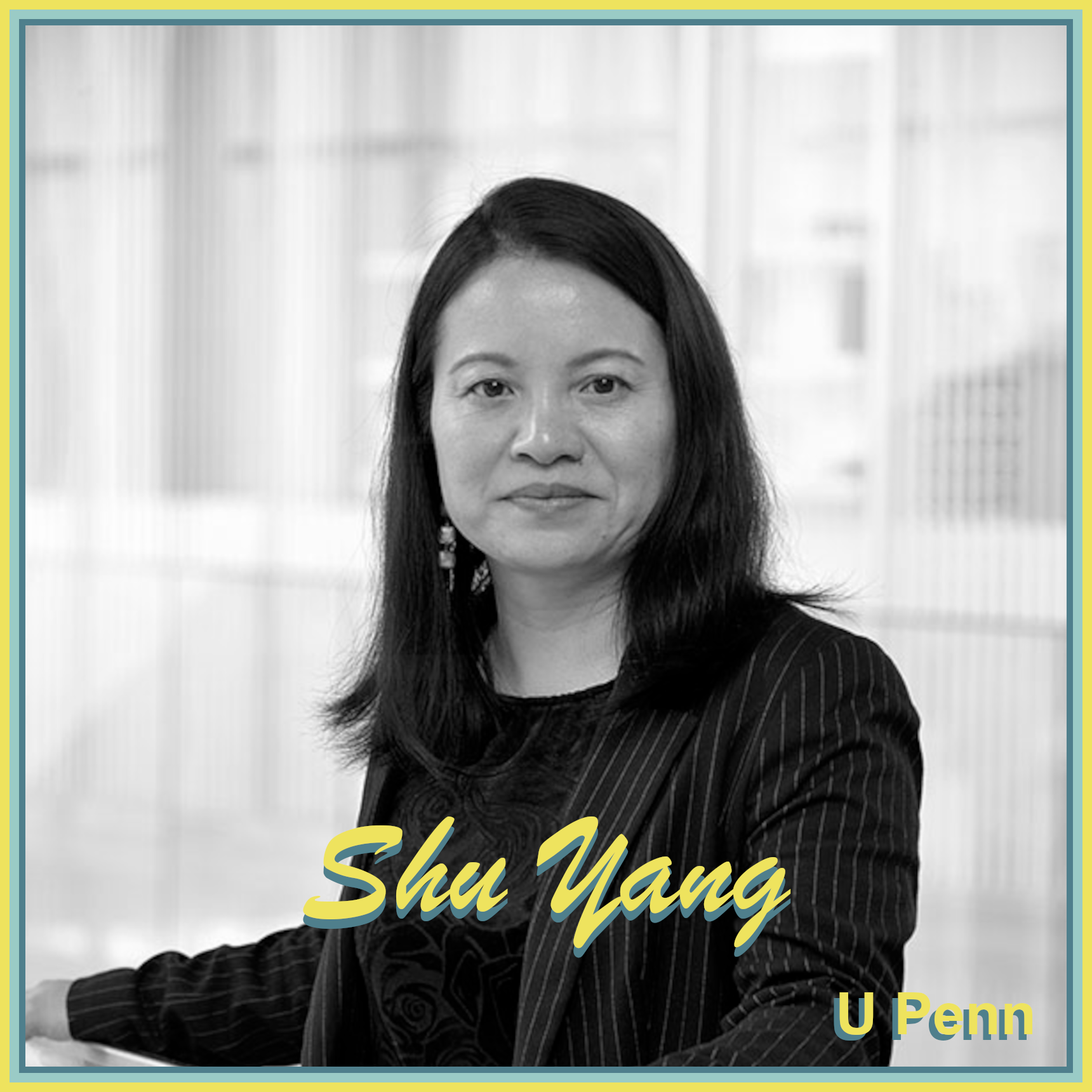

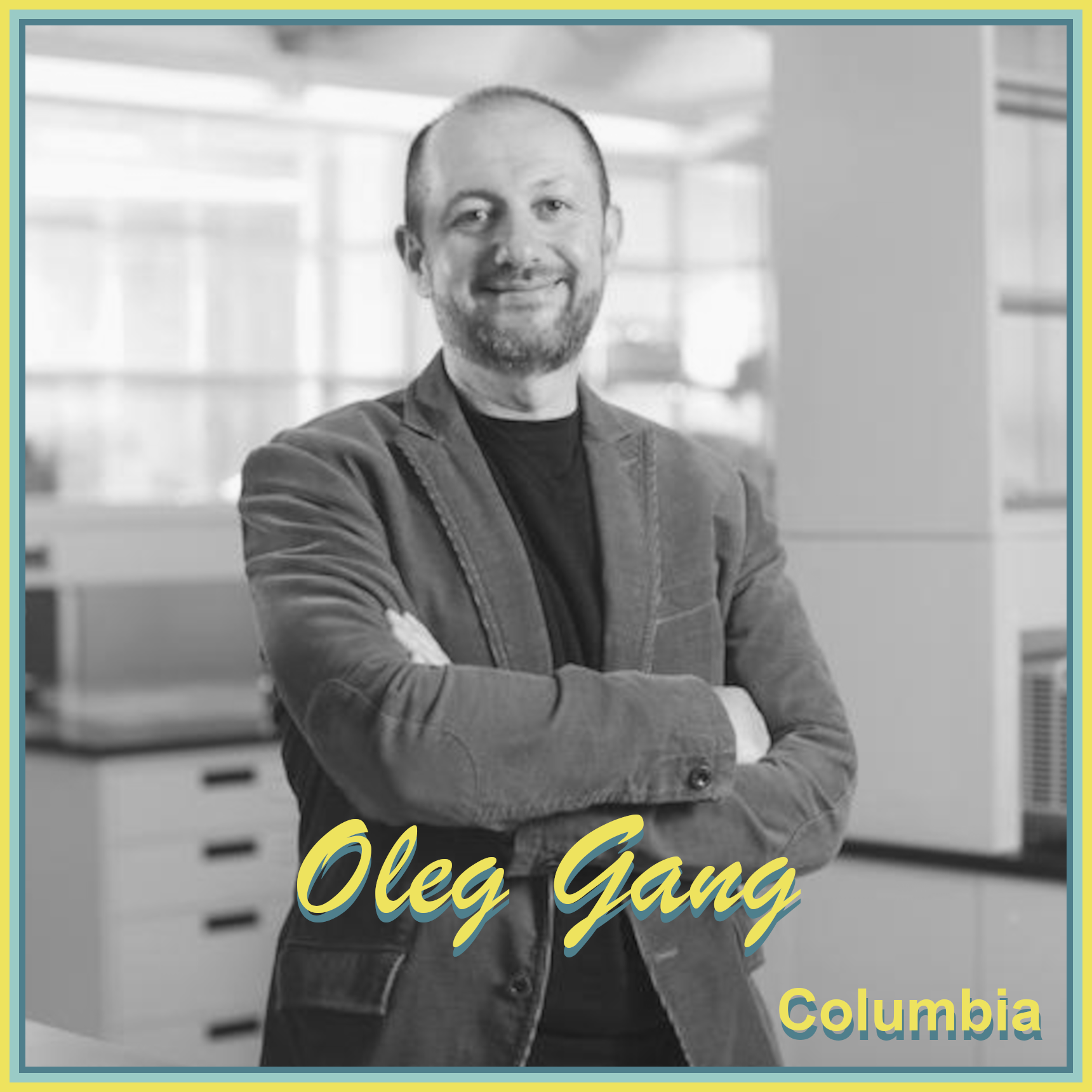
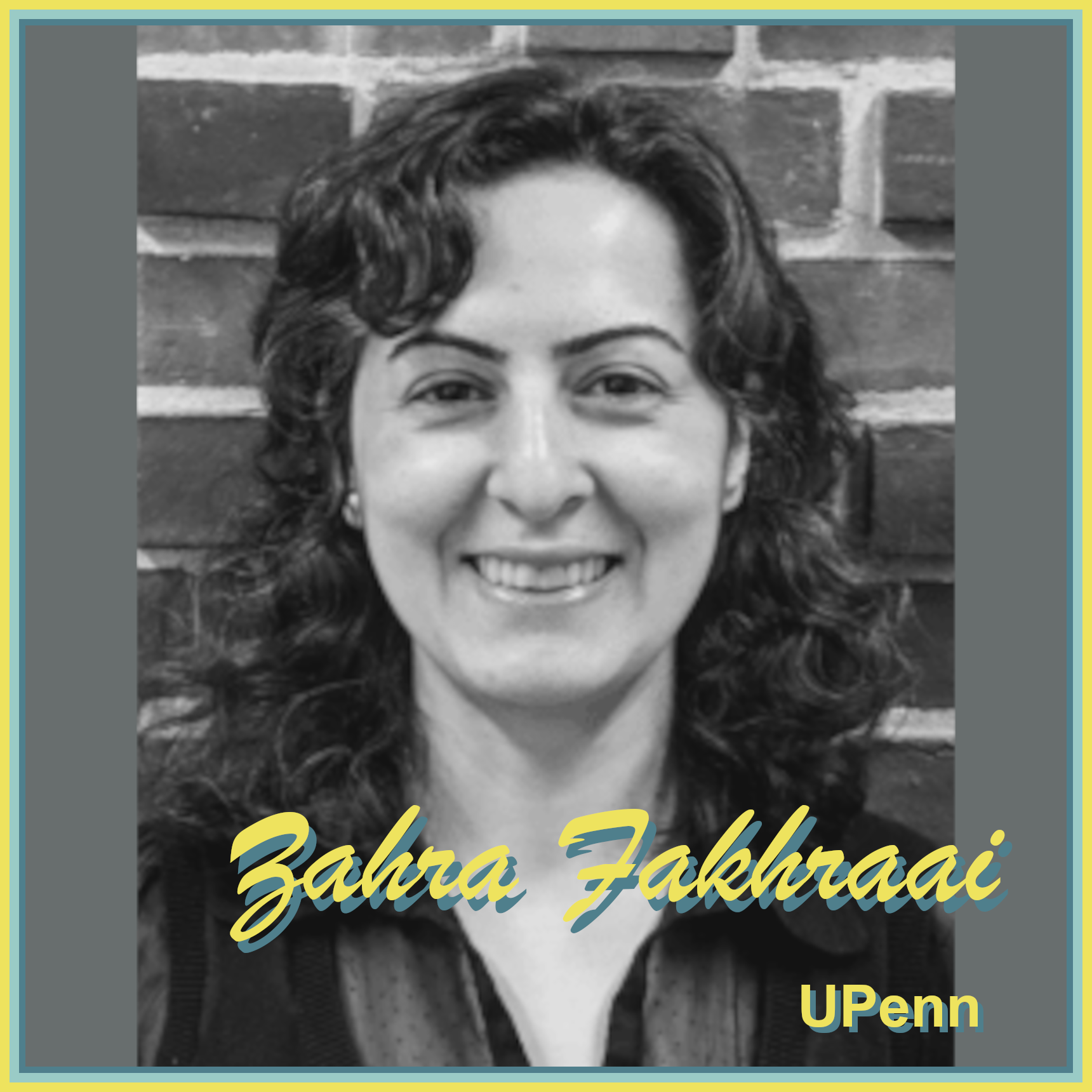
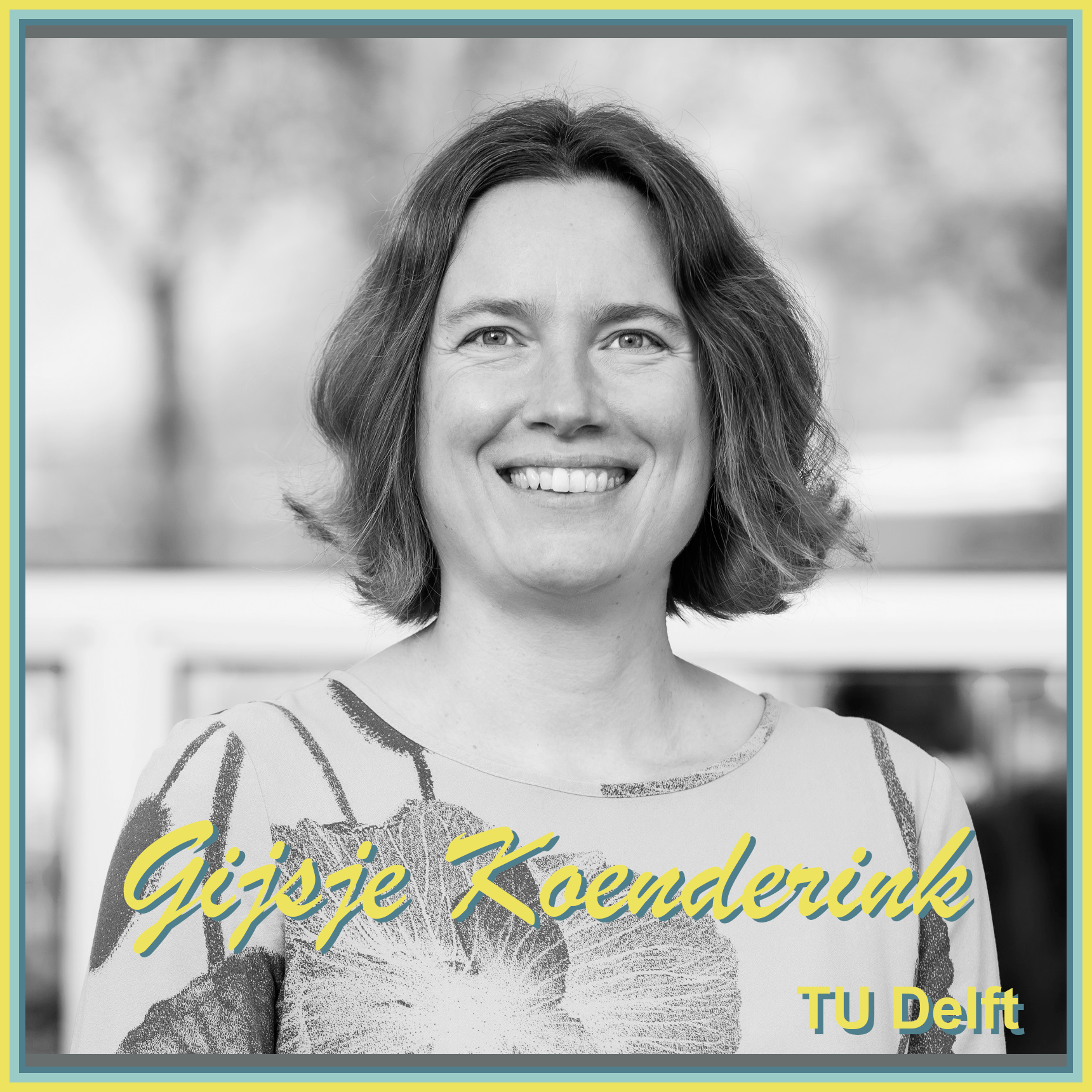

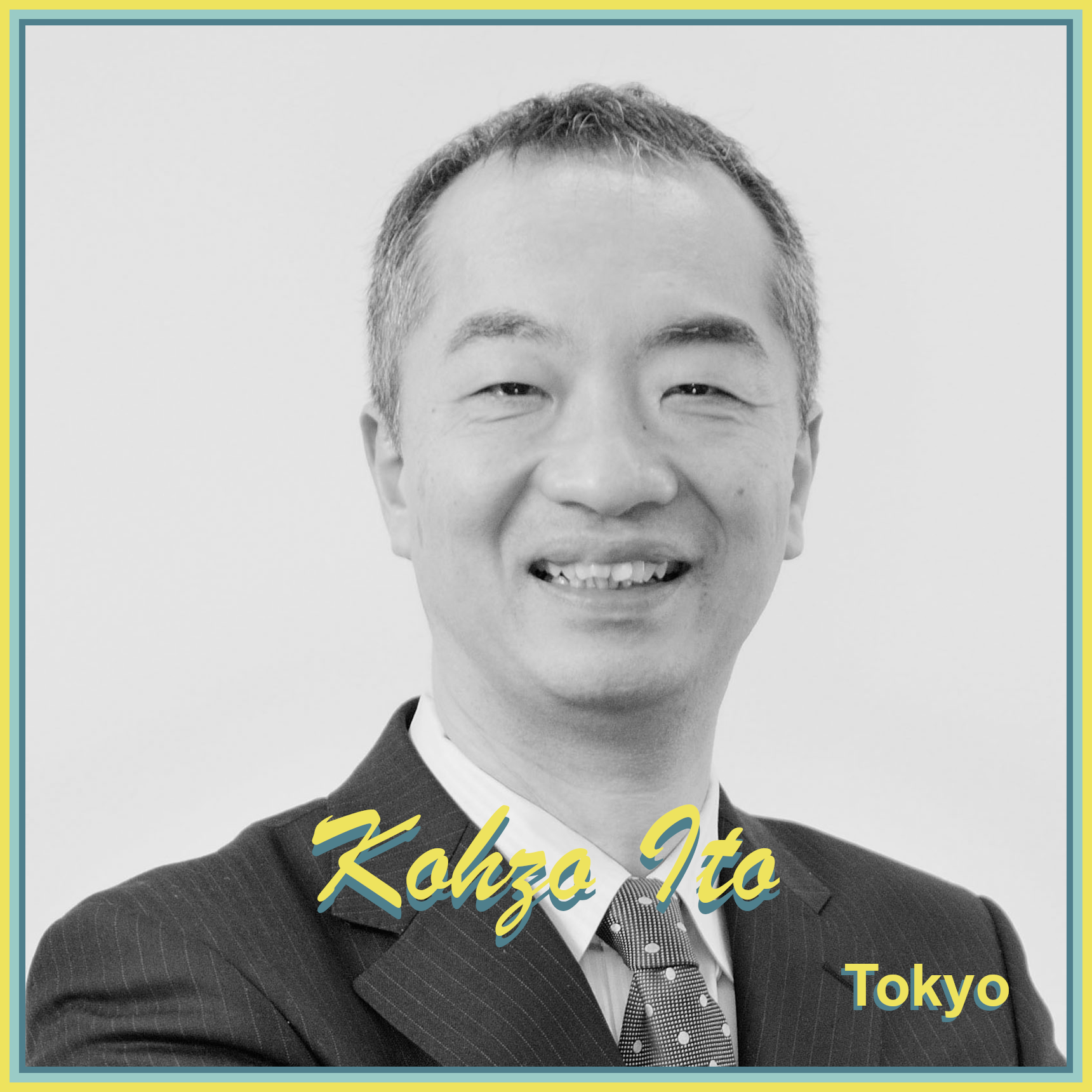
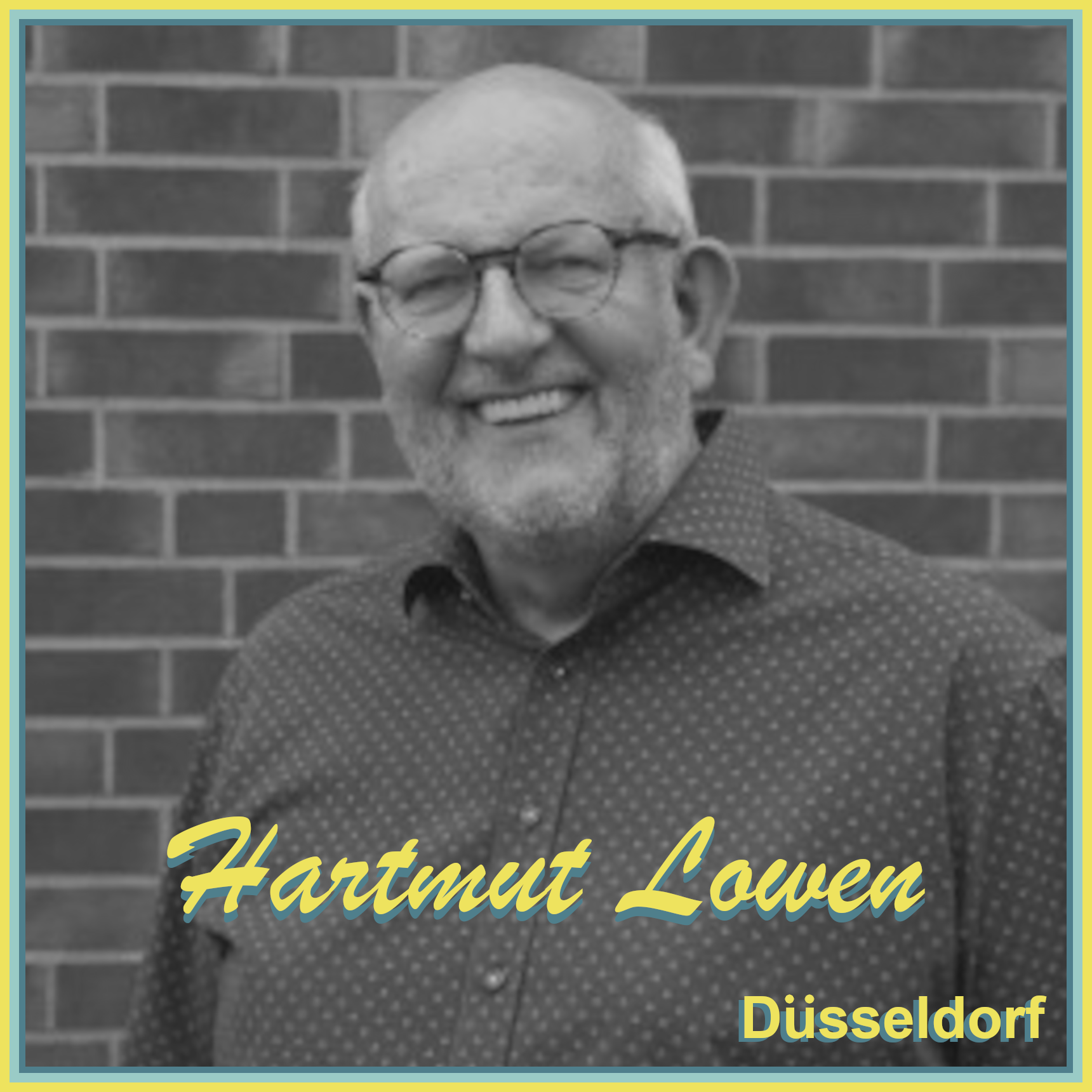
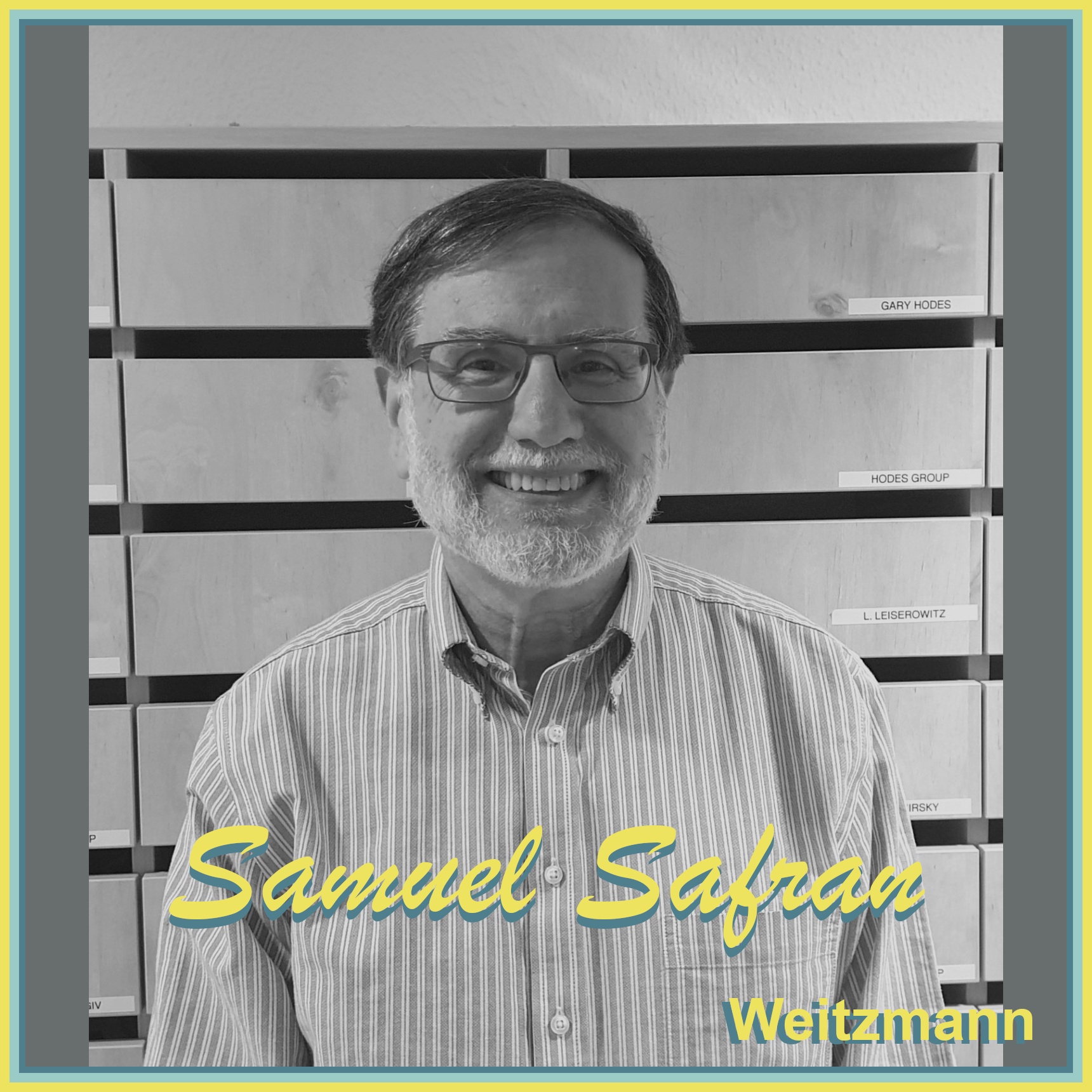
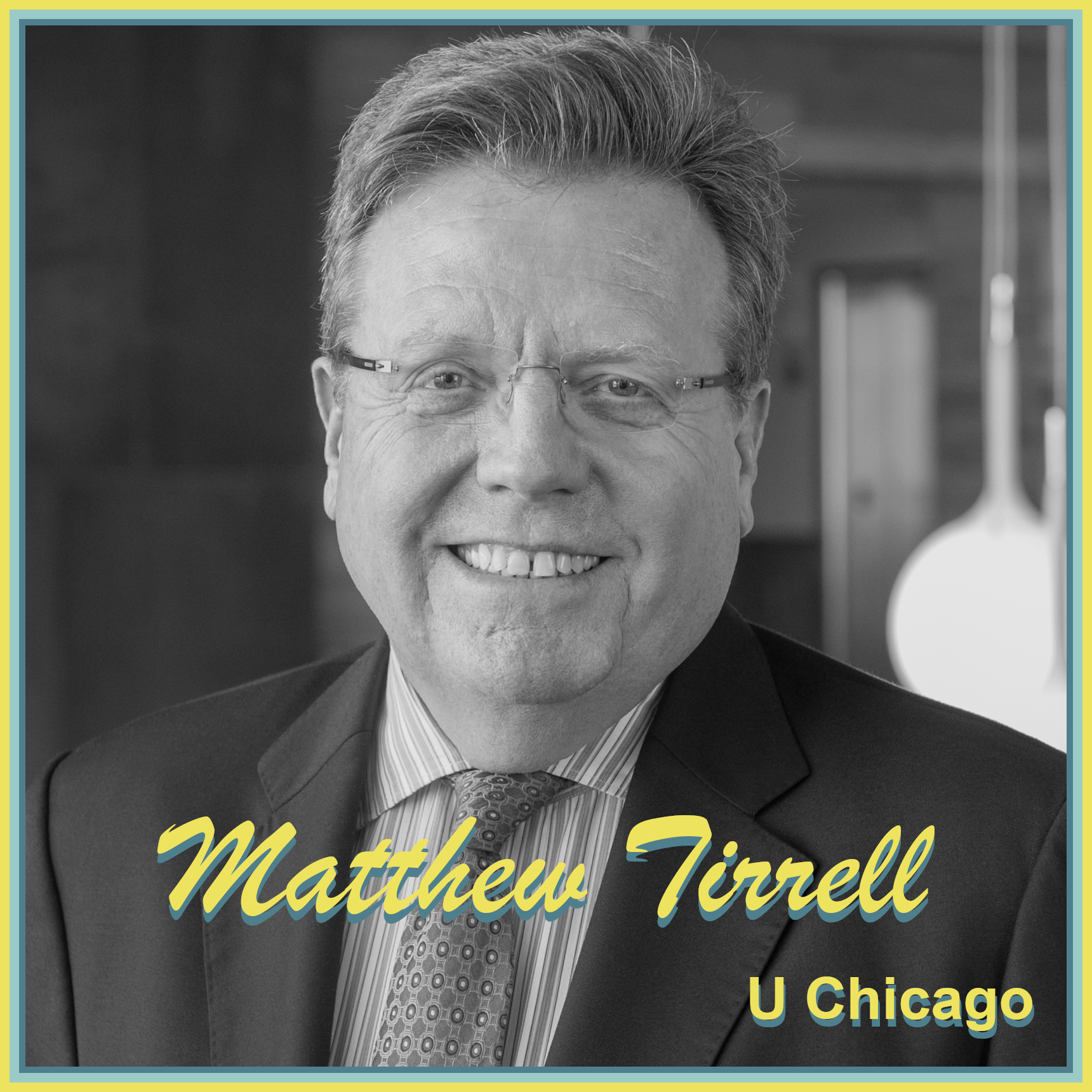
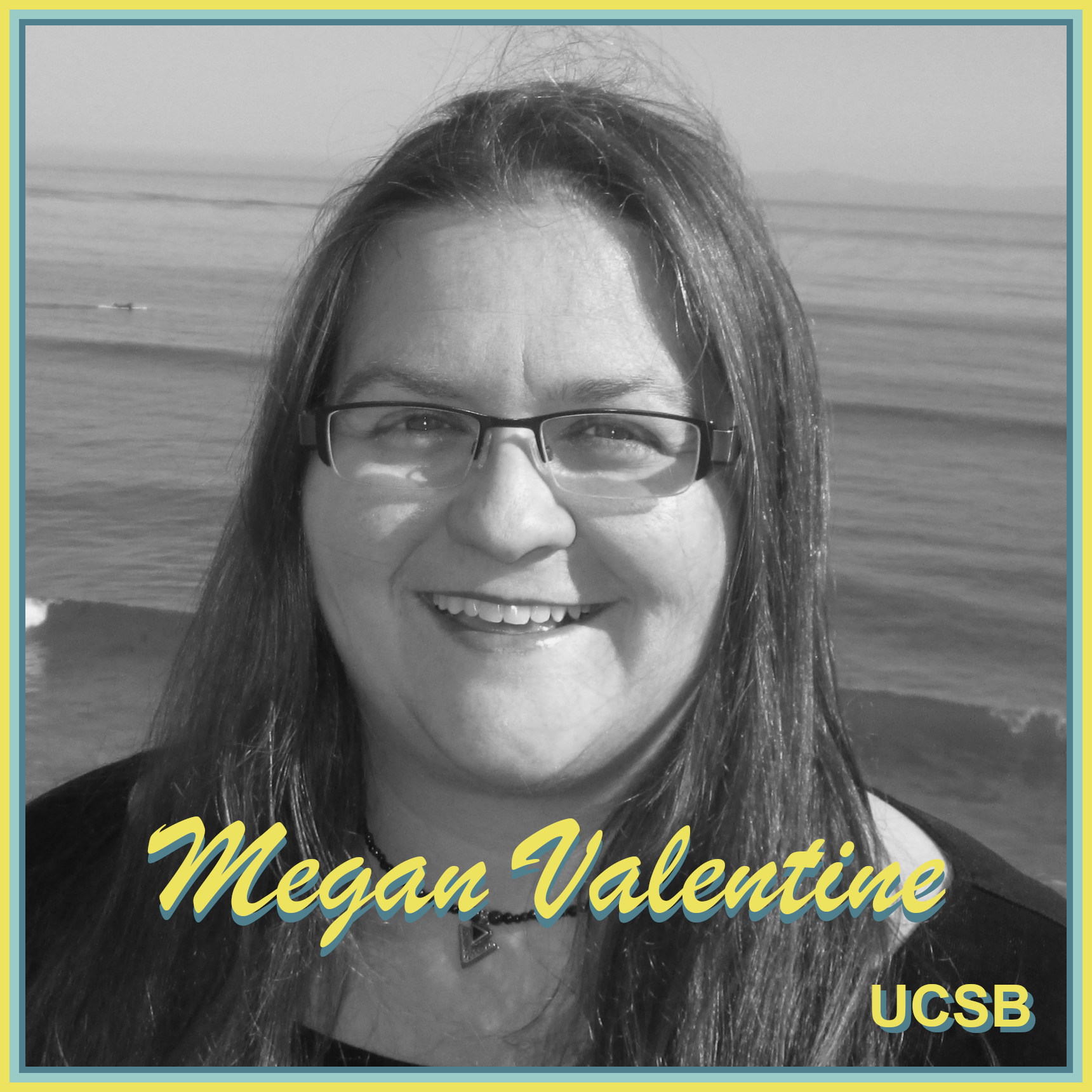

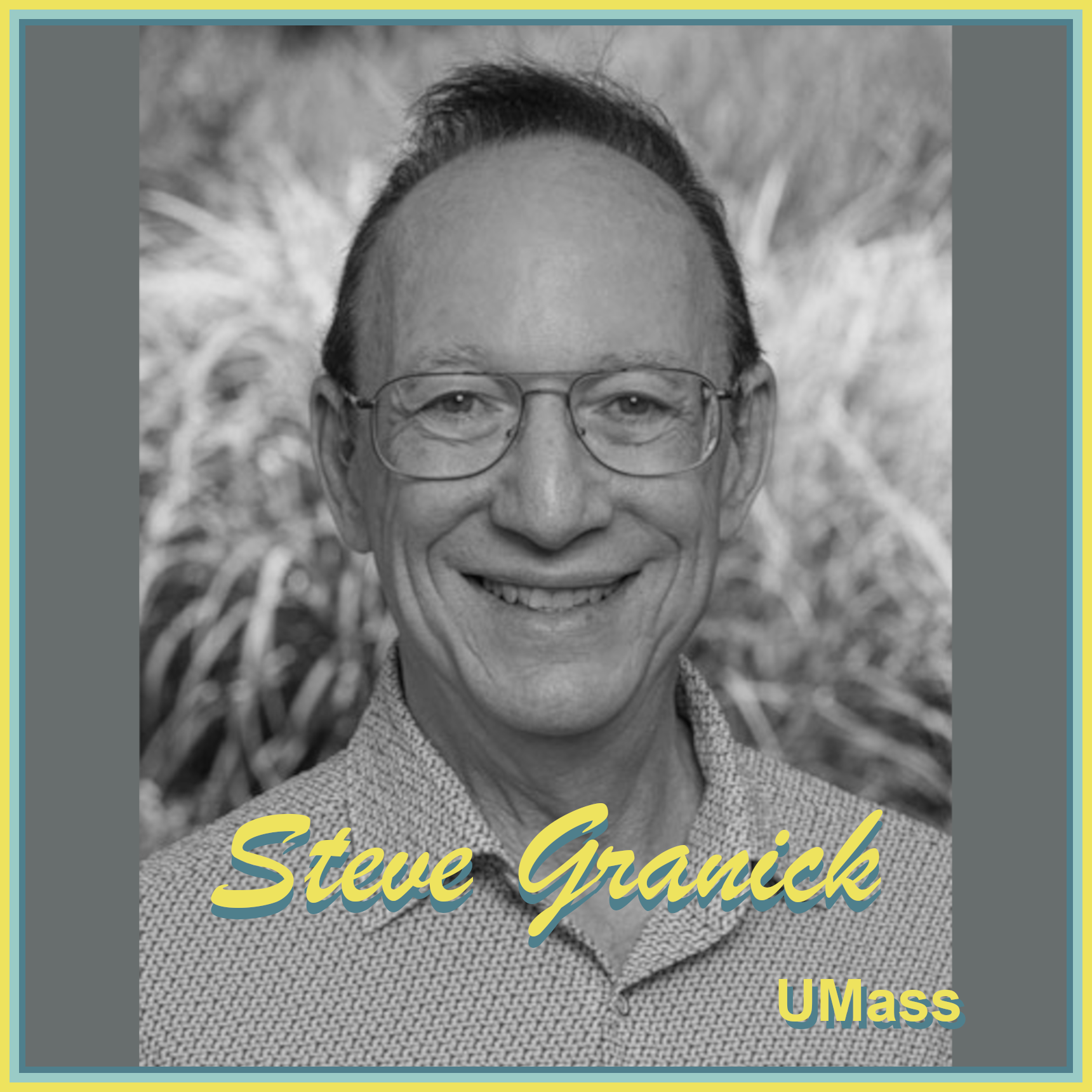
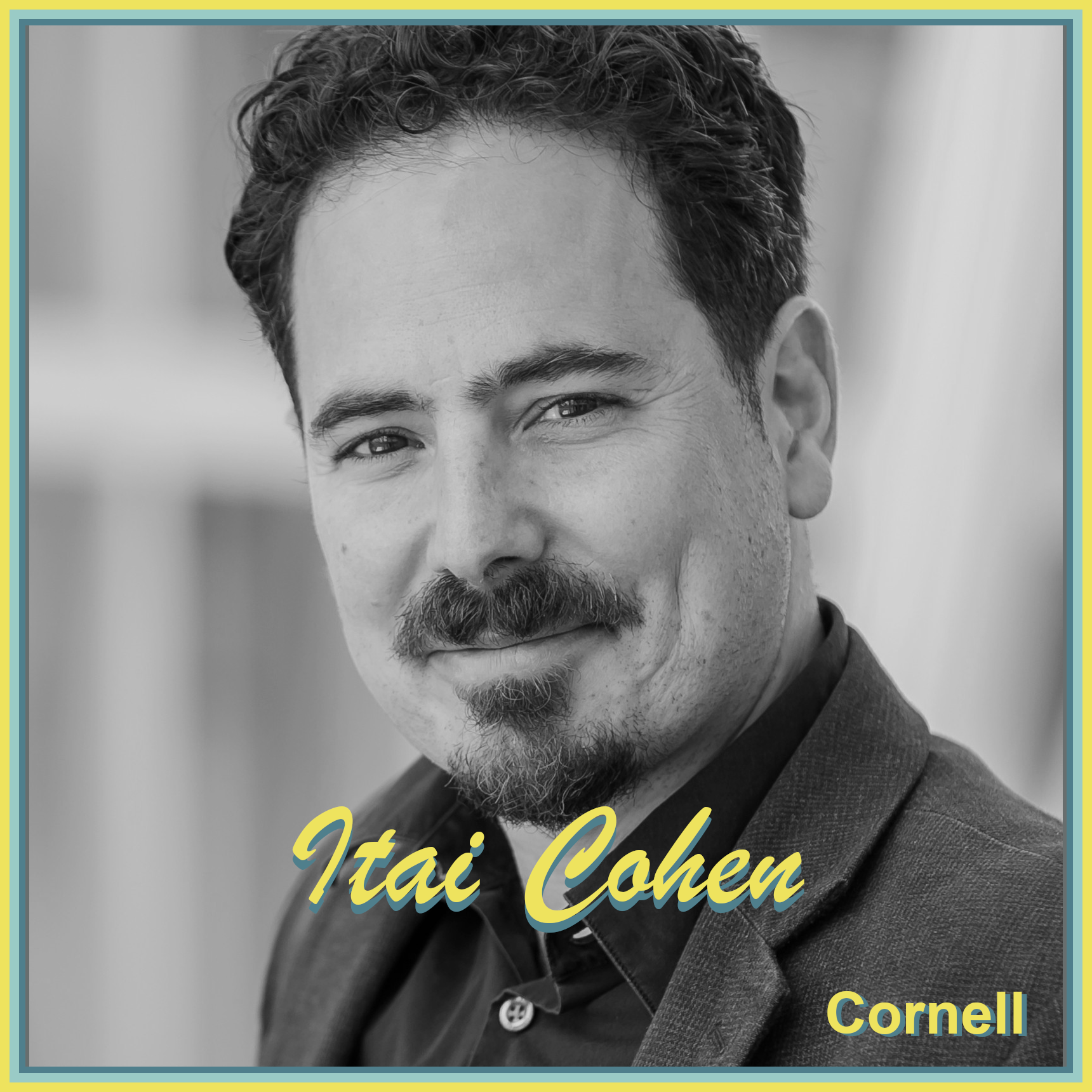
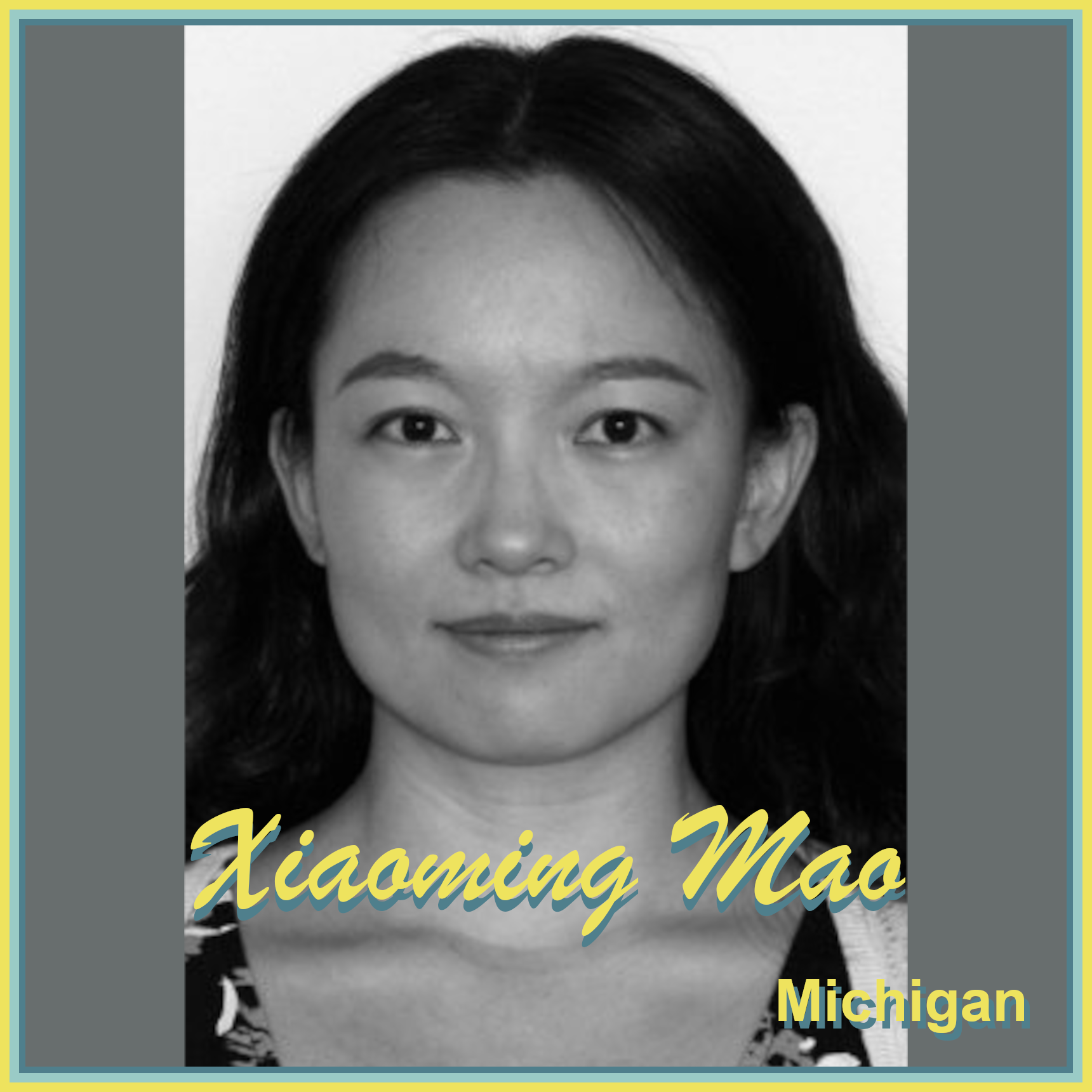
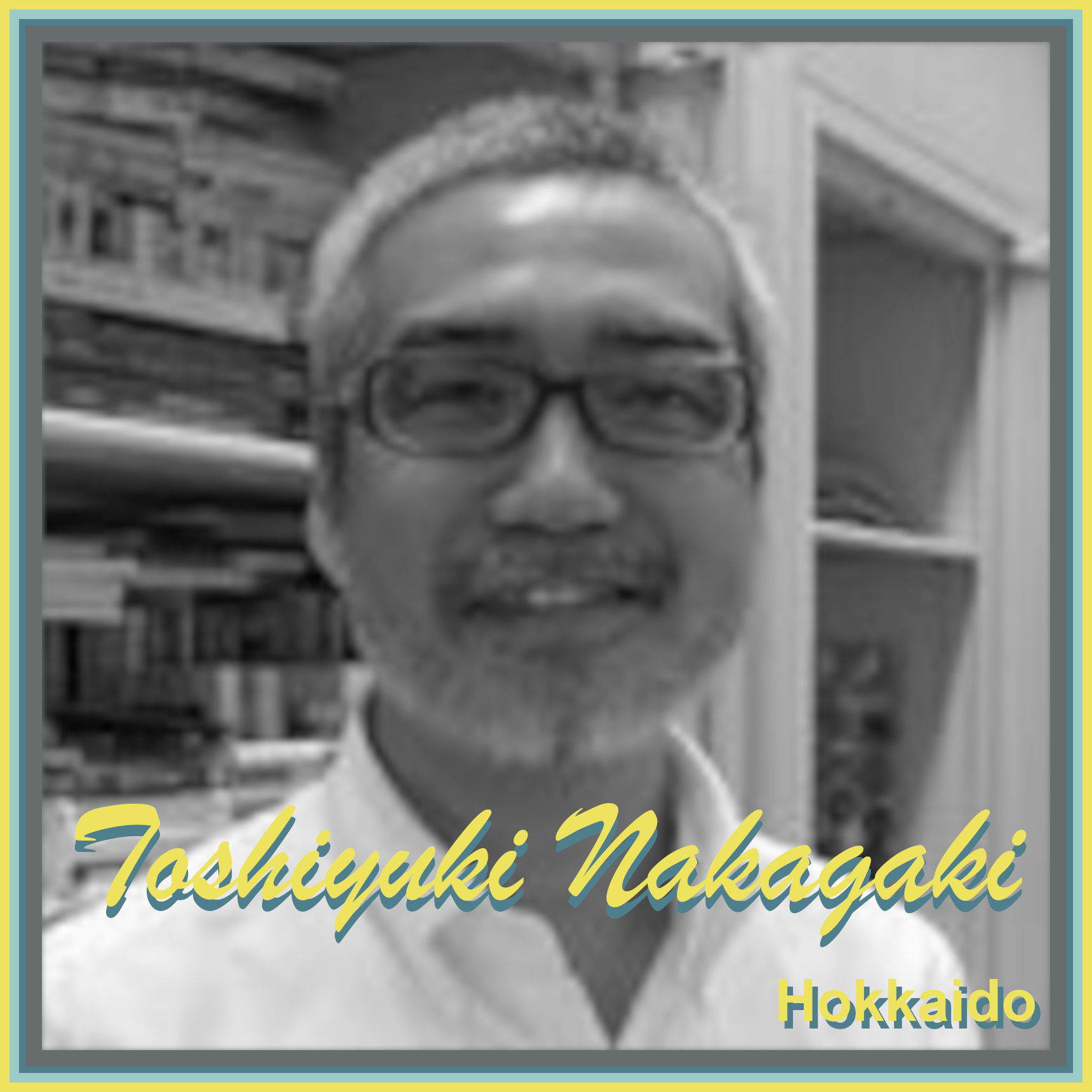
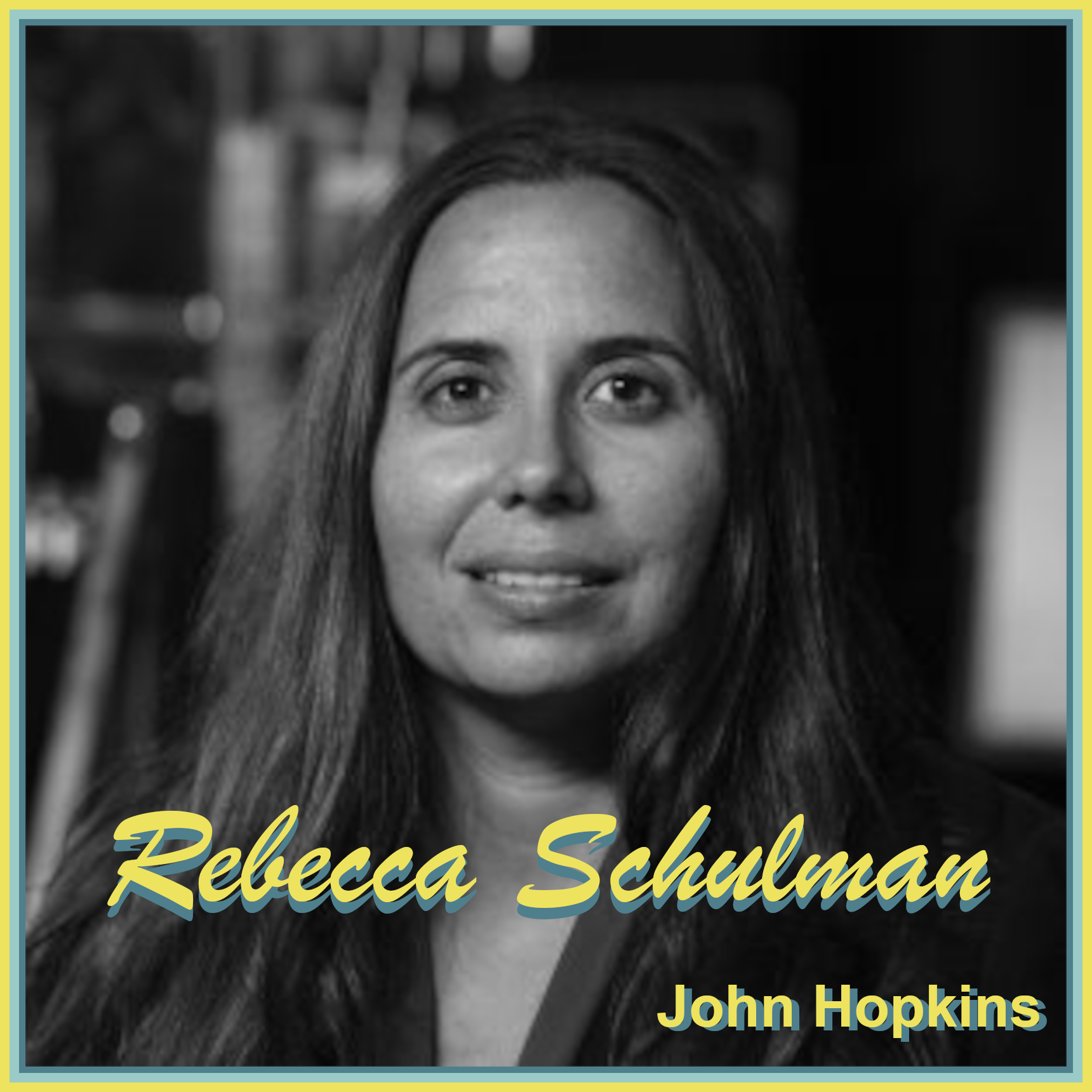
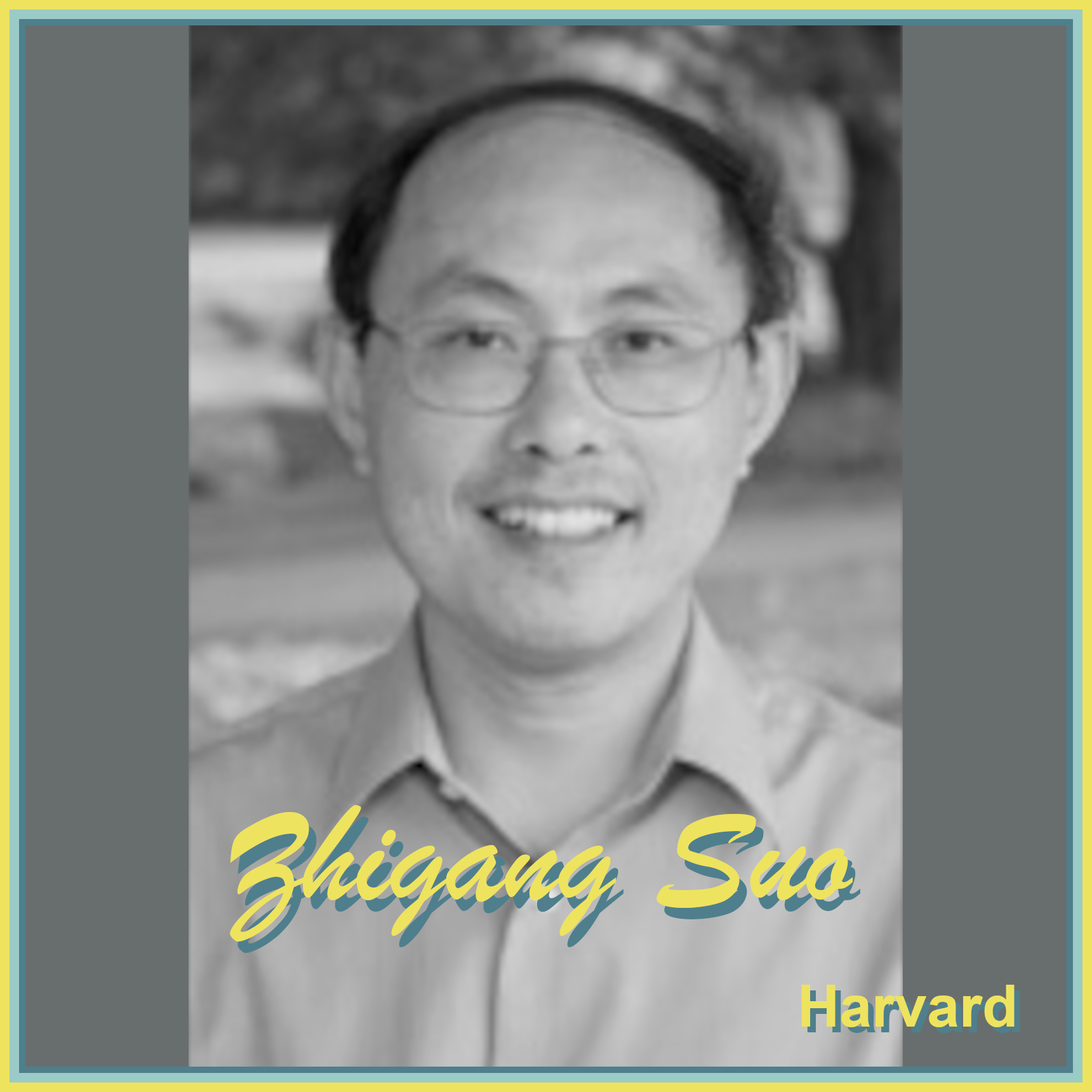
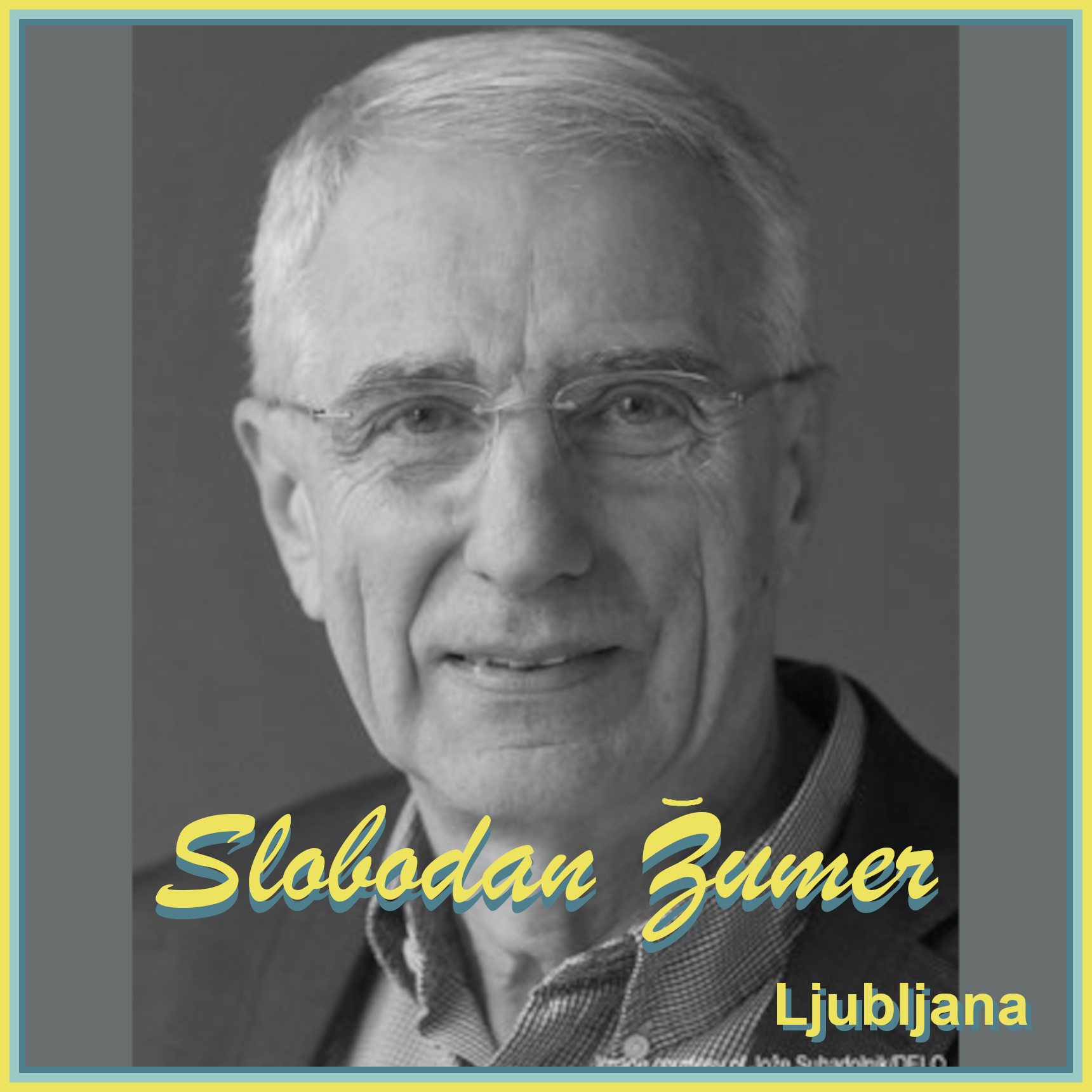
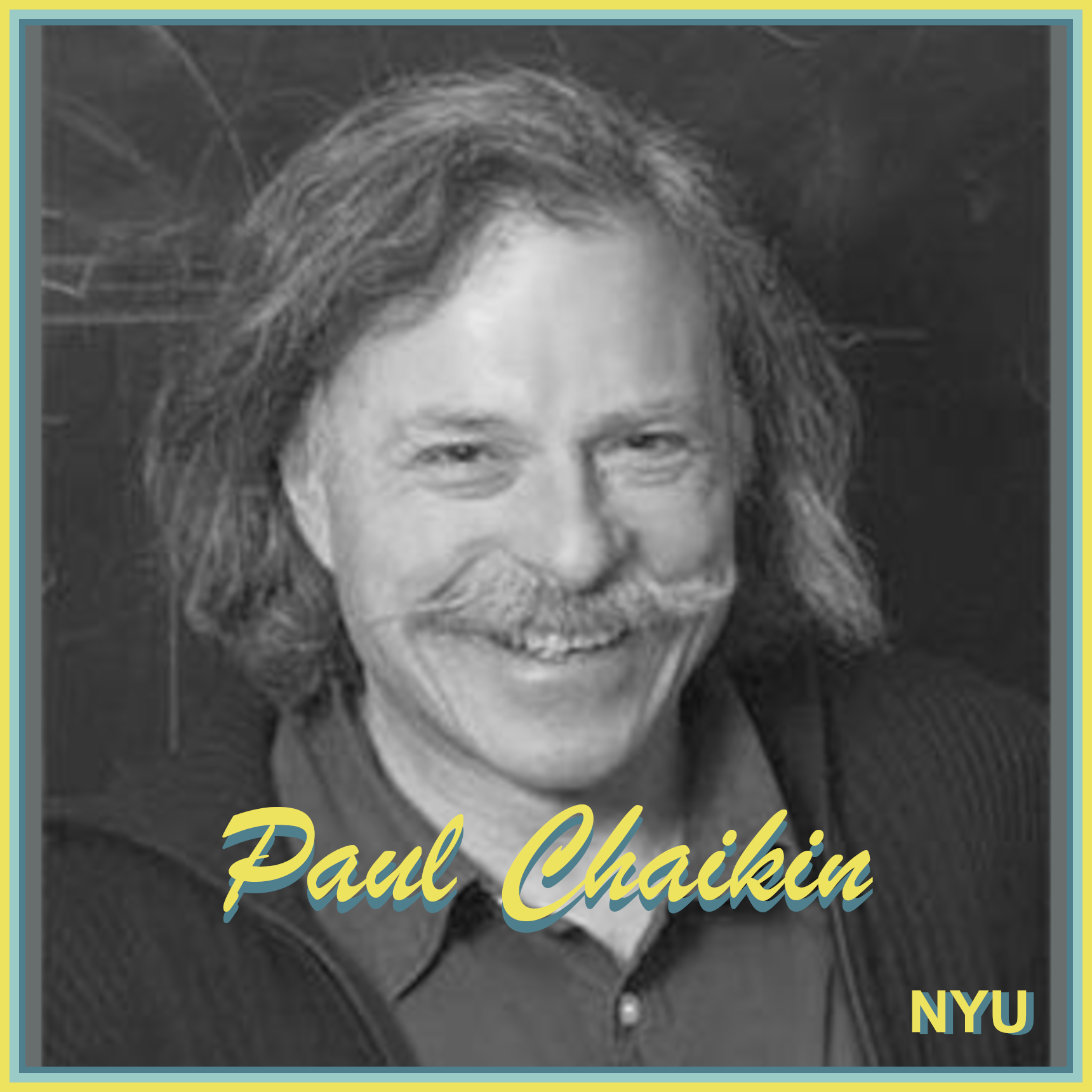
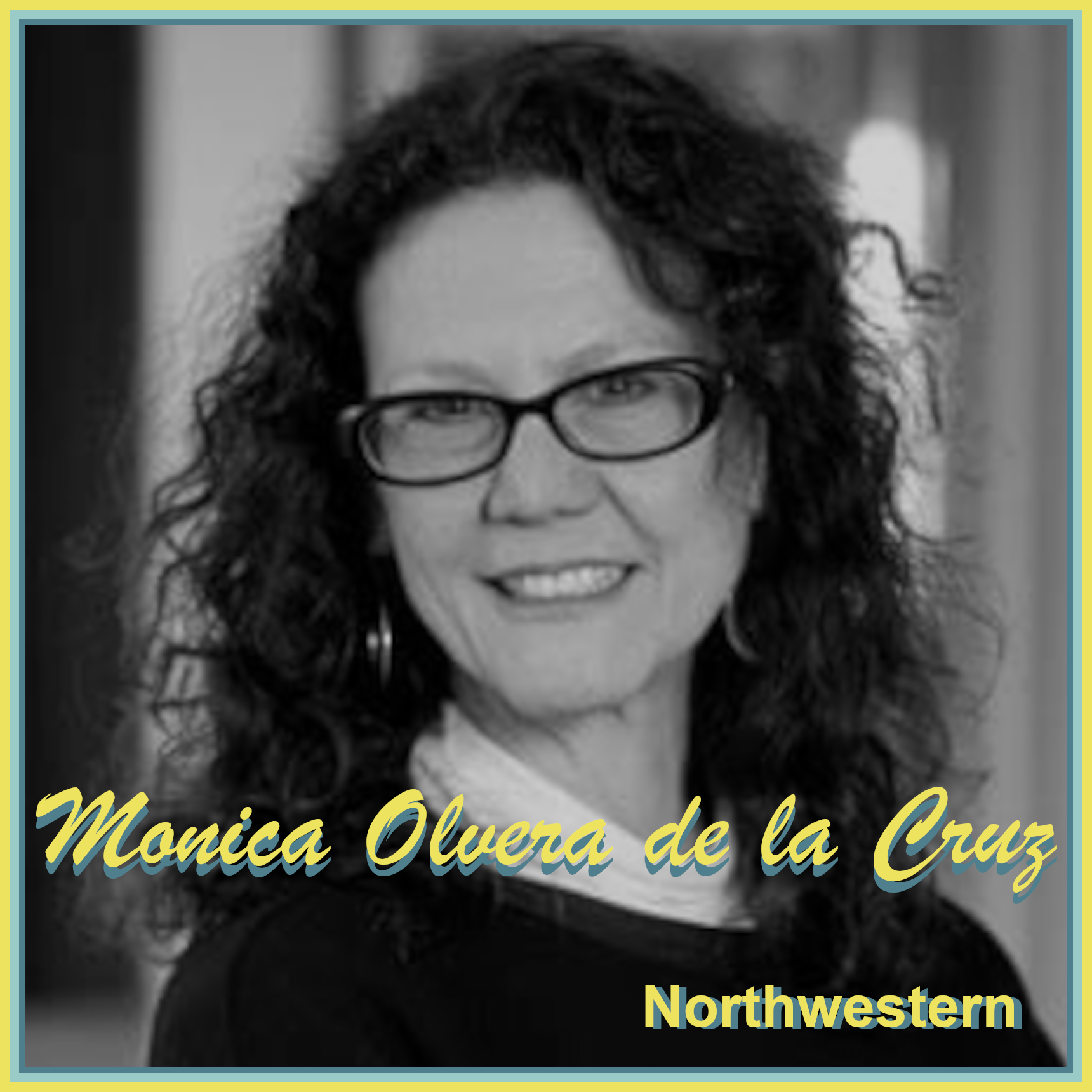

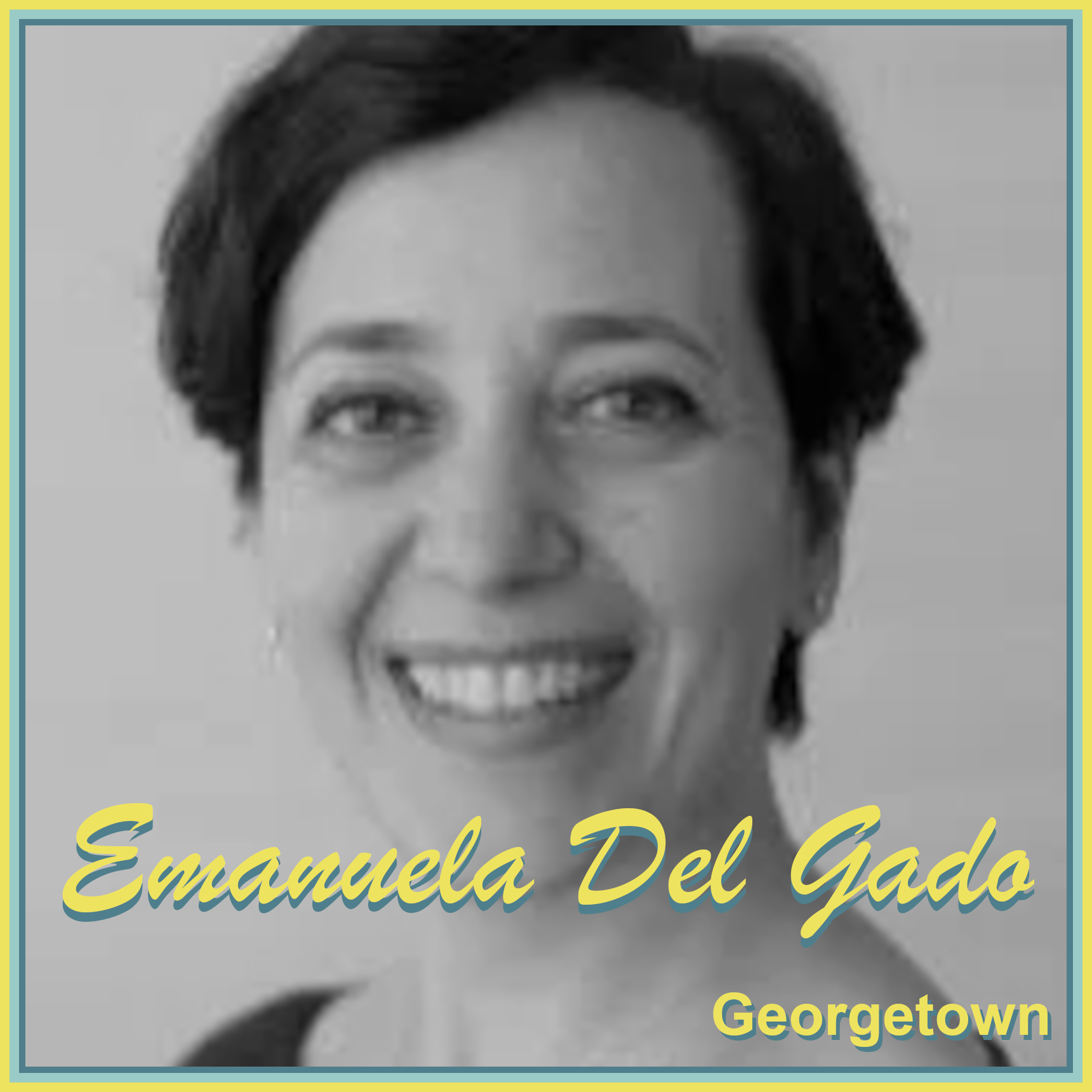
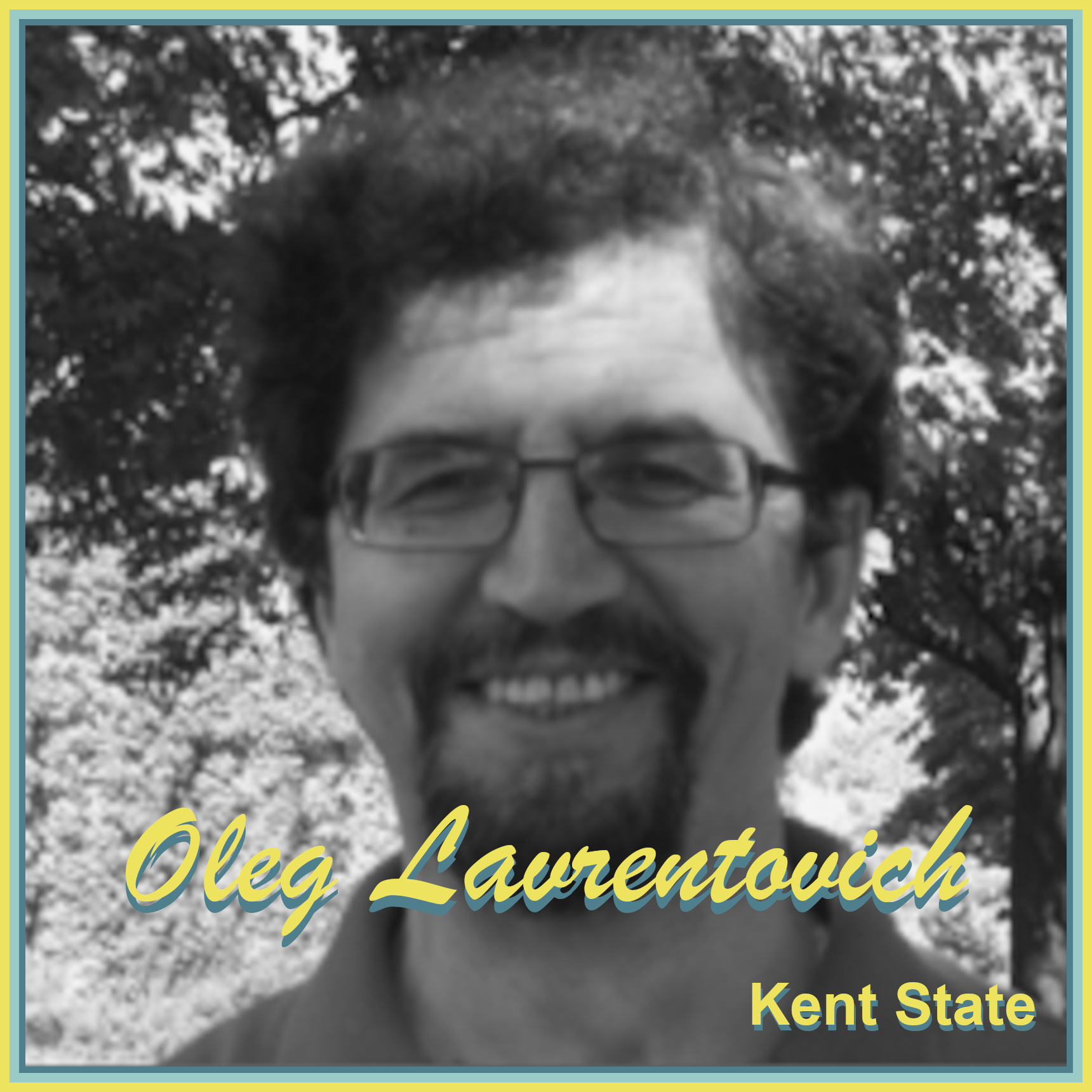

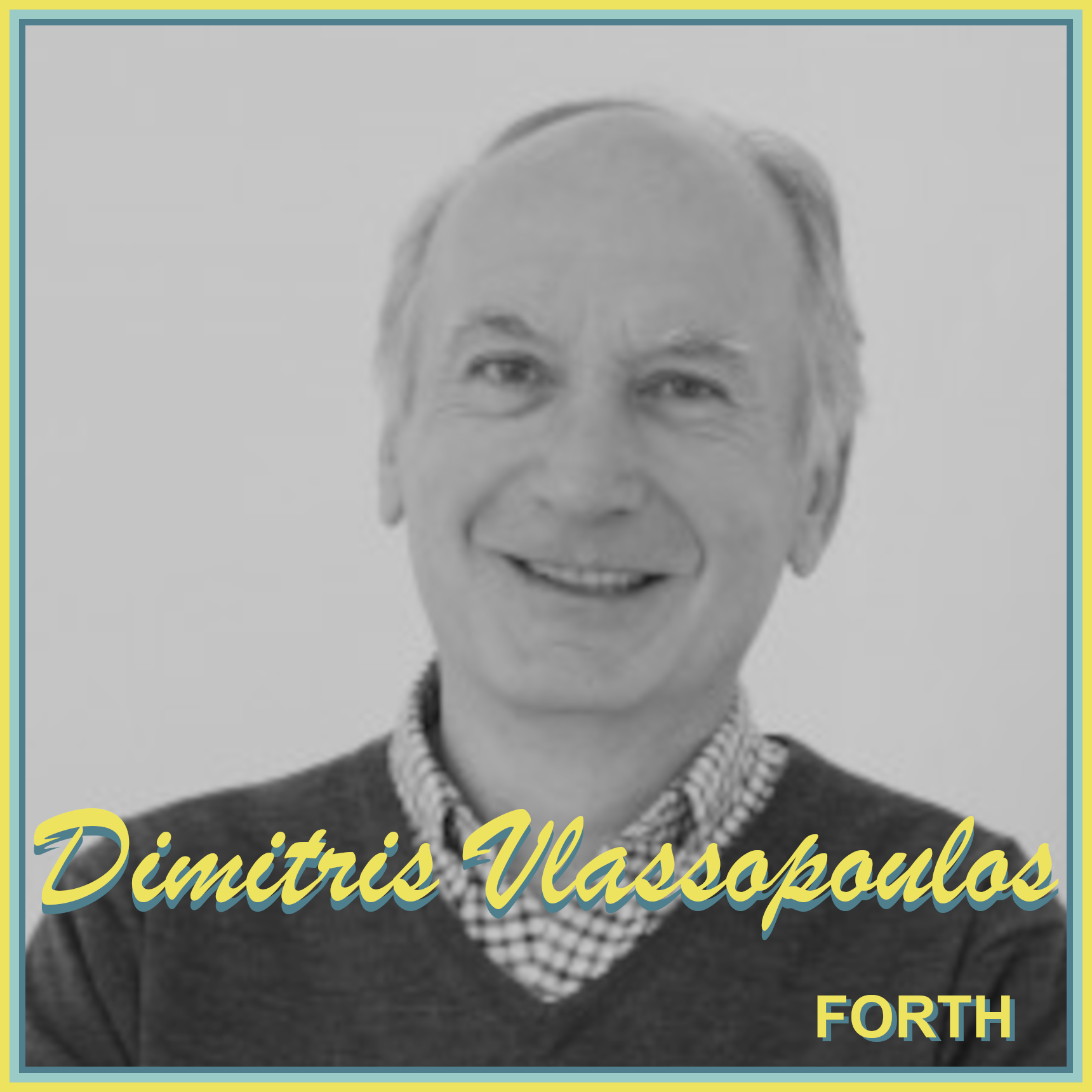
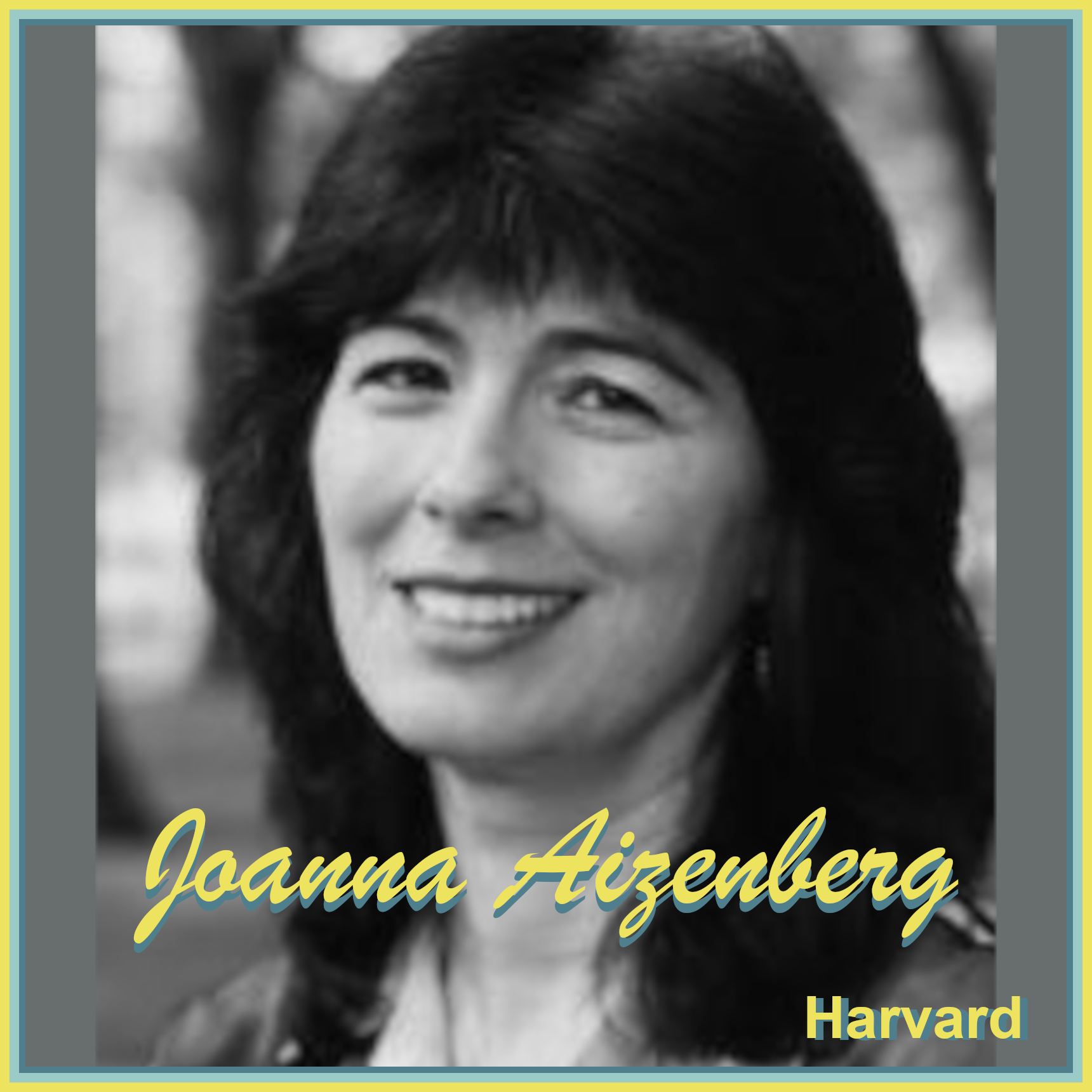
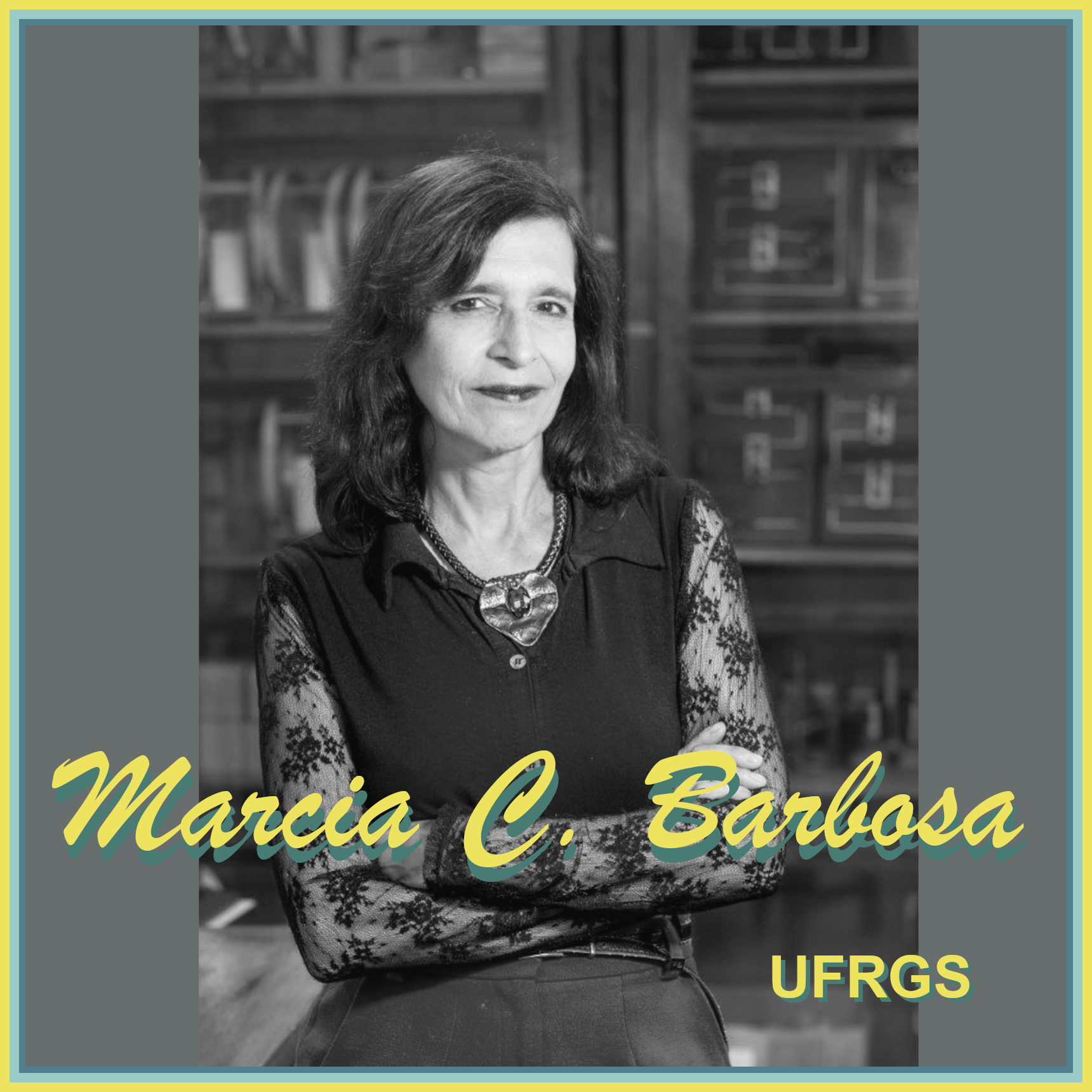
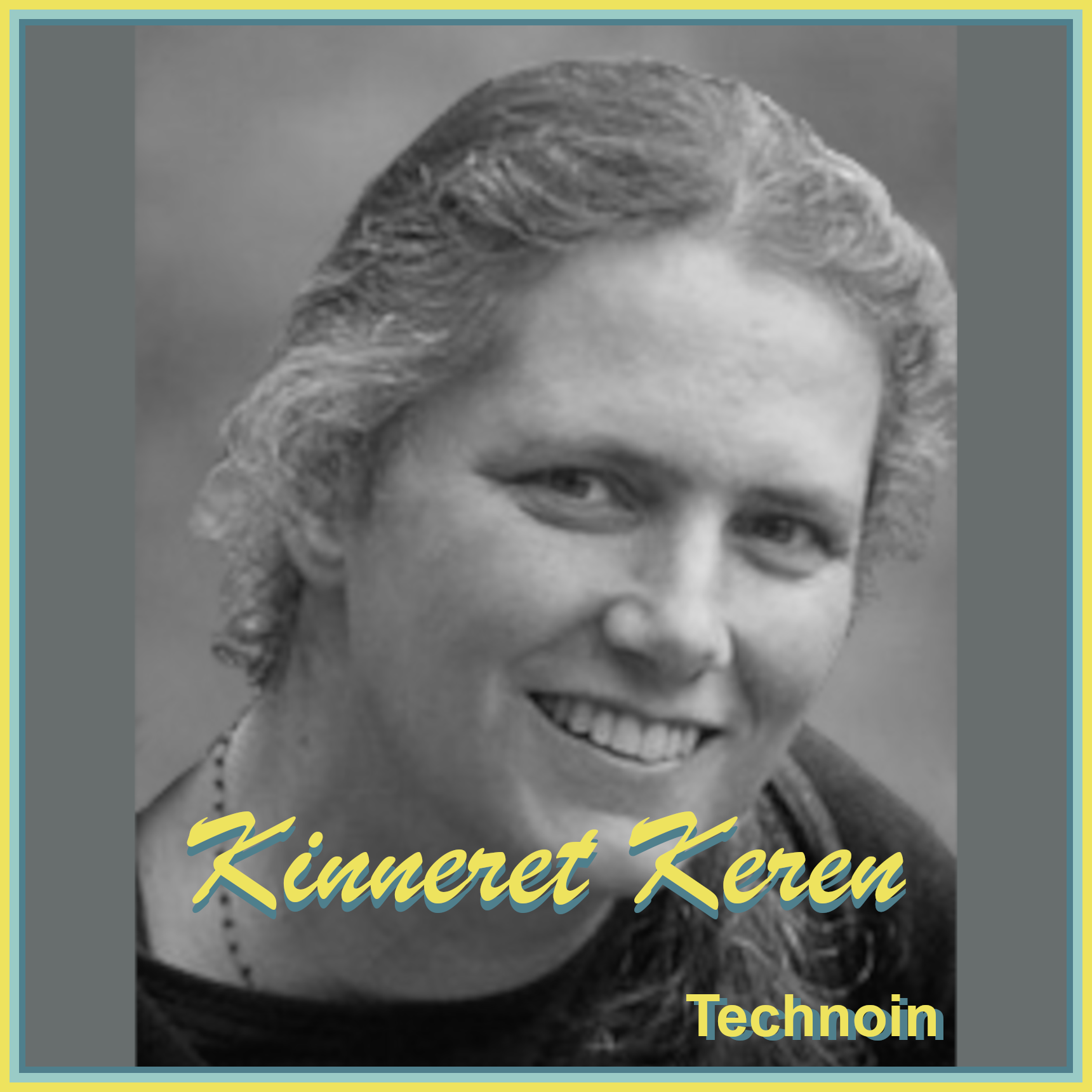

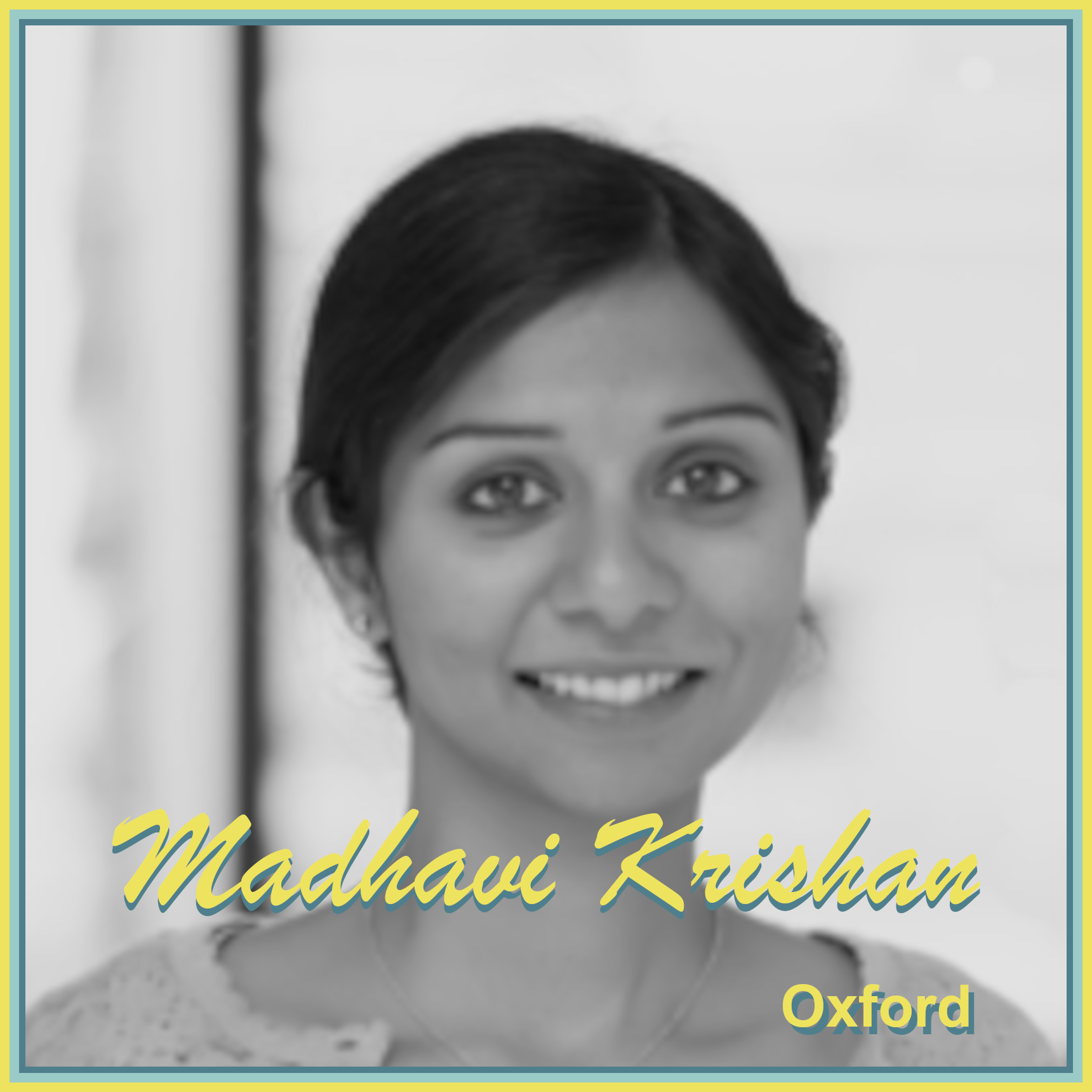

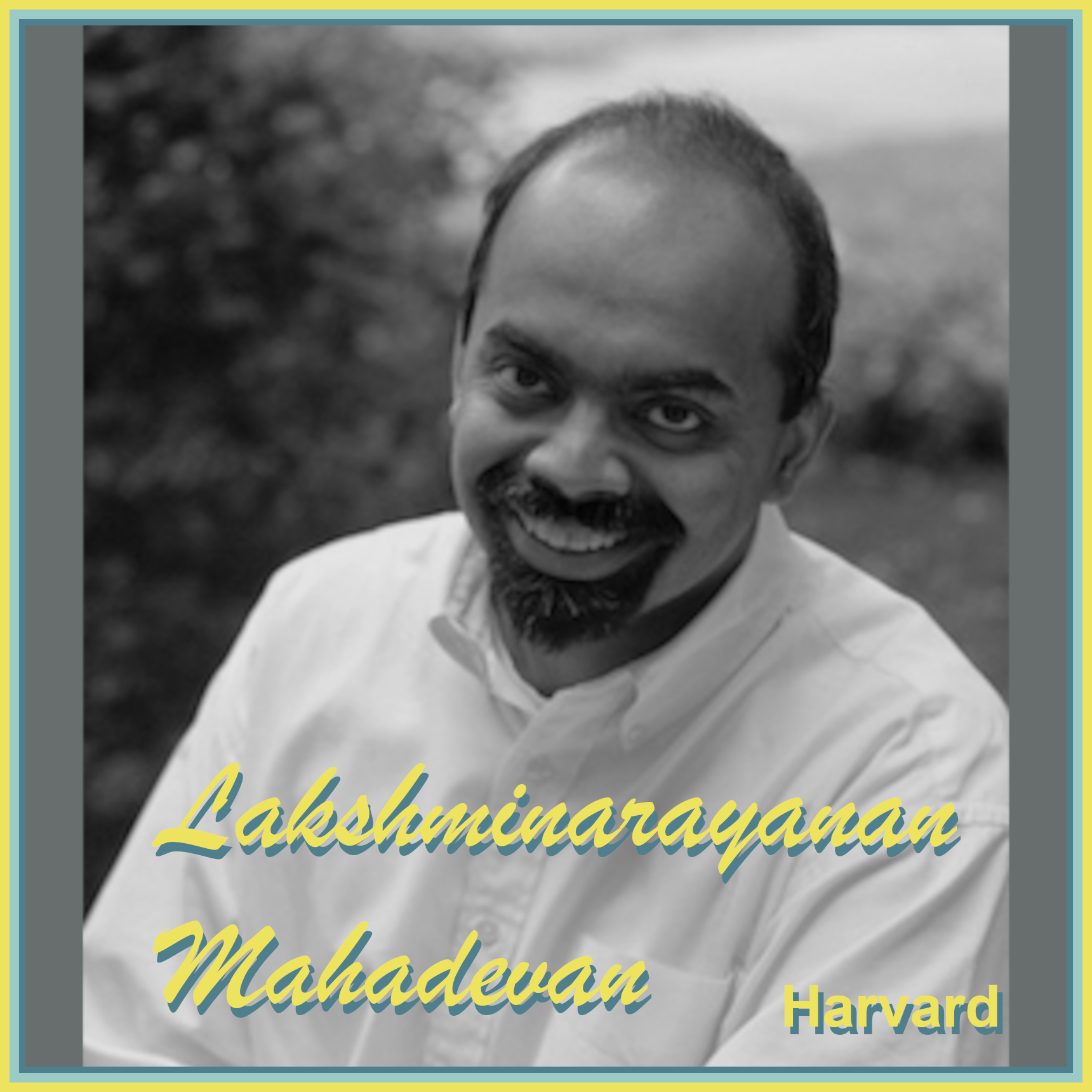


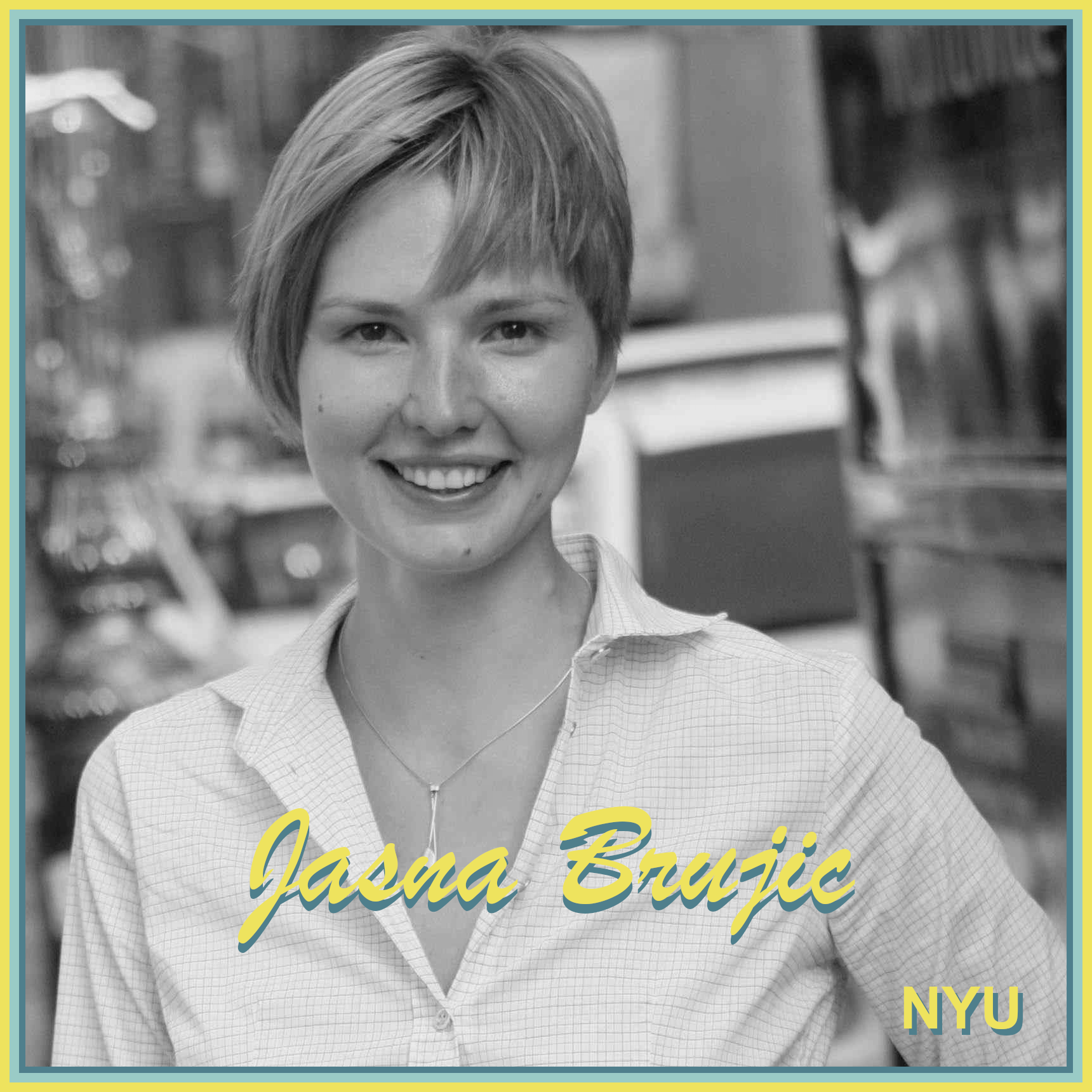
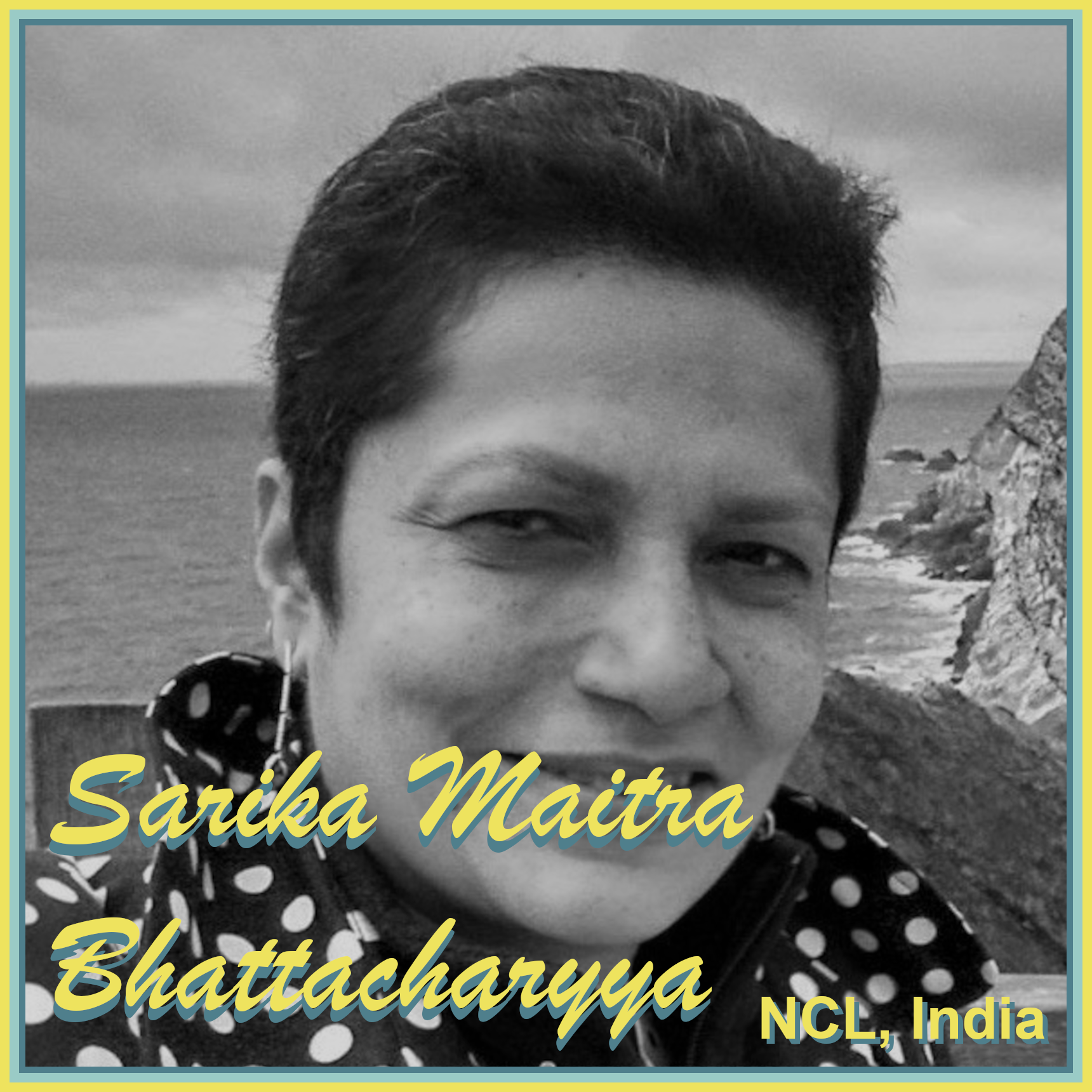
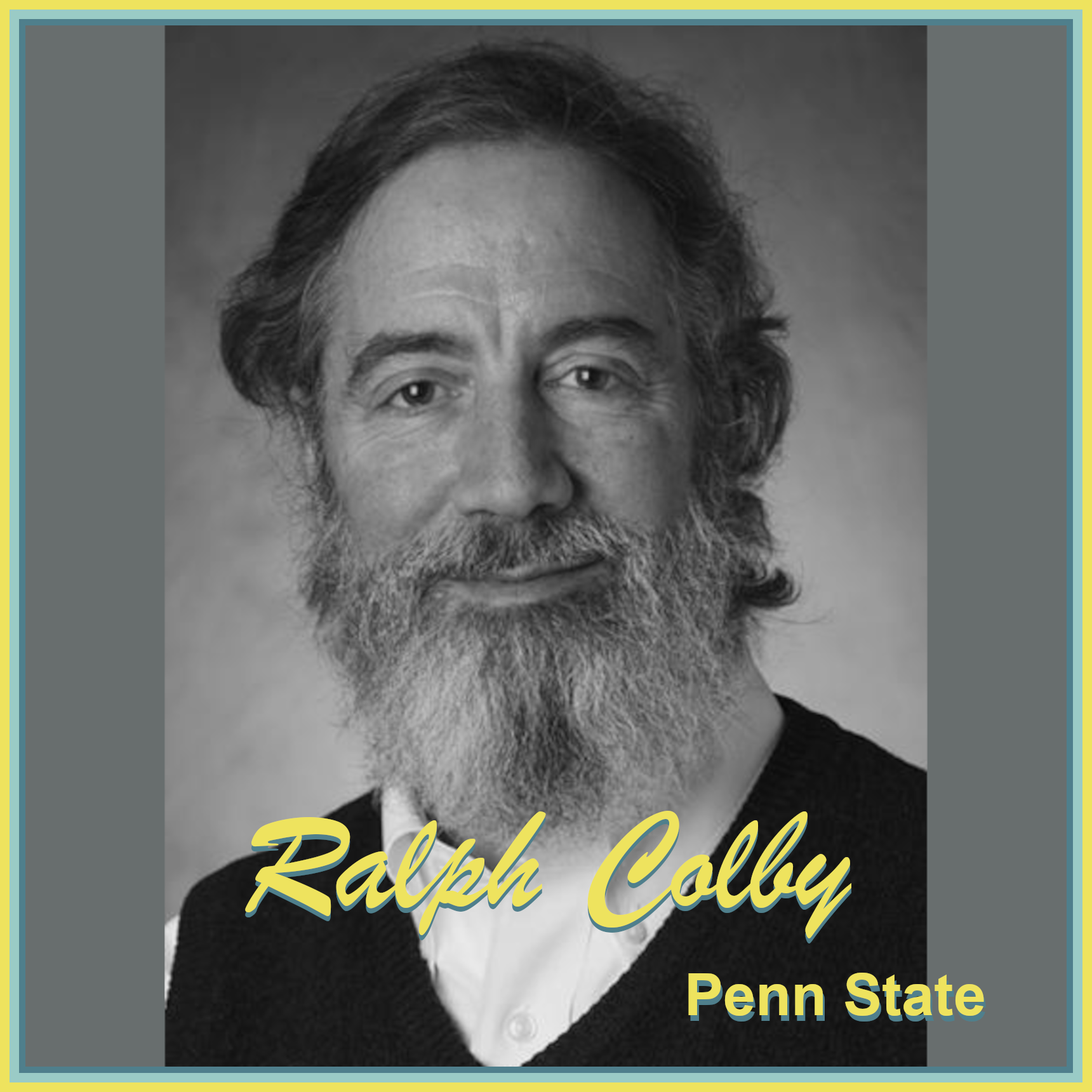
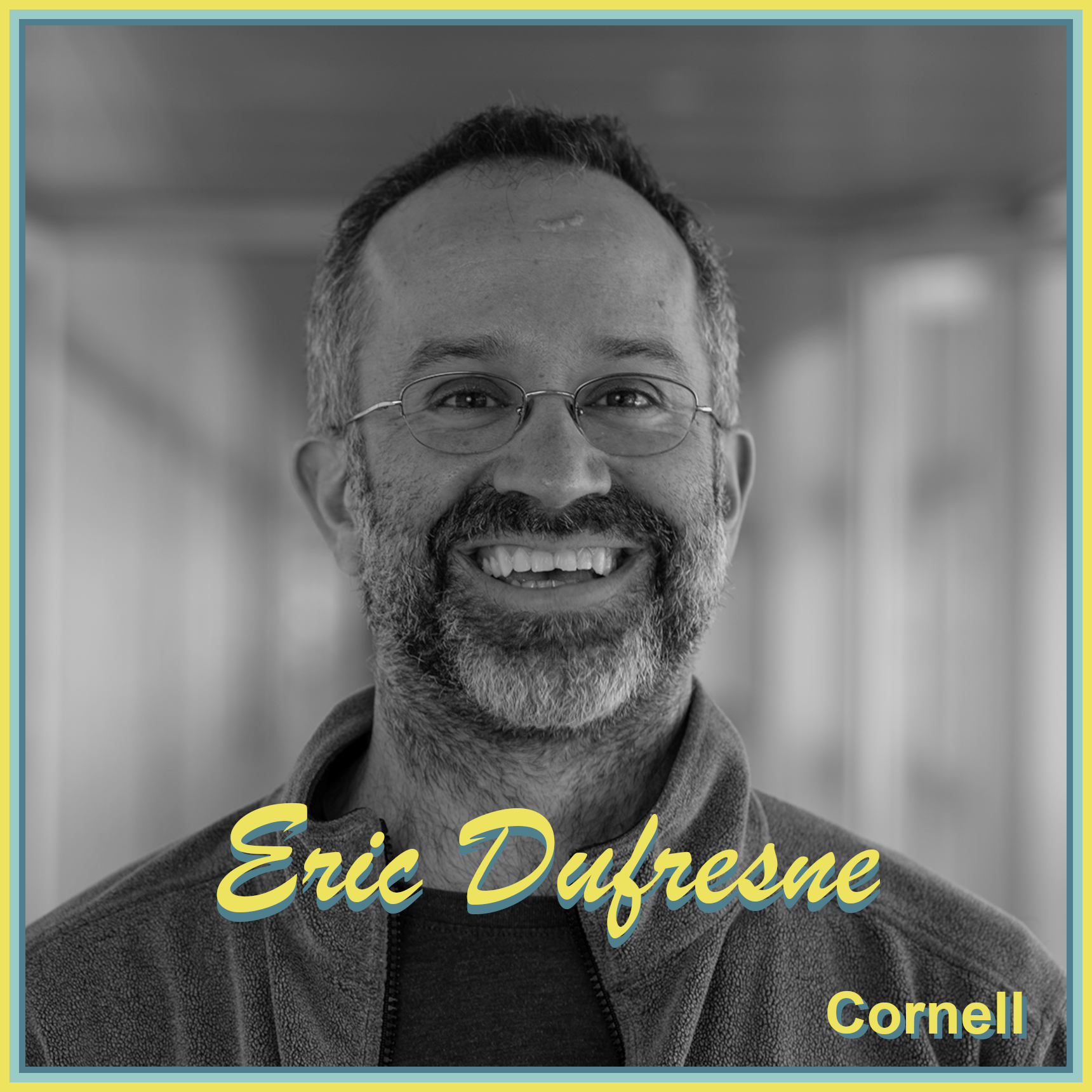
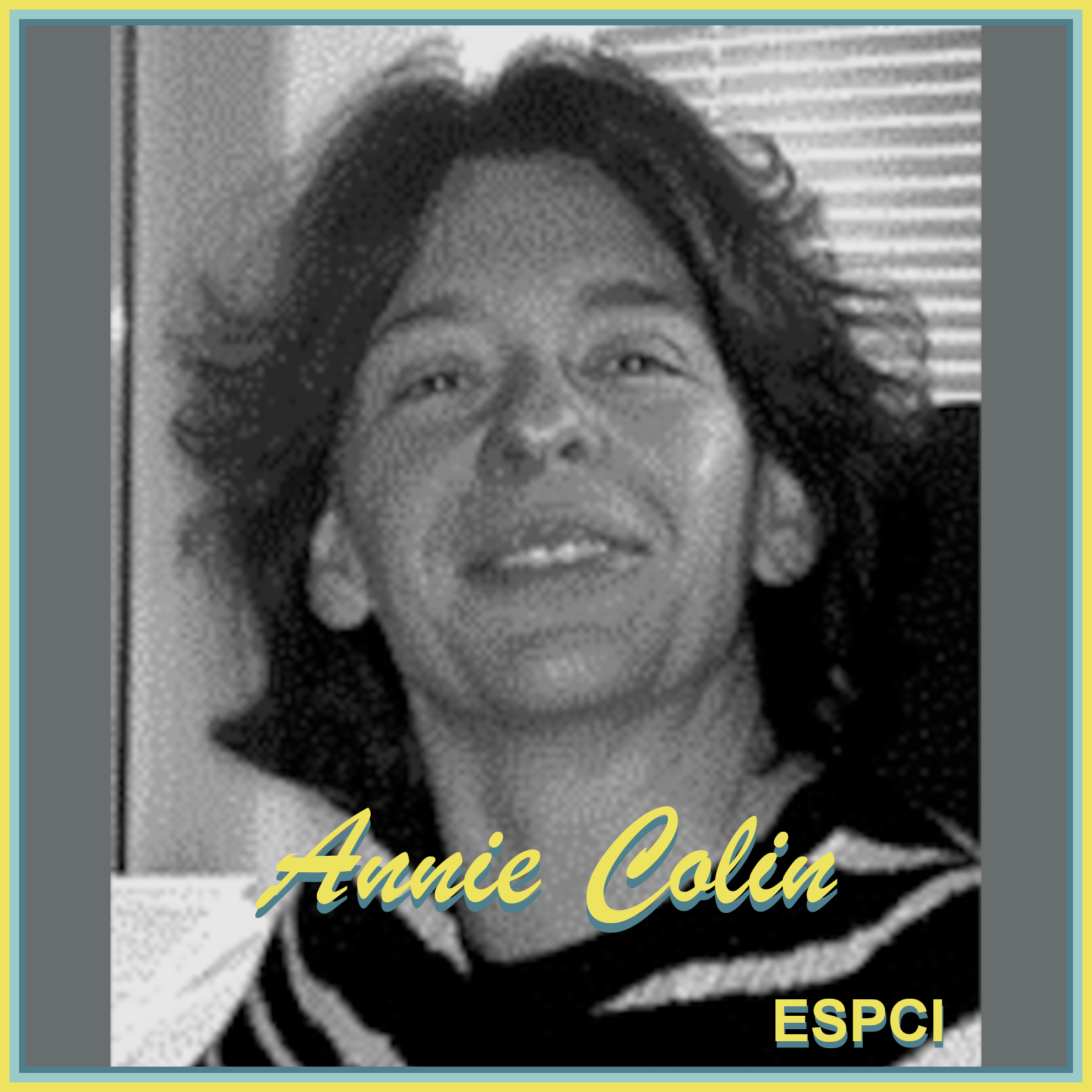
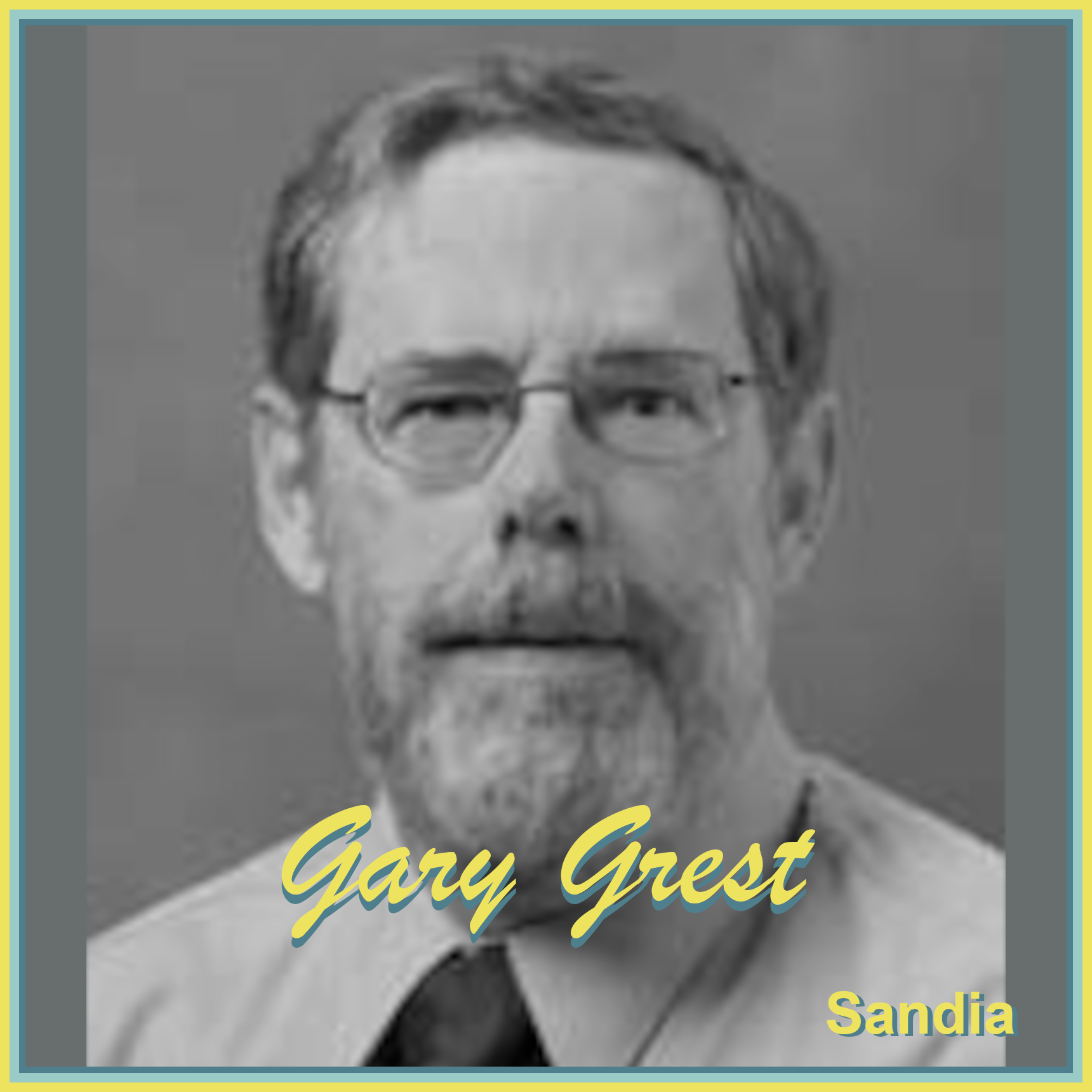
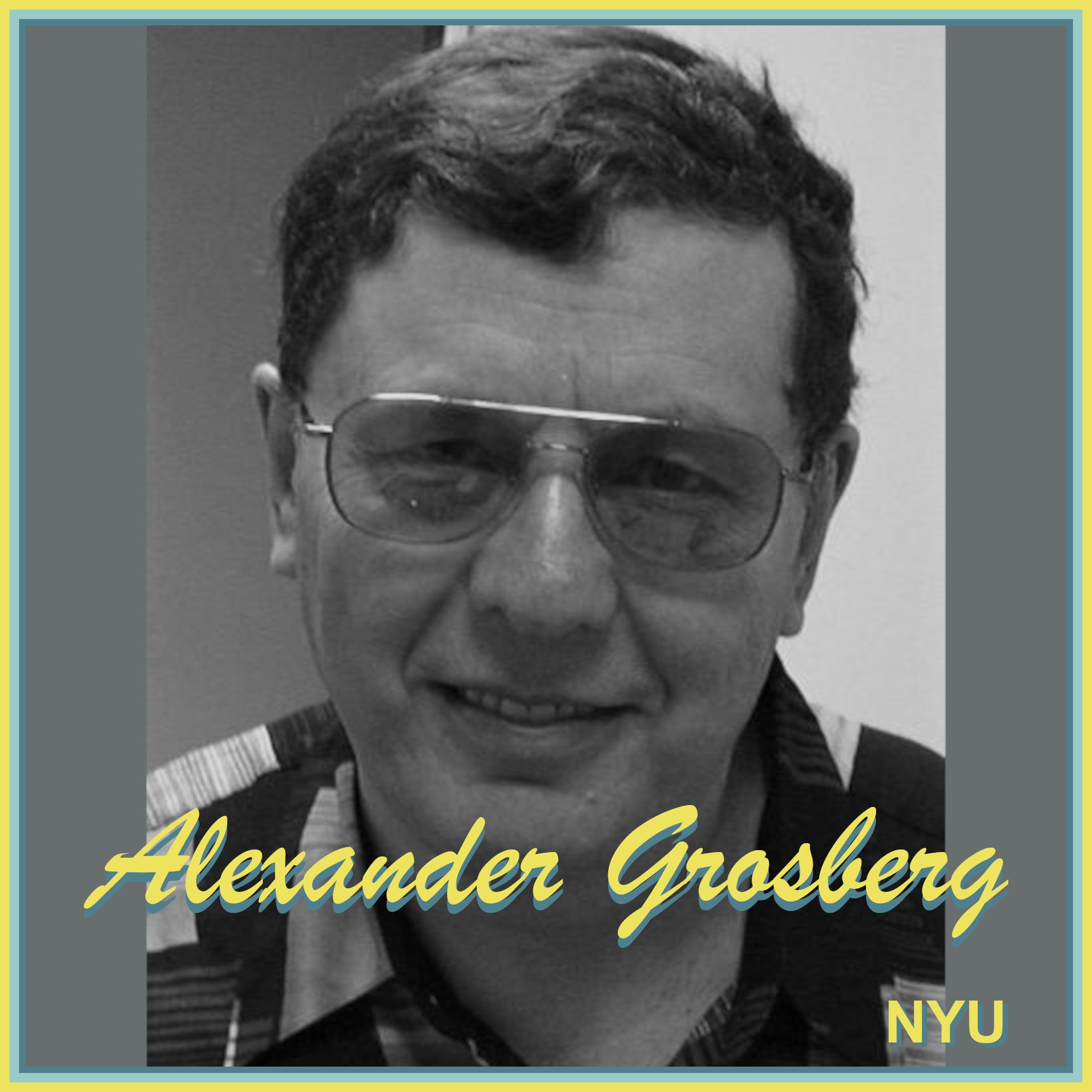
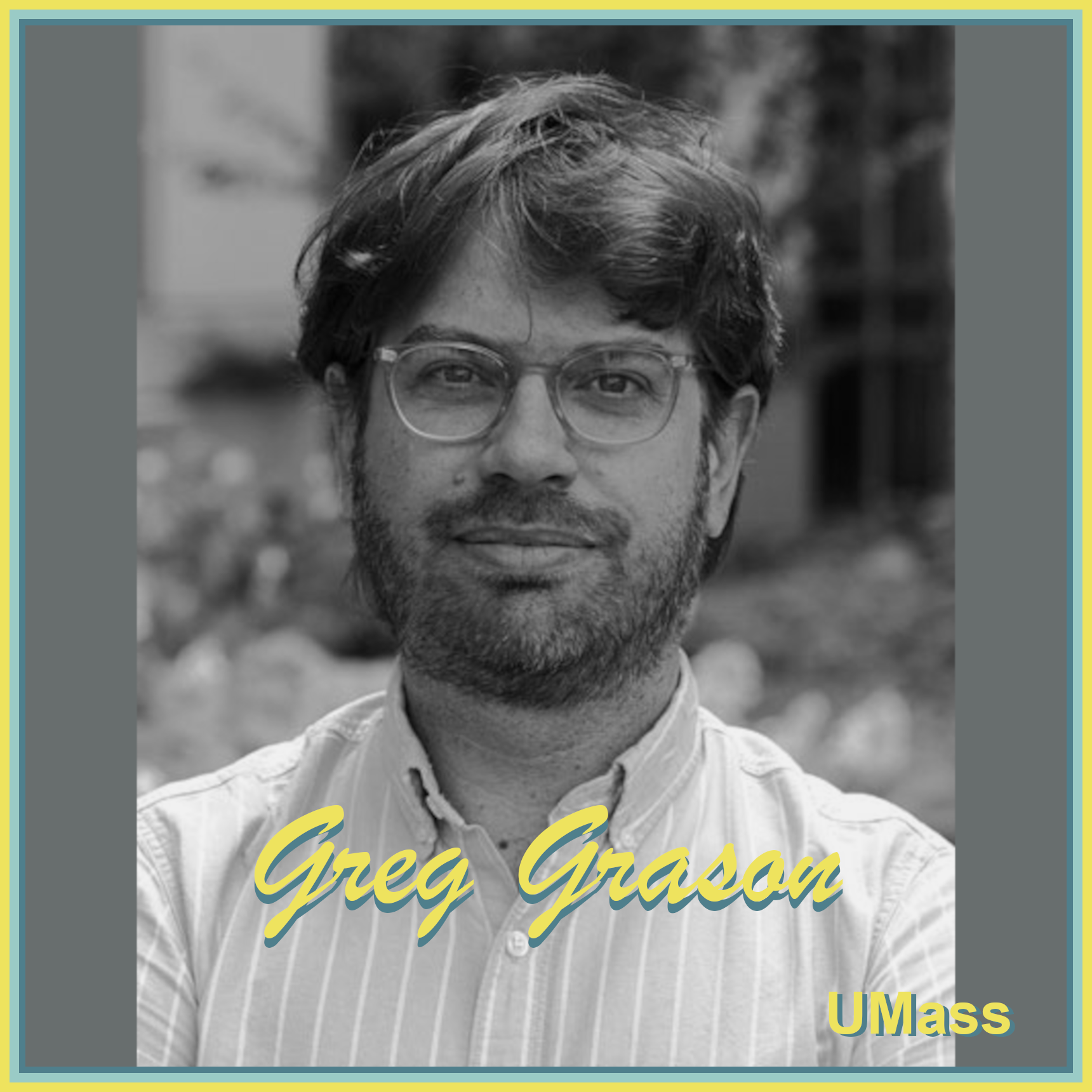
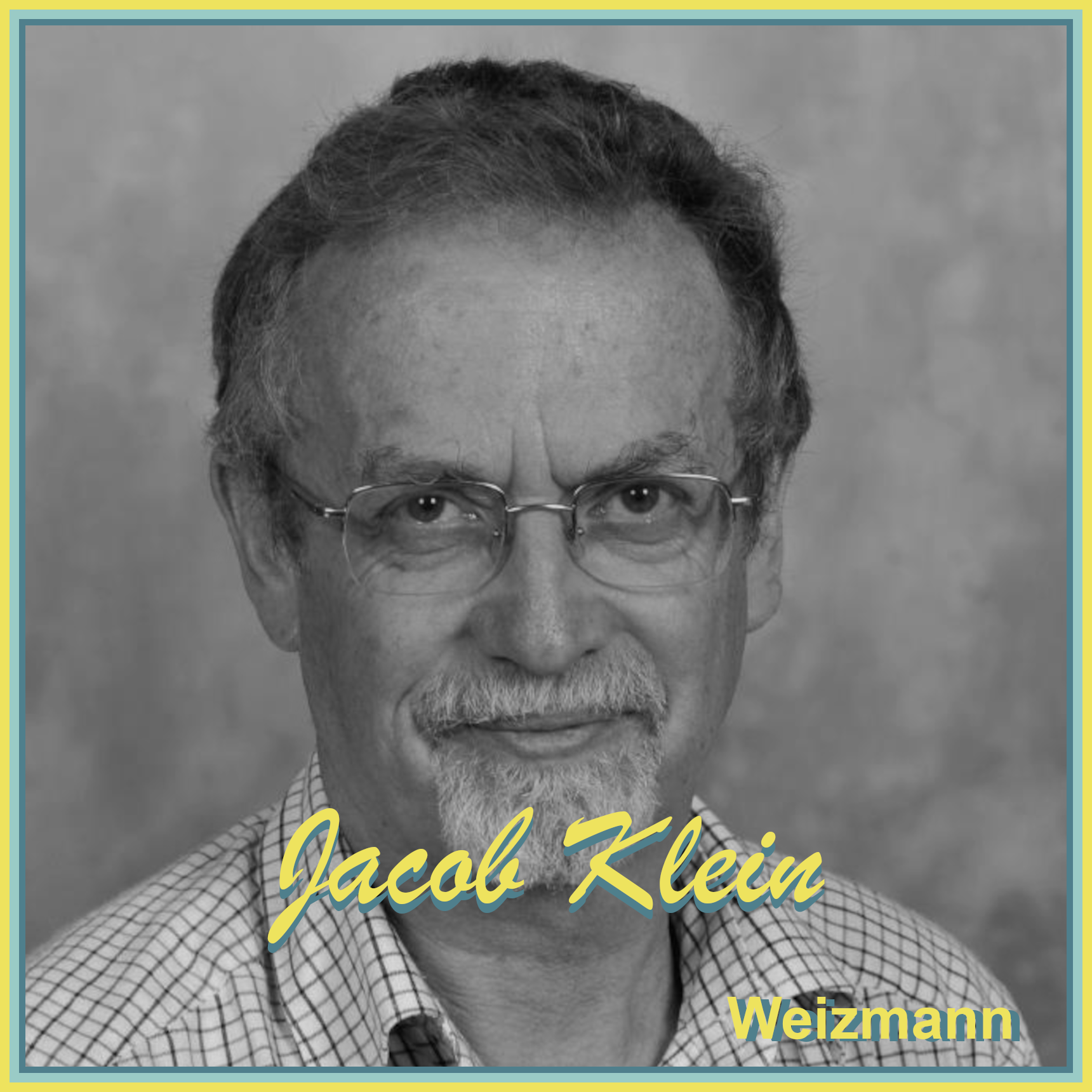
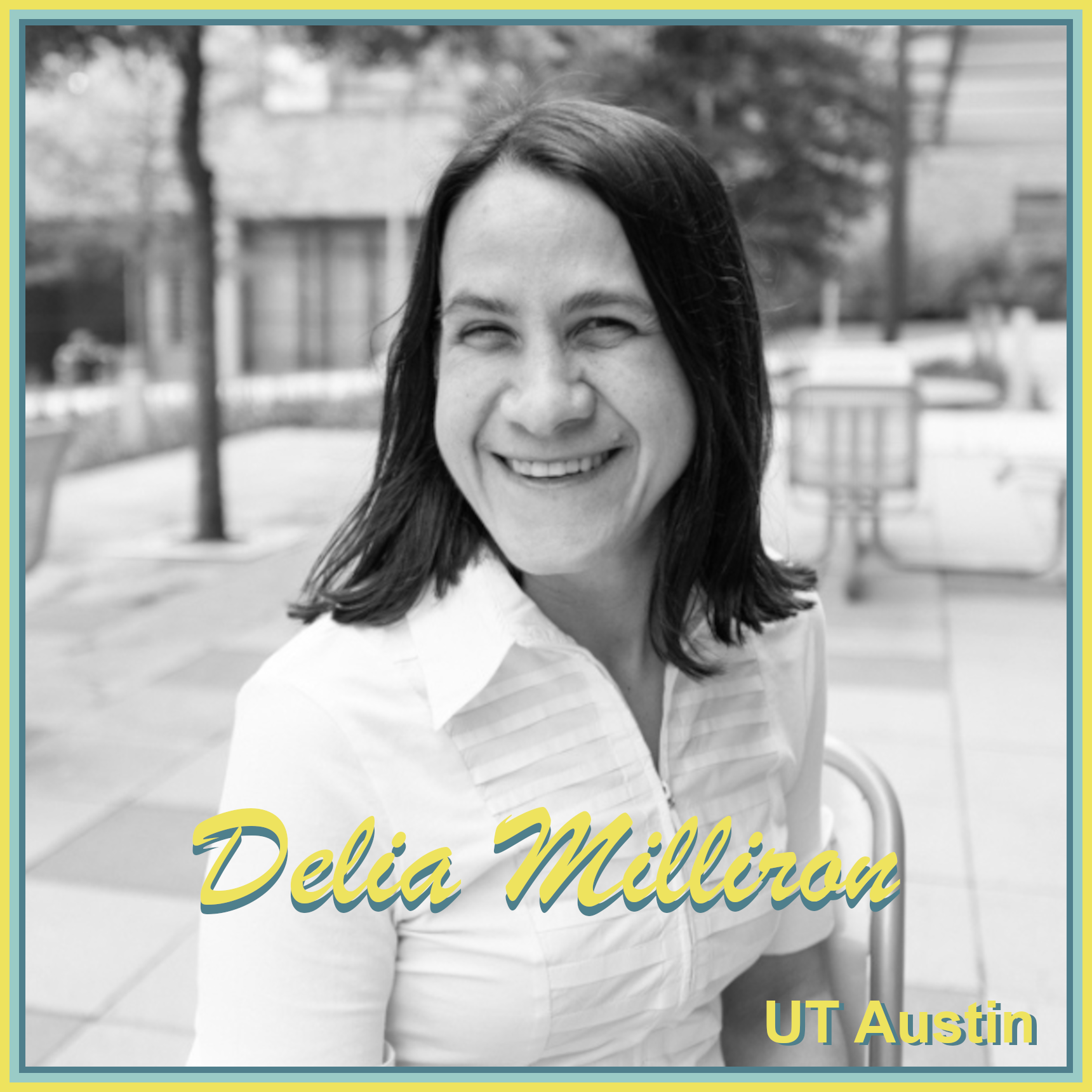
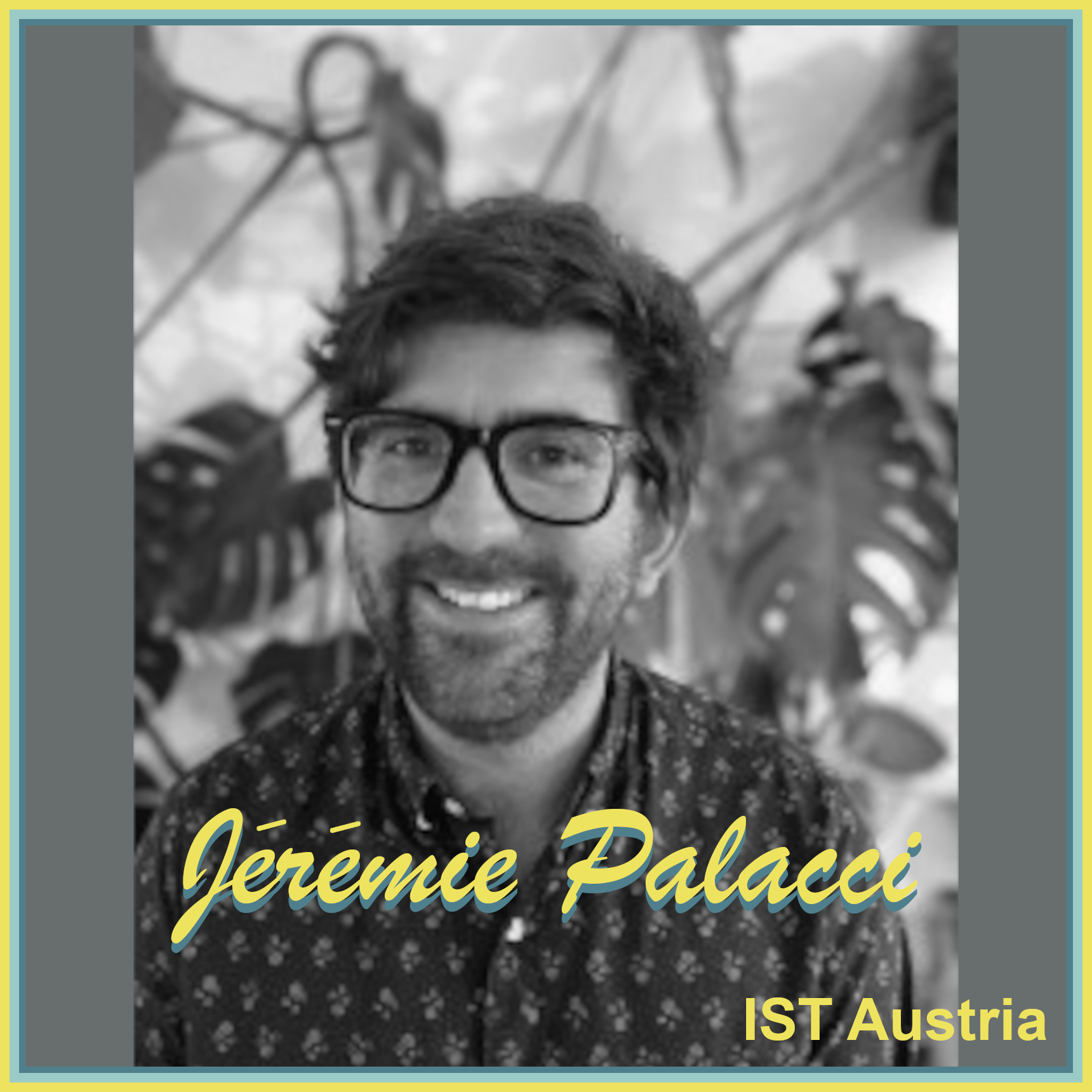
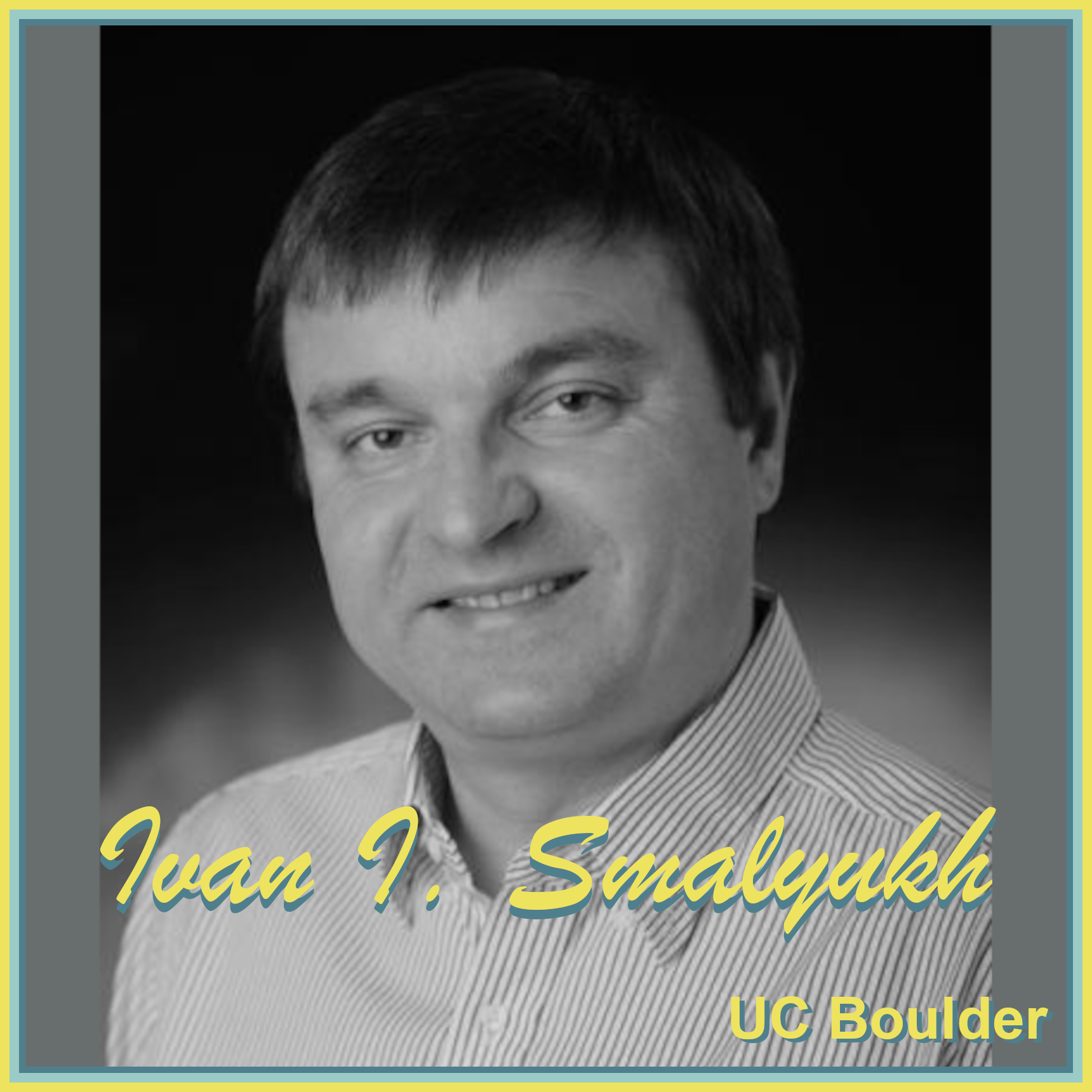
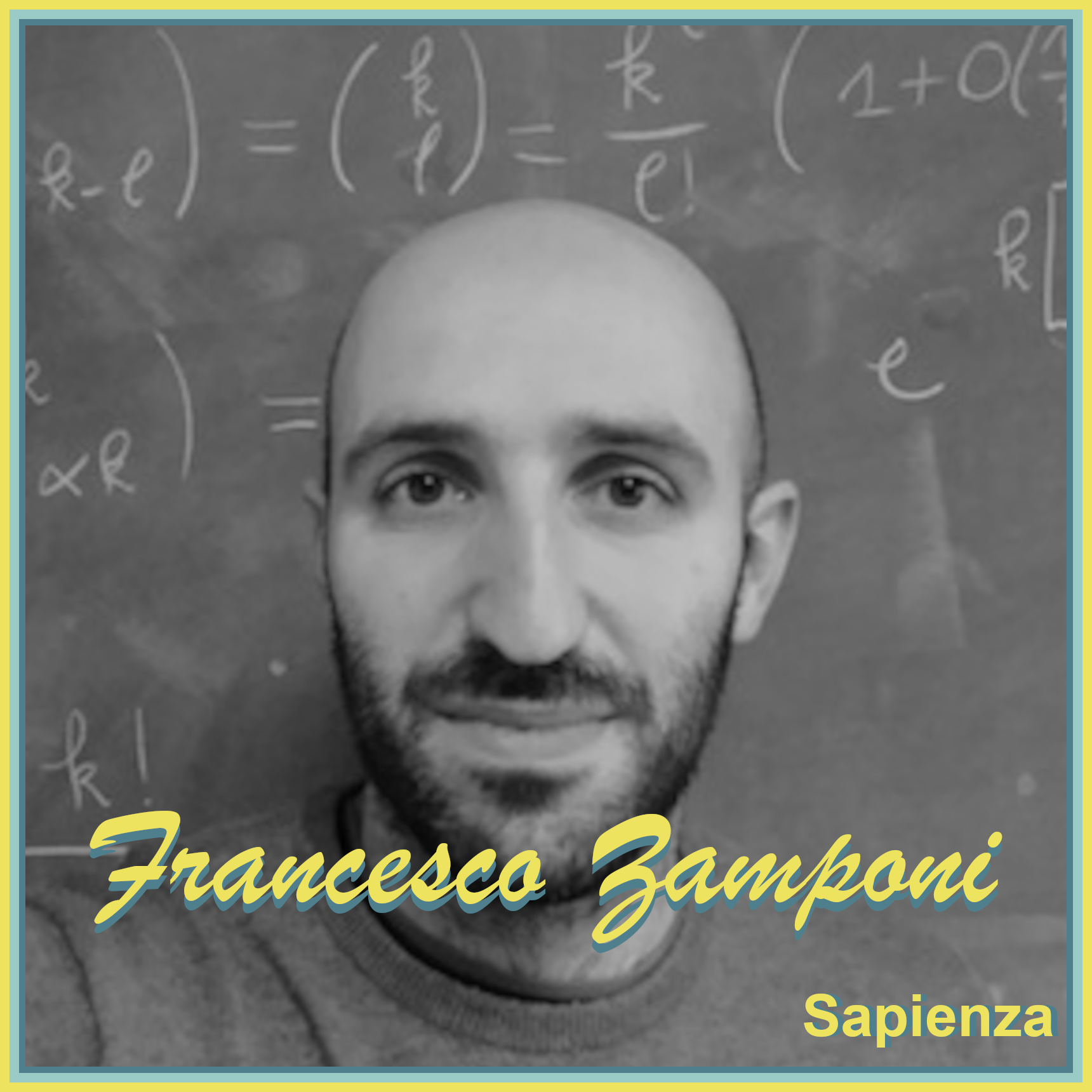

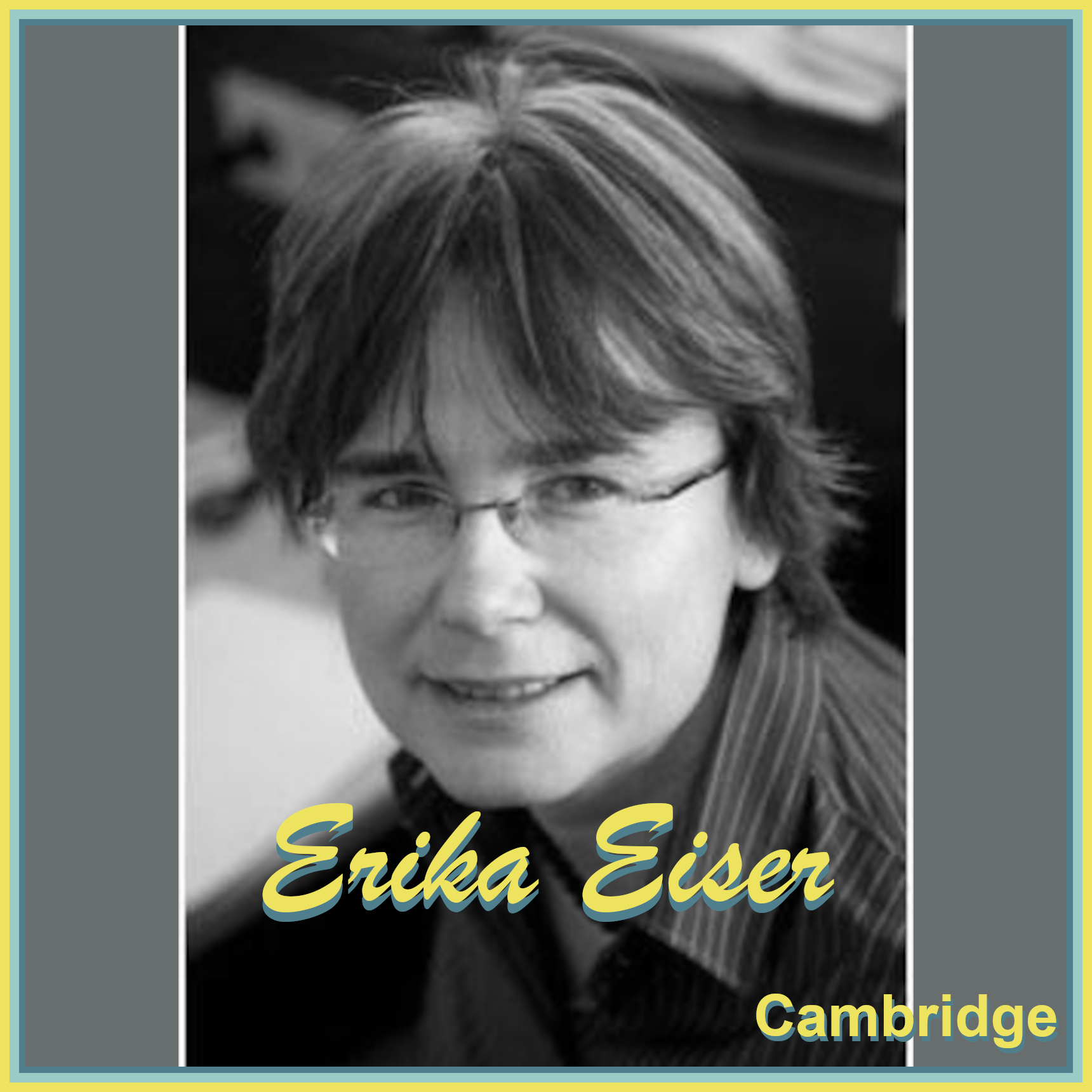
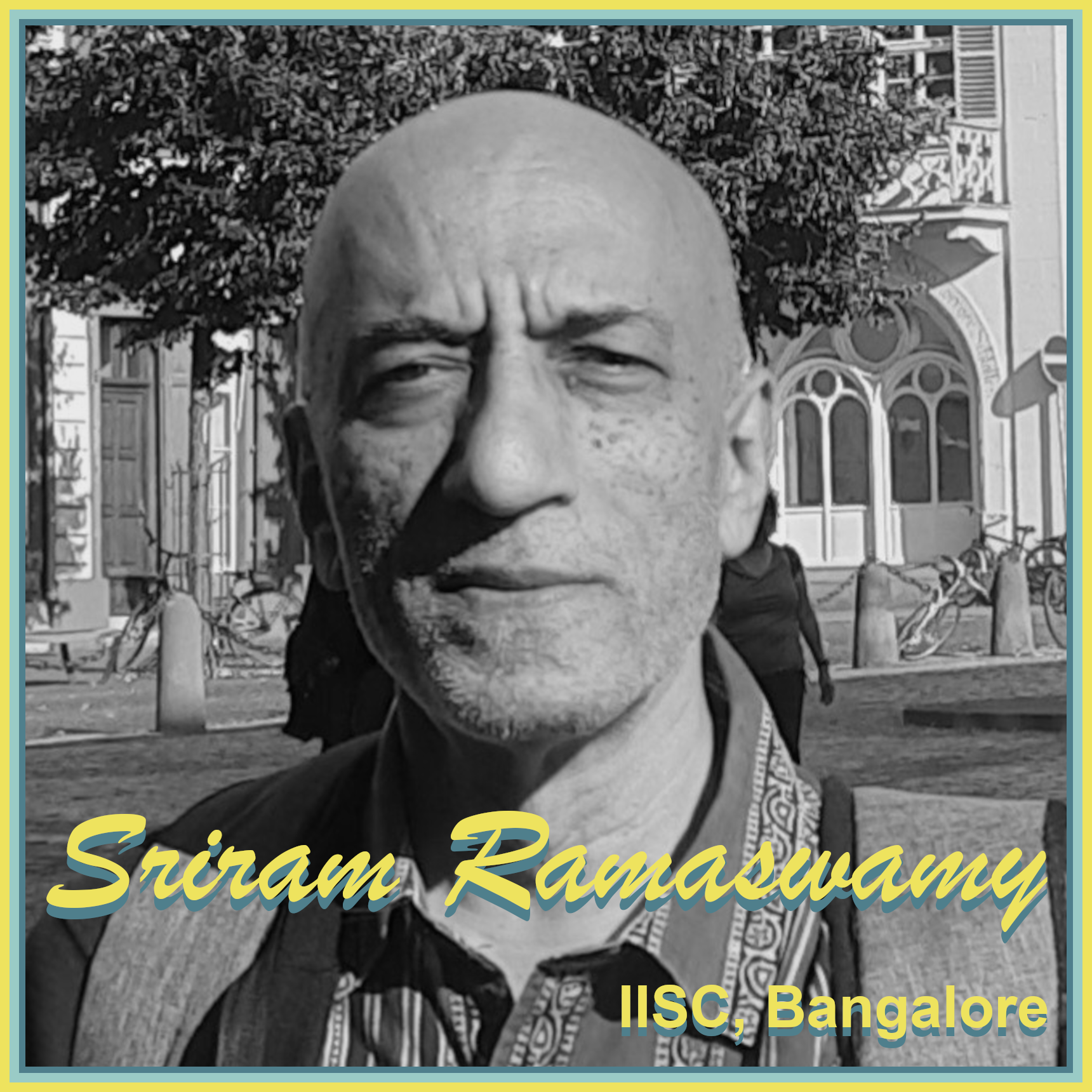

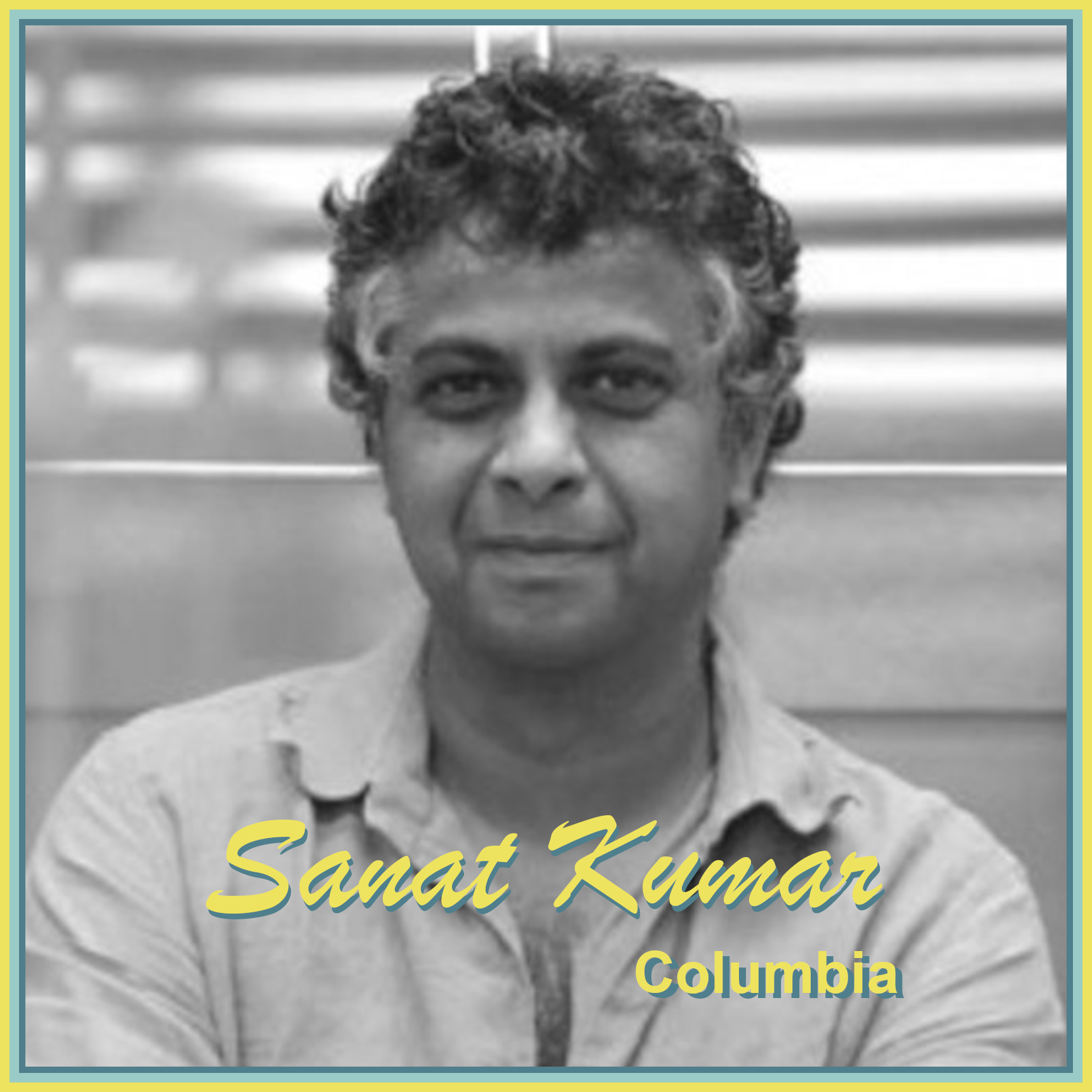
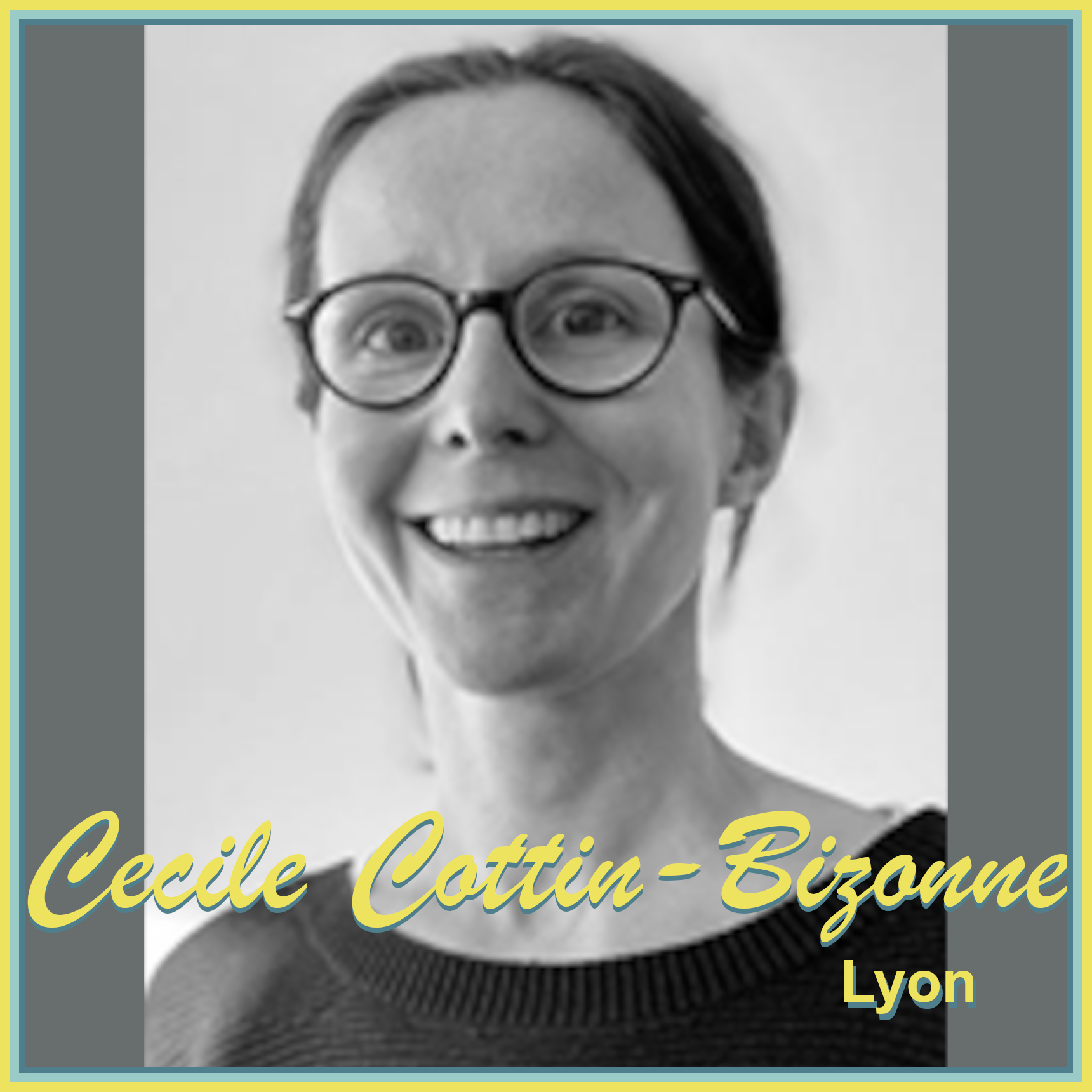
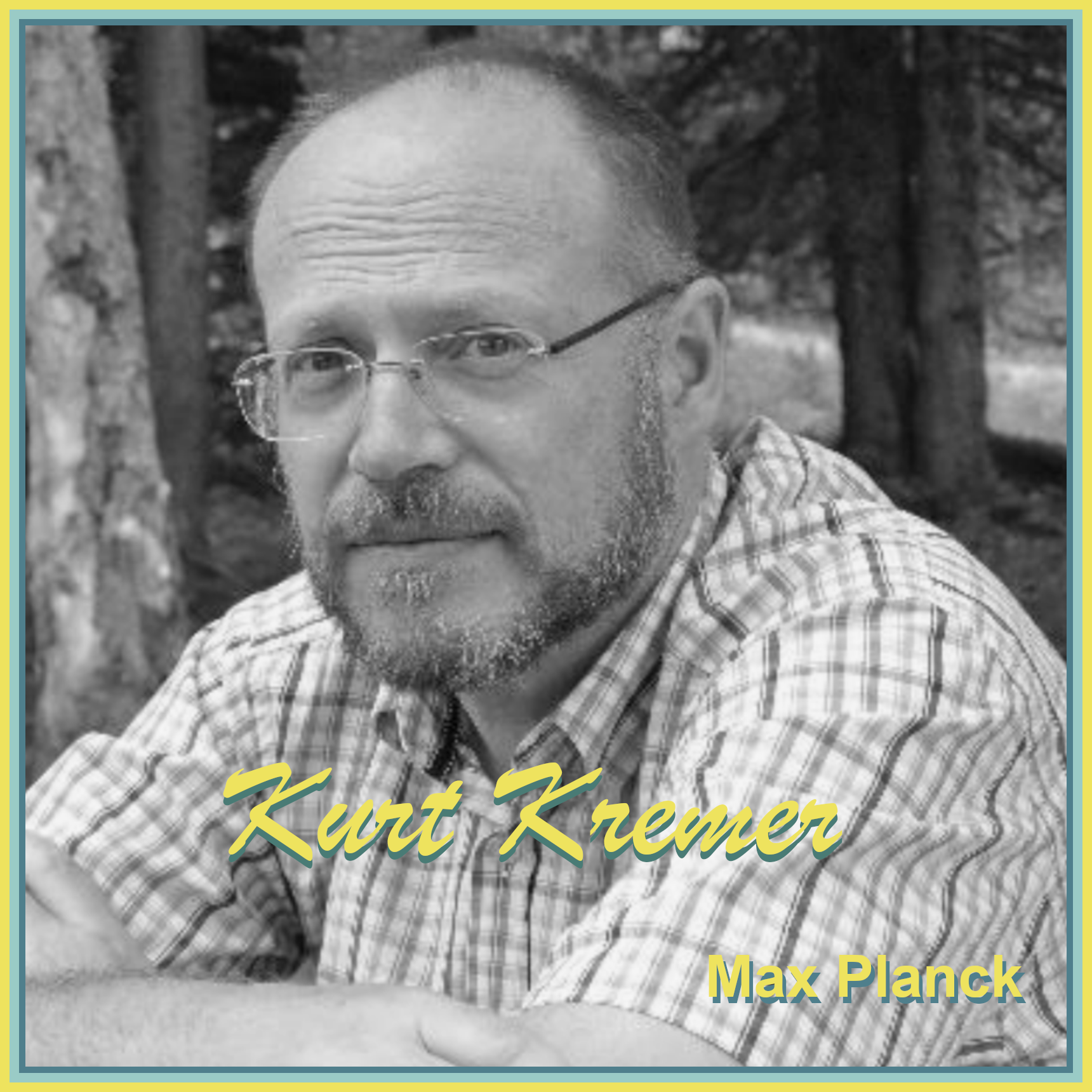
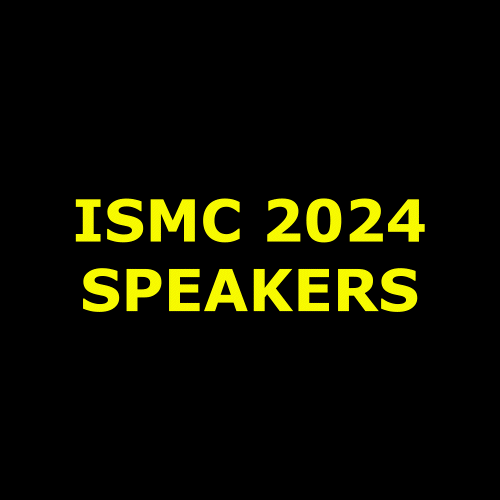
Organizing Committee:
Chairs
Ronit Freeman (UNC)
Jan Genzer (NCSU)
Michael Rubinstein (Duke)
Patrick Charbonneau (Duke)
Karen Daniels (NCSU)
Moumita Das (RIT)
Lilian Hsiao (NCSU)
Daphne Klotsa (UNC)
Christoph Schmidt (Duke)
Stefan Zauscher (Duke)
International Program Committee:
Patricia Bassereau (Institut Curie)
Seth Fraden (Brandeis)
Jian Ping Gong (Hokkaido)
Jean-François Joanny (Collège de France)
Eugenia Kumacheva (Toronto)
Andrea Liu ( UPenn)
Srikanth Sastry (JNCASR)
Hajime Tanaka (U Tokyo)
David Weitz (Harvard)
Emanuela Zaccarelli (Sapienza)
Organizing Committee:
Chairs
Ronit Freeman (UNC)
Jan Genzer (NCSU)
Michael Rubinstein (Duke)
Patrick Charbonneau (Duke)
Karen Daniels (NCSU)
Moumita Das (RIT)
Lilian Hsiao (NCSU)
Daphne Klotsa (UNC)
Christoph Schmidt (Duke)
Stefan Zauscher (Duke)
International Program Committee:
Patricia Bassereau (Institut Curie)
Seth Fraden (Brandeis)
Jian Ping Gong (Hokkaido)
Jean-François Joanny (Collège de France)
Eugenia Kumacheva (Toronto)
Andrea Liu ( UPenn)
Srikanth Sastry (JNCASR)
Hajime Tanaka (U Tokyo)
David Weitz (Harvard)
Emanuela Zaccarelli (Sapienza)
The 8th International Soft matter Conference (ISMC2024 is part of the ISMC series held around the world and the first such event organized in the Americas. We are bringing together scientists across subfields of soft matter with diverse expertise. Our goal is to exchange ideas and techniques to accelerate progress.
Poster boards accommodate posters with sizes up to 8ft (landscape) and 4ft (portrait)

Young Investigator Workshop Event
An event designed for students and postdocs working in soft matter to help them foster inter/intra-disciplinary connections with peers through discussion sessions guided by recognized experts. Participants will be divided into subgroups led by established soft matter scientists based on their area of interest. Brainstorming sessions will be accompanied by seminars and tutorials from senior scientists to help the participants recognize the emerging challenges in soft matter, explain their importance, discuss the current state of the art in each subfield and finally, throughout a series of group presentations, propose potential future developments in each of these exciting areas. The event starts with dinner on Friday July 26 and finishes on Sunday July 28 prior to the start of the full conference.
Duke Soft Matter Day Event: July29, 2024
Soft Matter symposium hosted by Duke University in Durham. To learn more about the event, visit Duke Soft Matter Day | SOFT MATTER CENTER
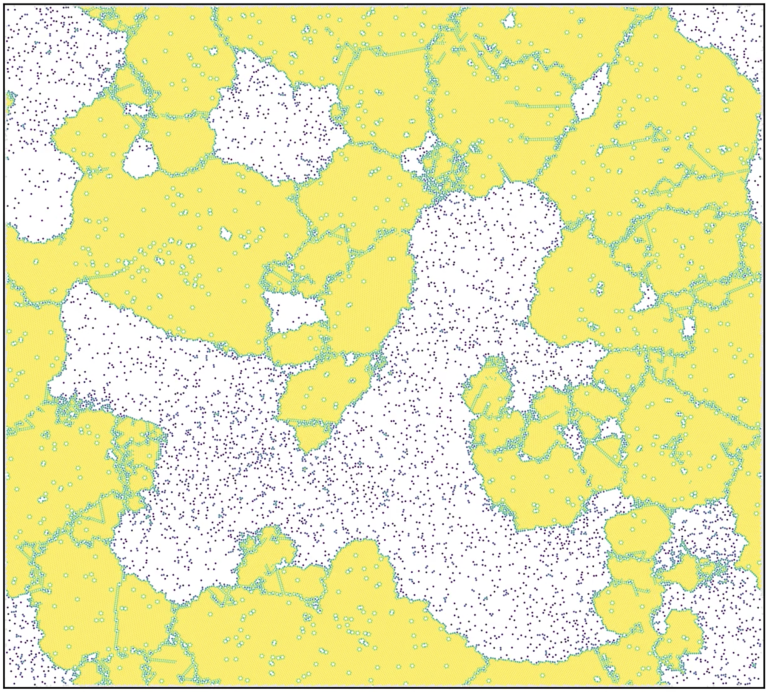
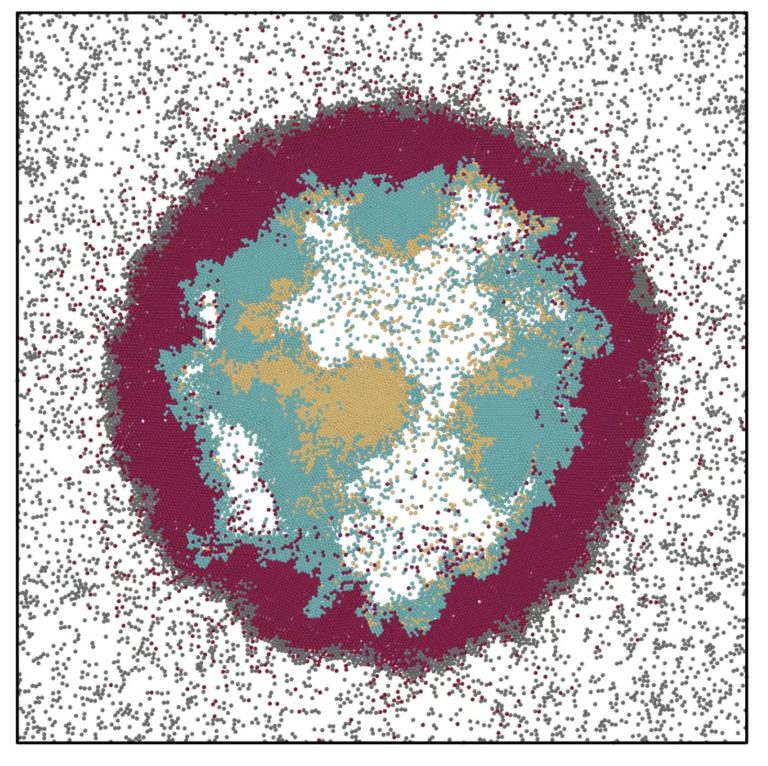
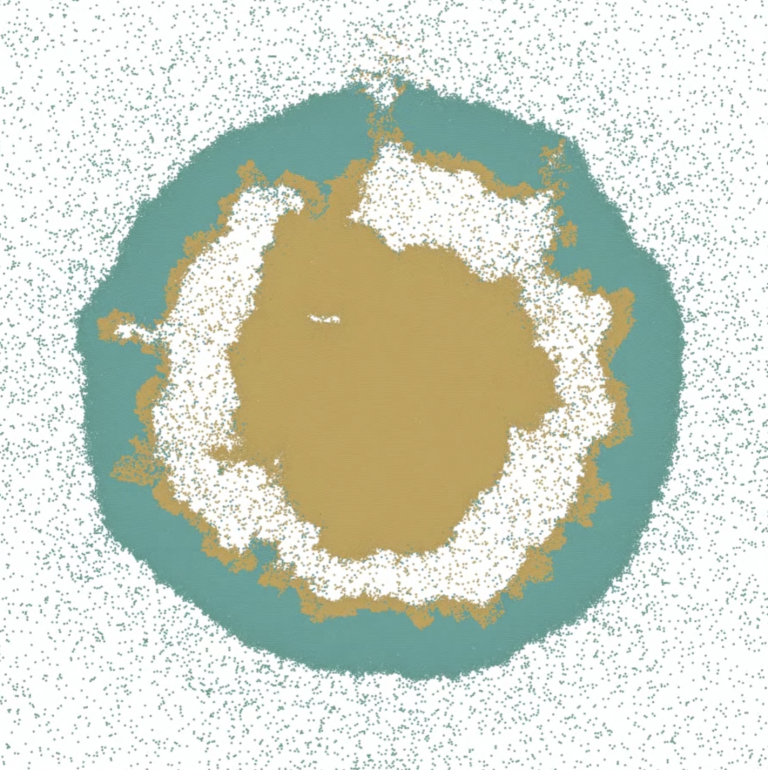
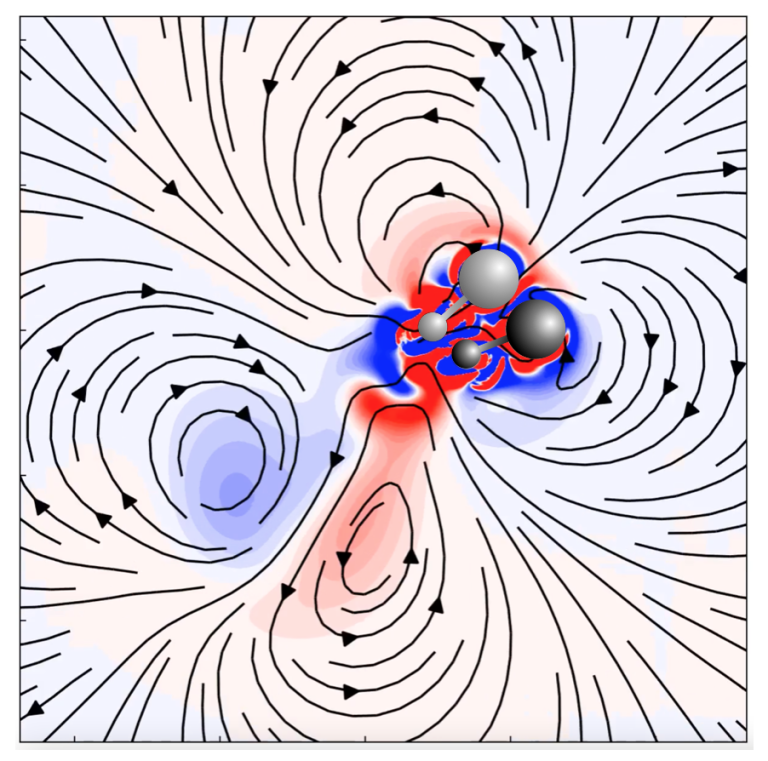
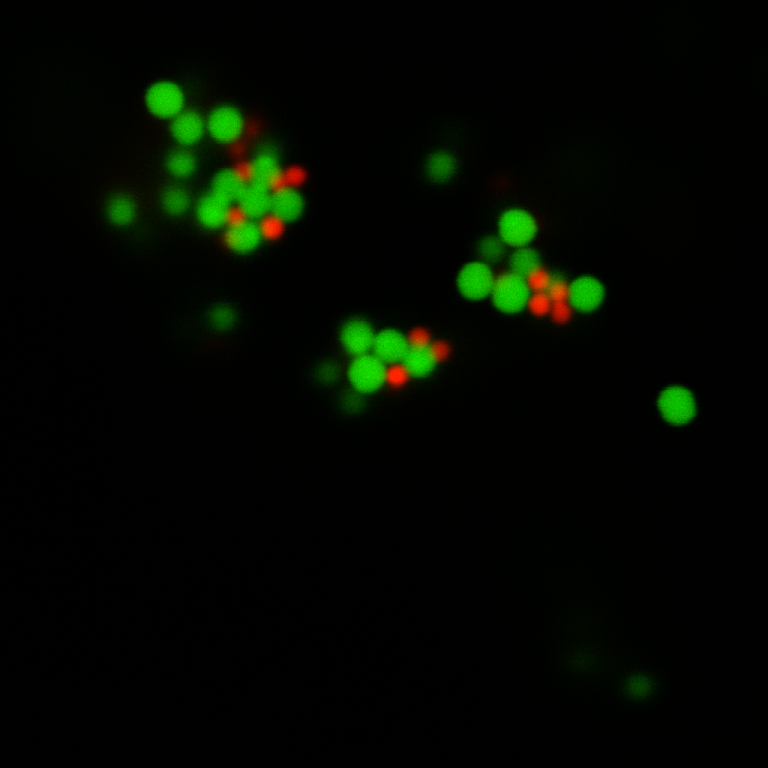
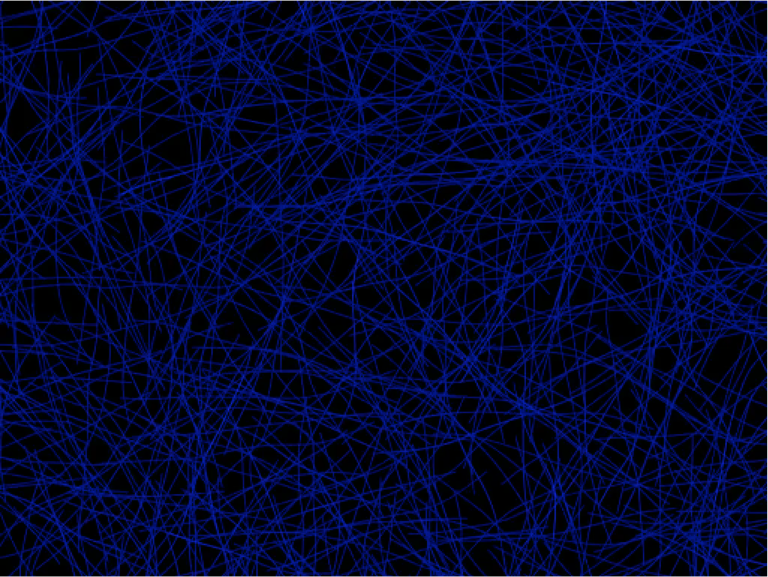
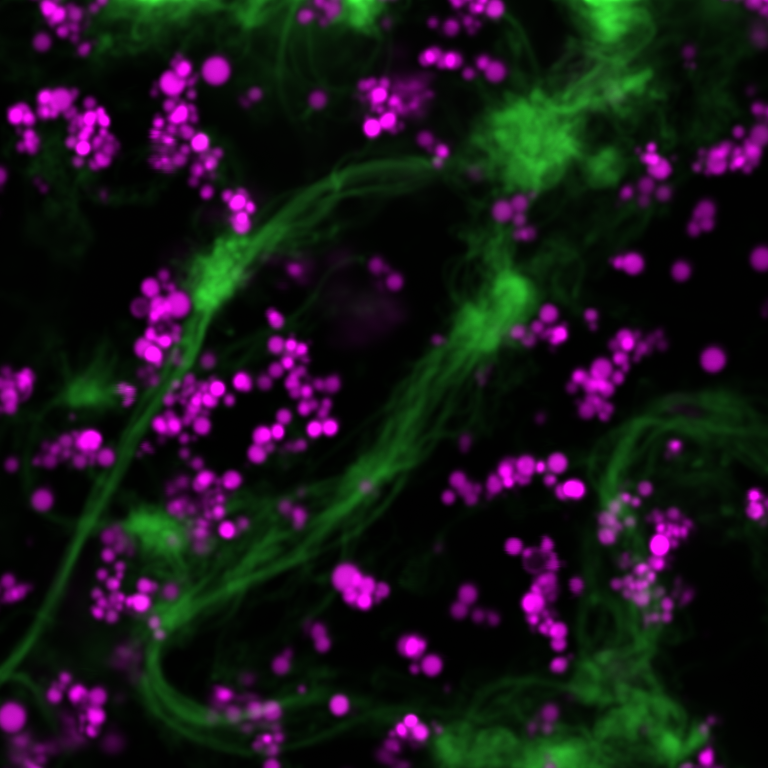
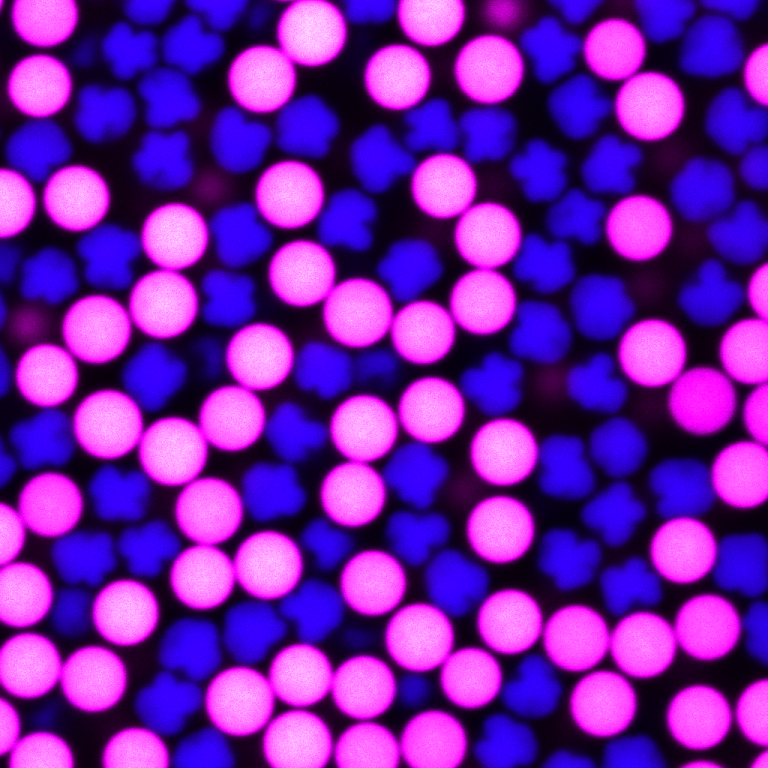
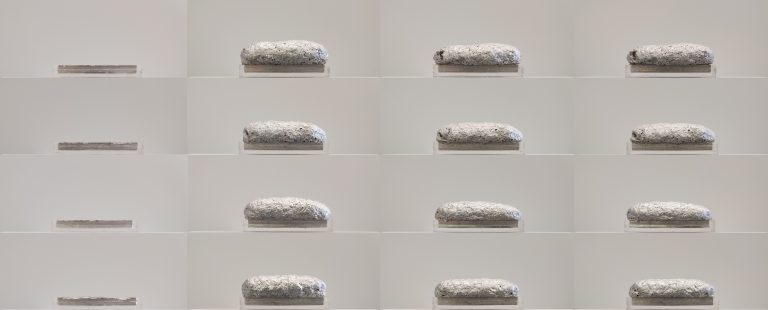
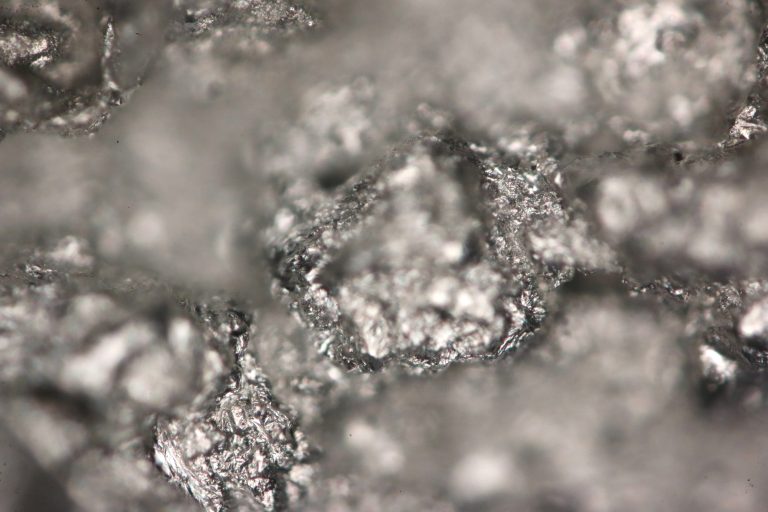
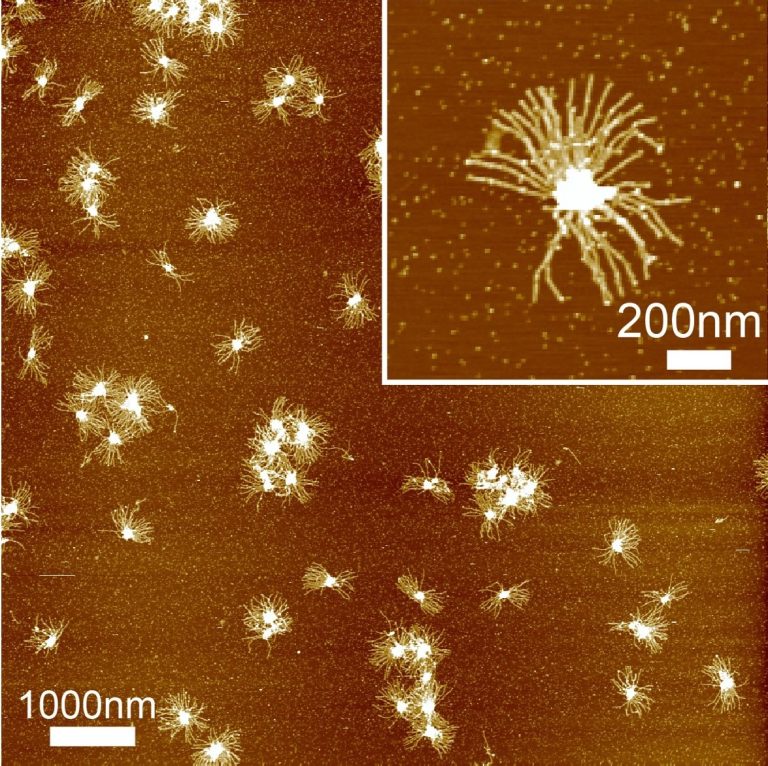
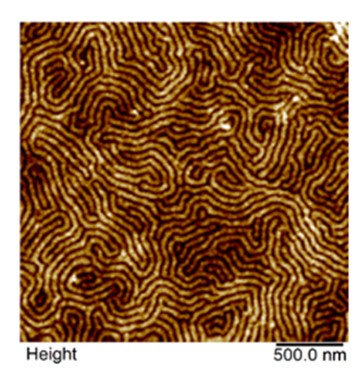
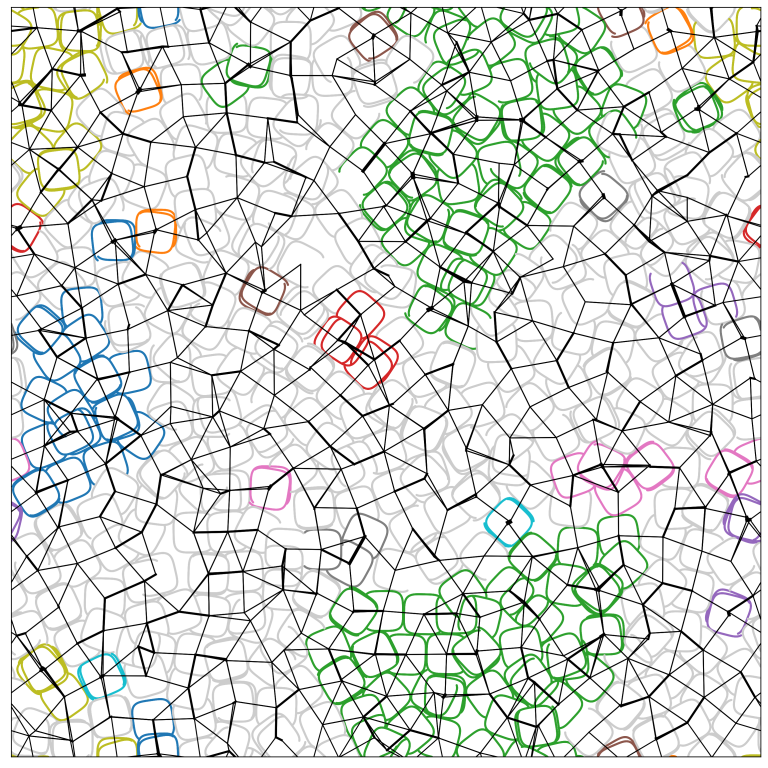
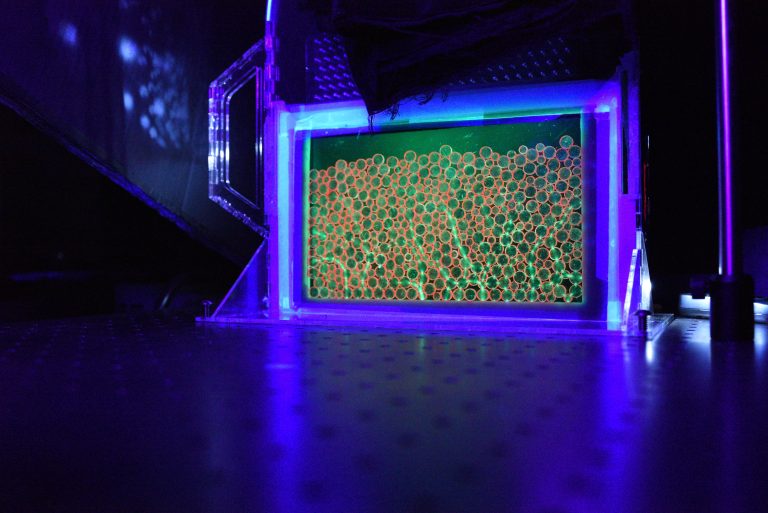
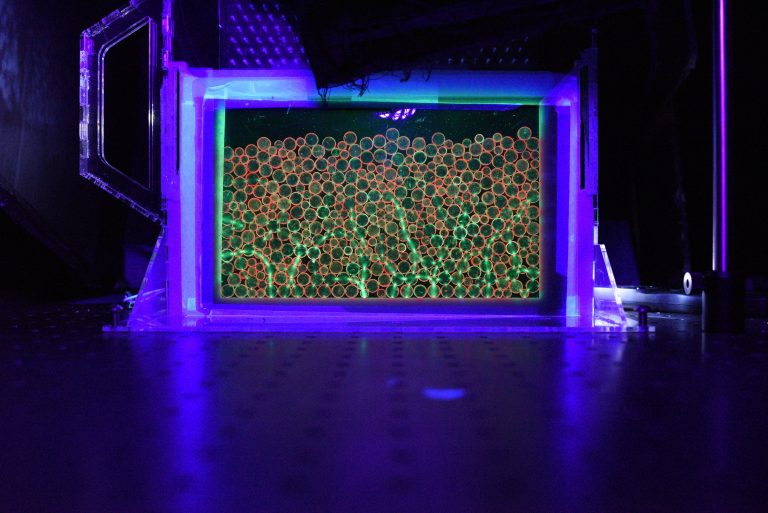
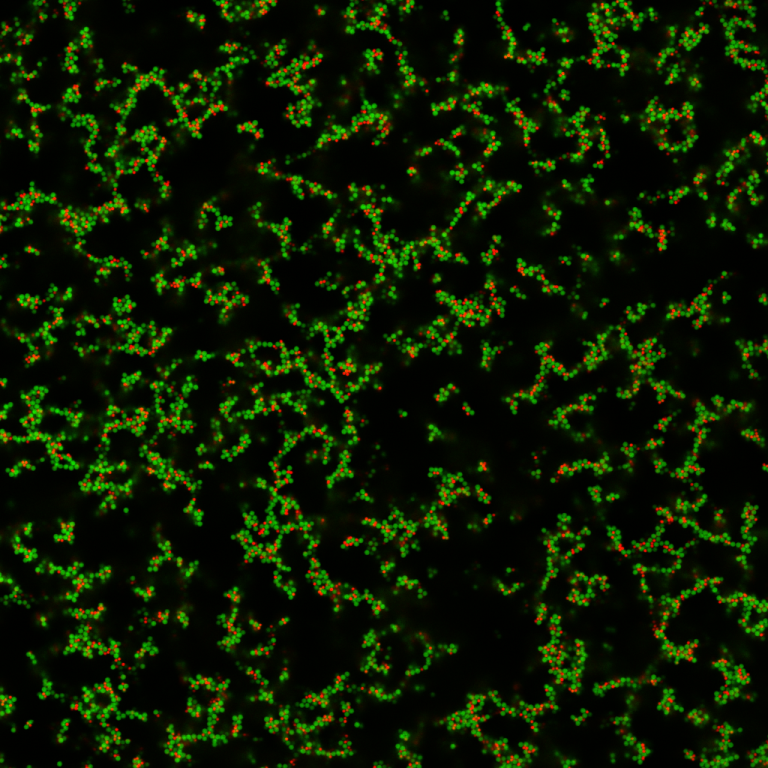
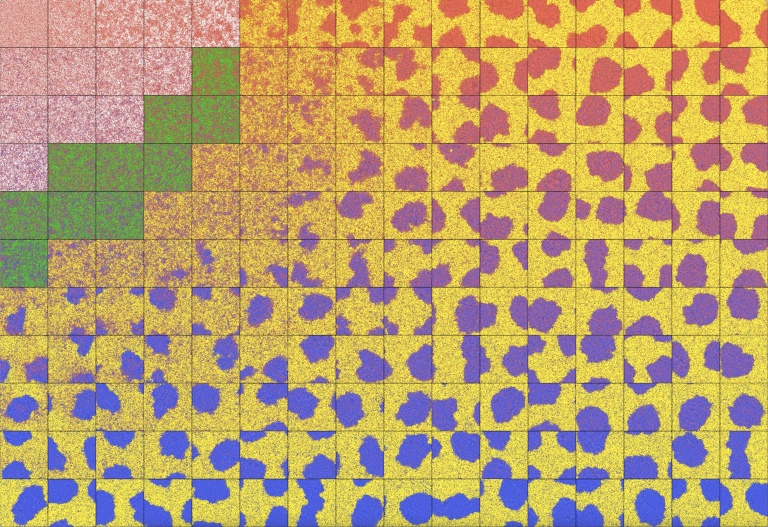
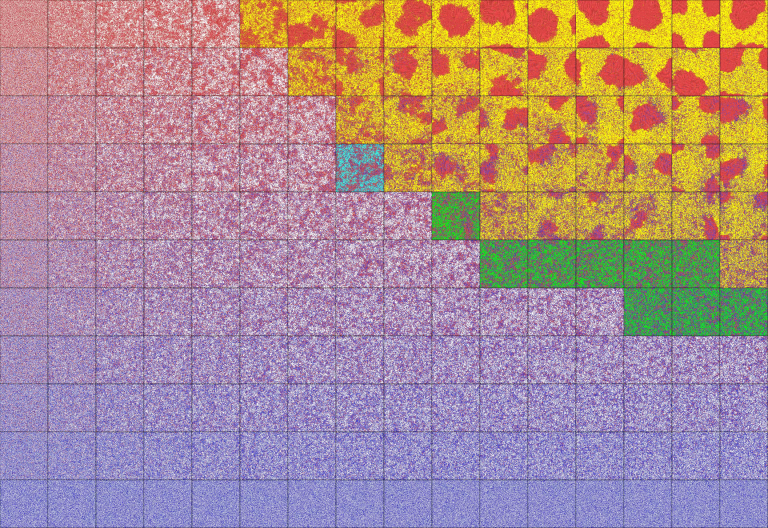
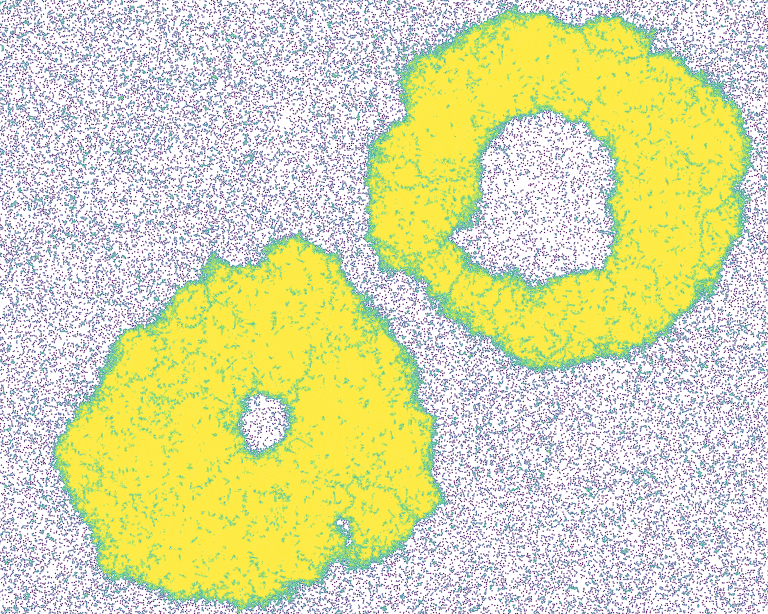
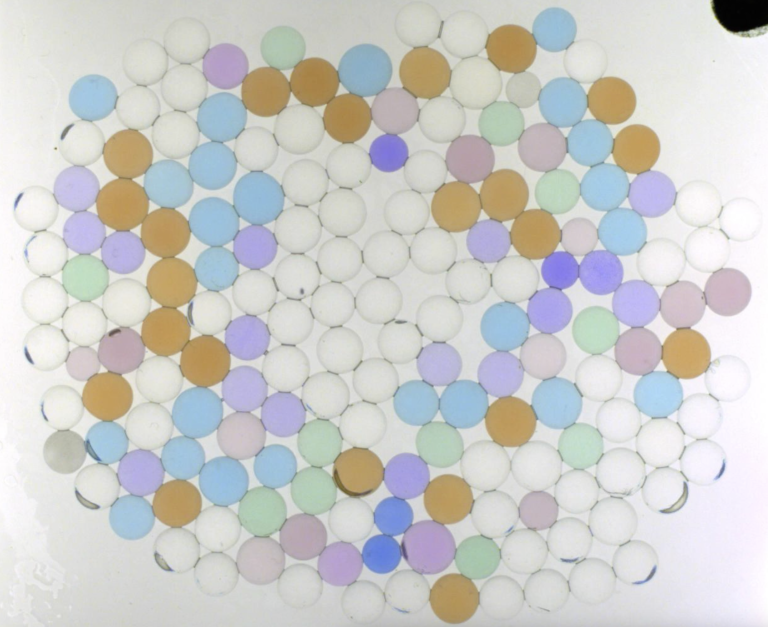
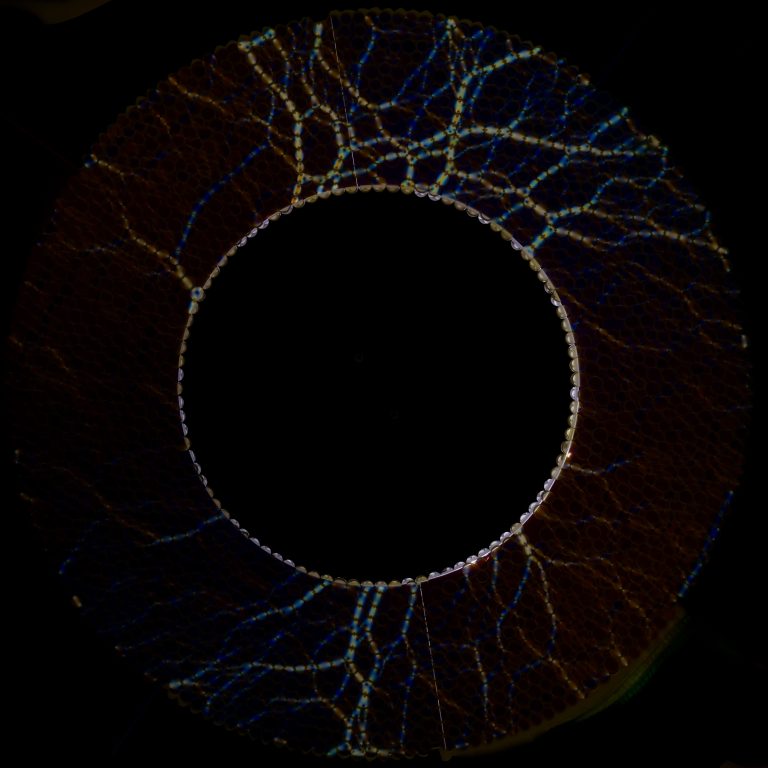
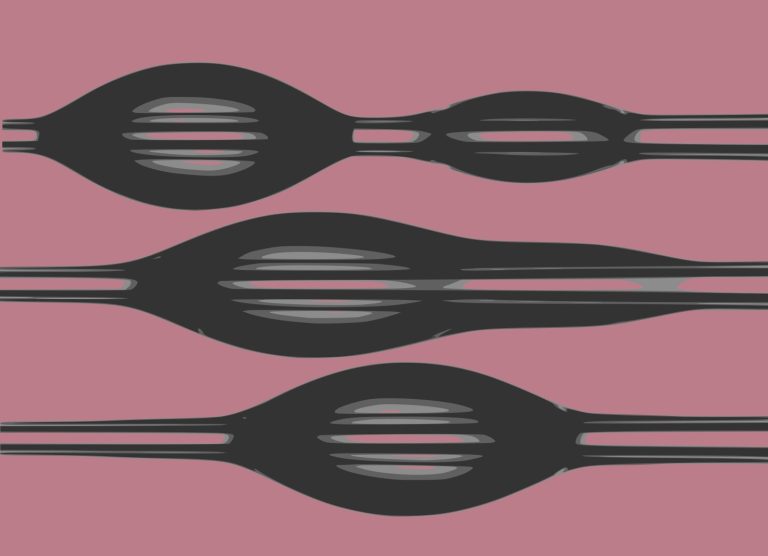
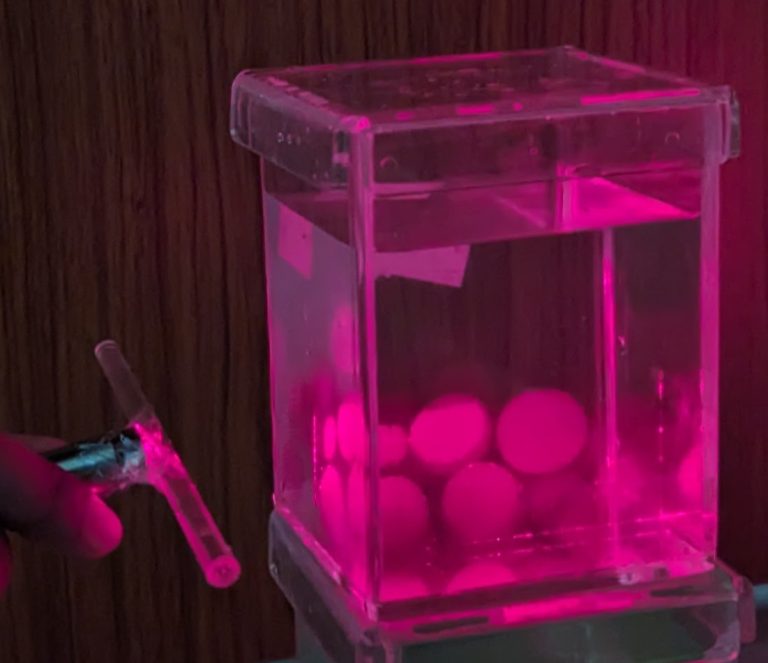
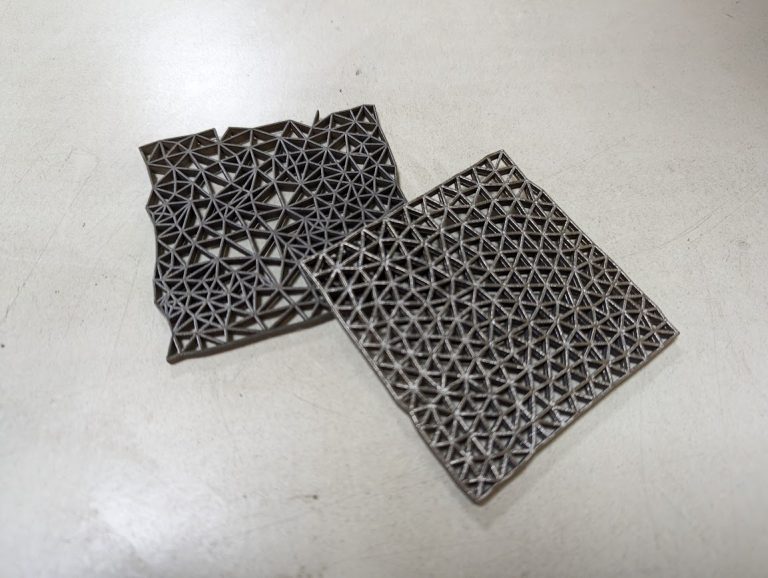

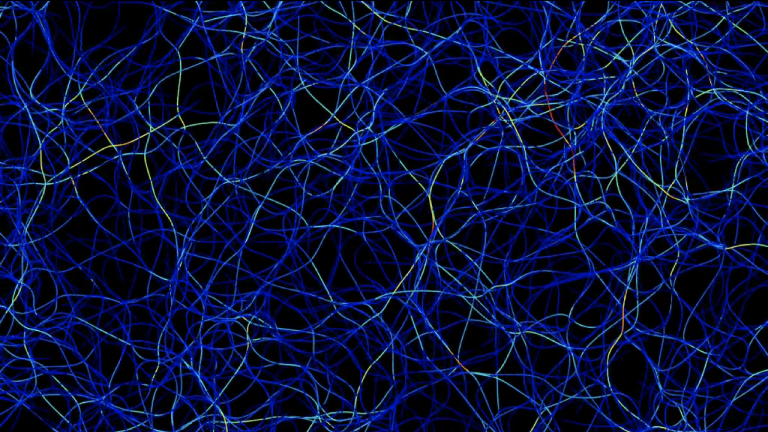
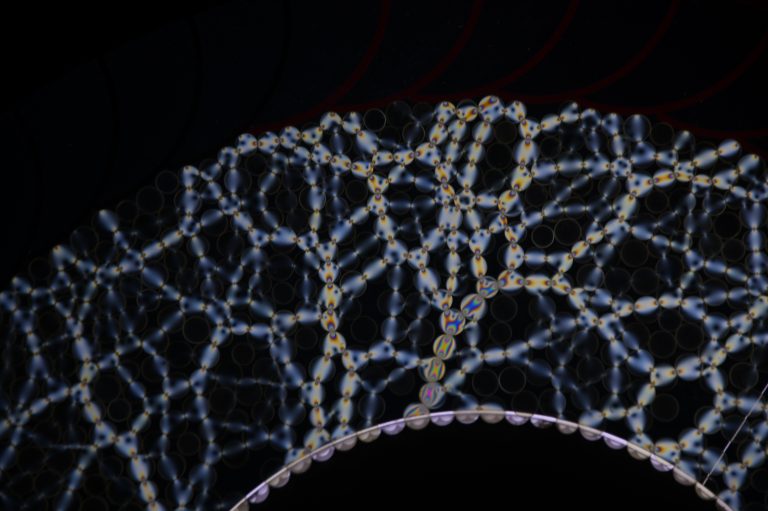
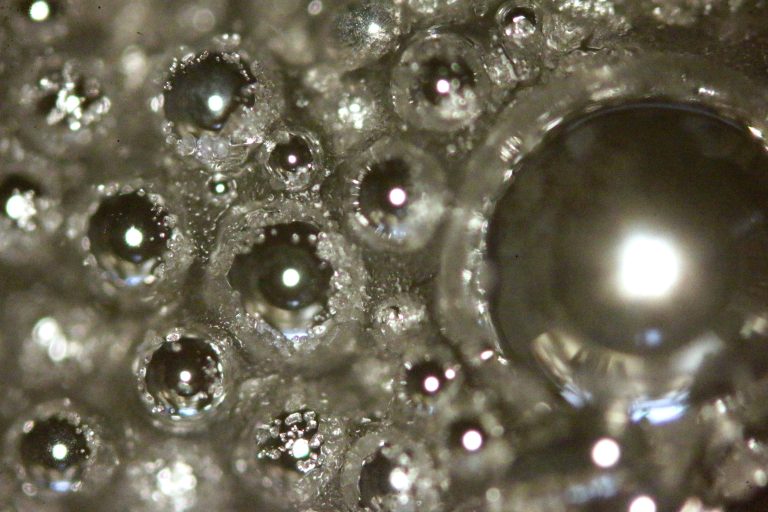
Venue

Sponsors

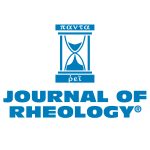






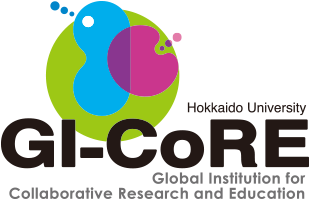


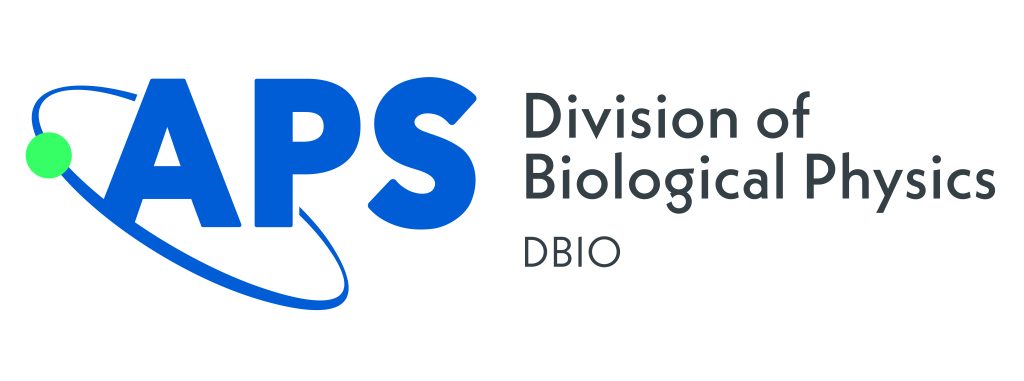
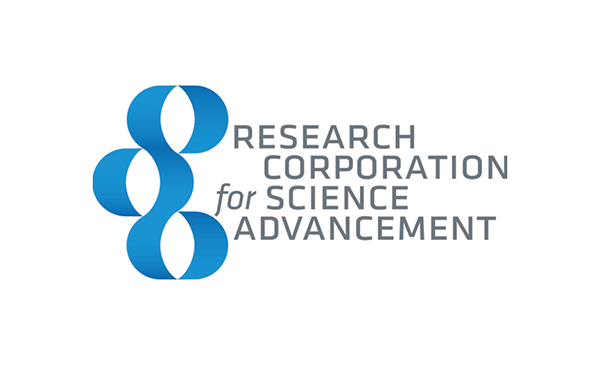
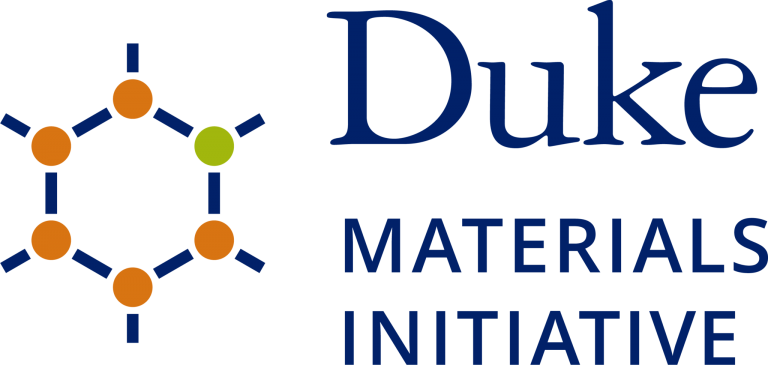


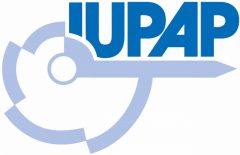
Free Circulation of Scientists: The principle of the Universality of Science is fundamental to scientific progress. This principle embodies freedom of movement, association, expression and communication for scientists, as well as equitable access to data, information and research materials. In pursuing its objectives with respect to the rights and responsibilities of scientists, the International Union of Pure and Applied Physics (IUPAP) actively upholds this principle, and, in so doing, opposes any discrimination on the basis of such factors as ethnic origin, religion, citizenship, language, political stance, gender, or age. IUPAP should only sponsor conferences and events at institutions and in countries that uphold this principle. If scientists are excluded from attending IUPAP-sponsored international conferences by a host institution or country on the basis of any of these factors, IUPAP should register its concern at the highest level of that institution or country, and should not sponsor any future events in that country until such exclusions have been eliminated.
Harassment at Conferences: It is the policy of the International Union of Pure and Applied Physics (IUPAP) that all participants at an IUPAP-supported Conference will enjoy a comfortable experience, and that they will treat each other with respect at all times. The conference organisers will appoint two advisors at the conference who will consult with those who have suffered from harassment and who will suggest ways of redressing their problems, and an advisor who will counsel those accused of harassment.
